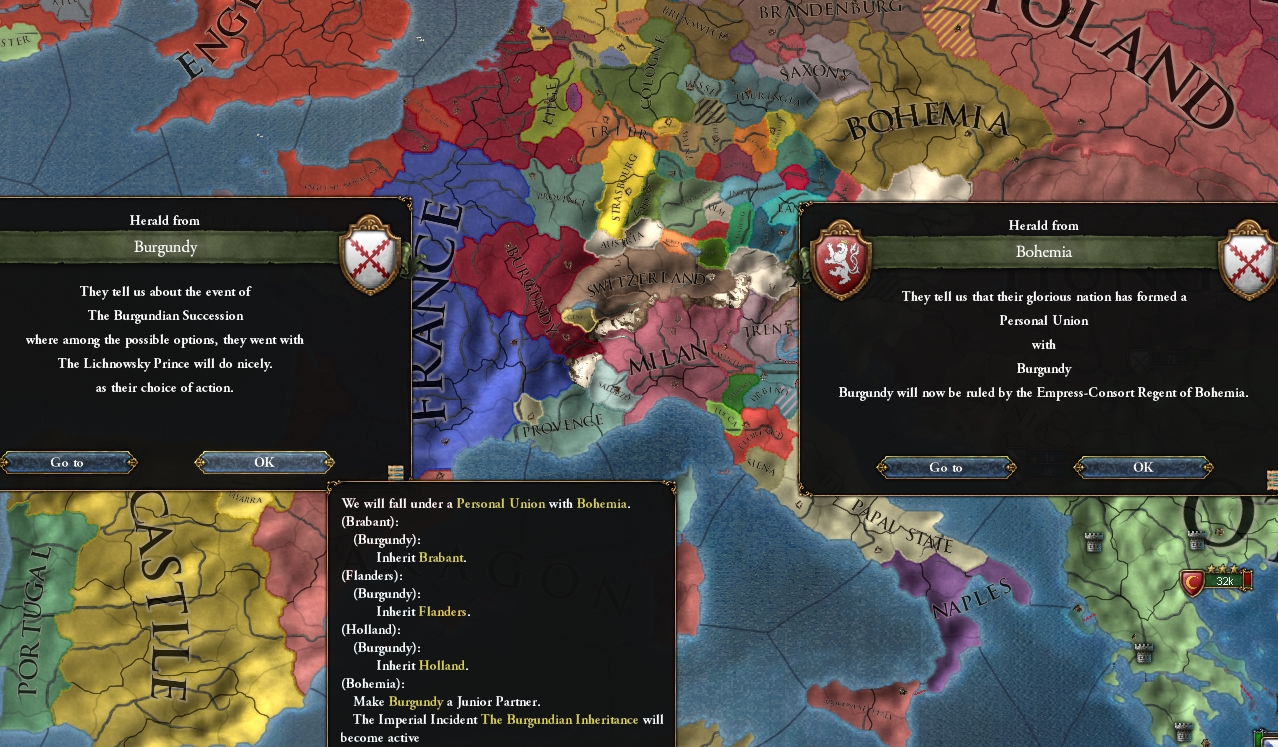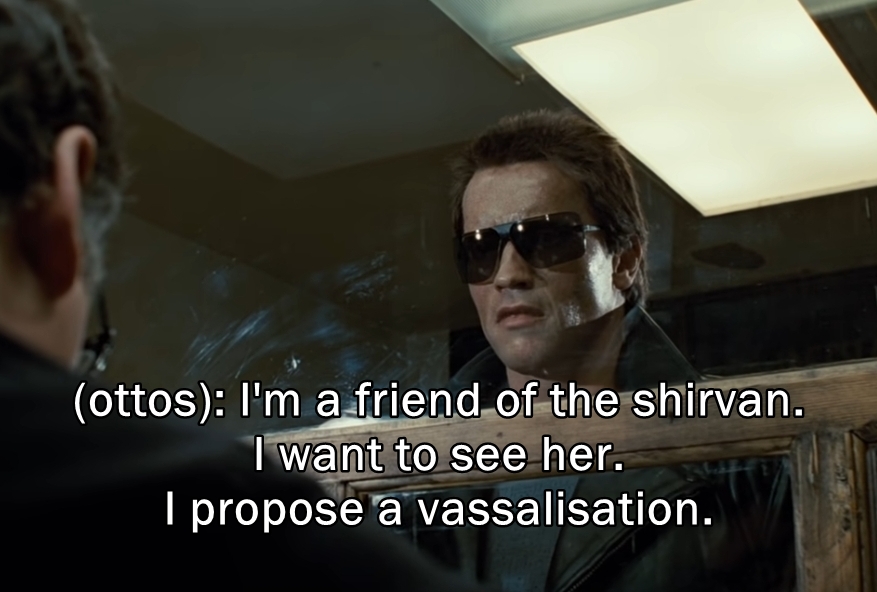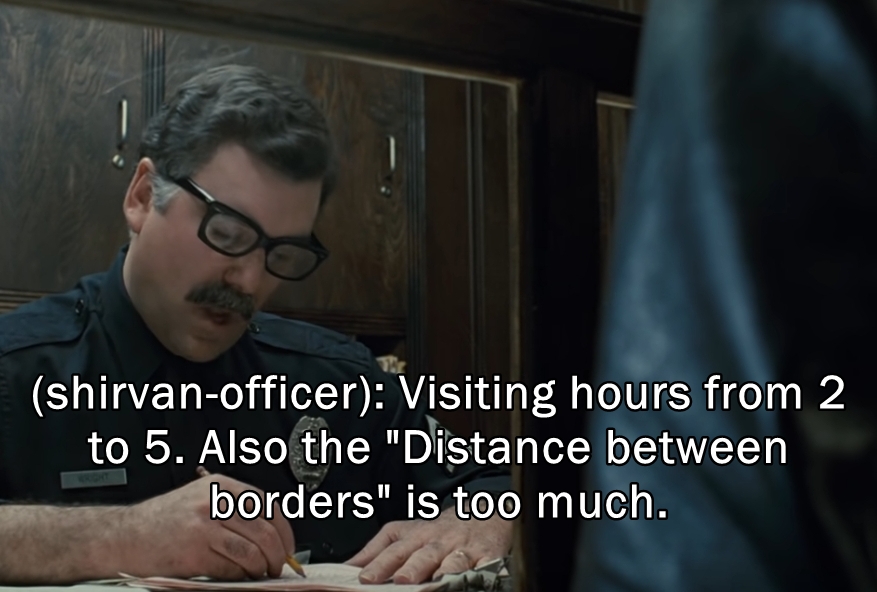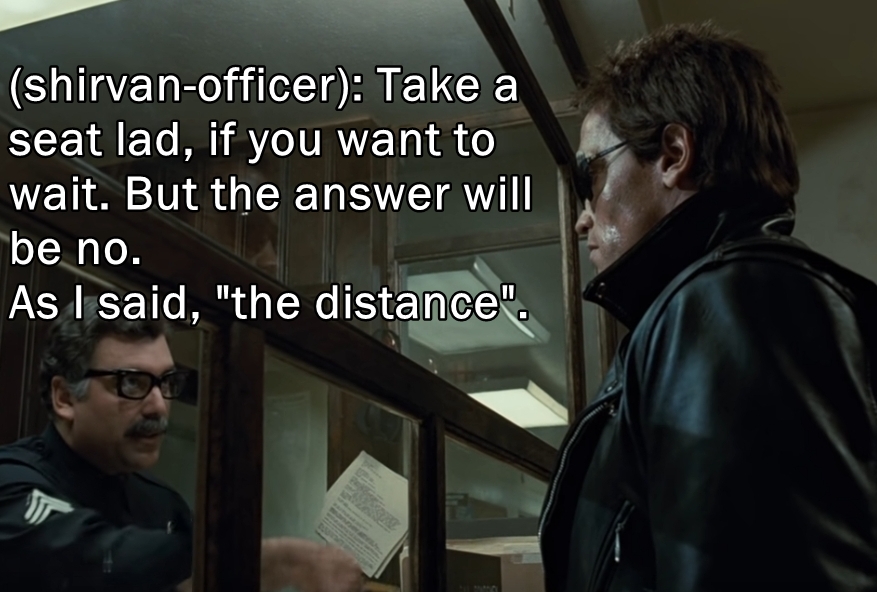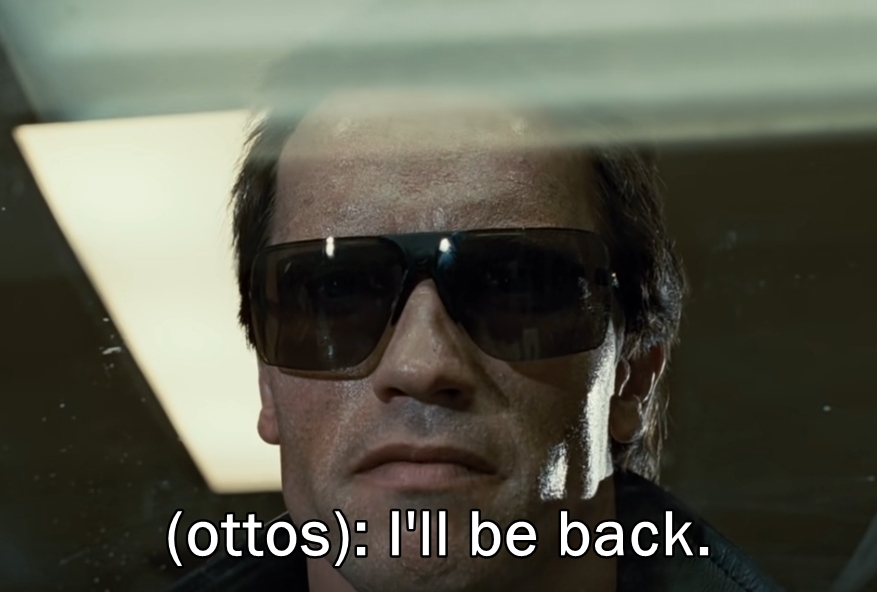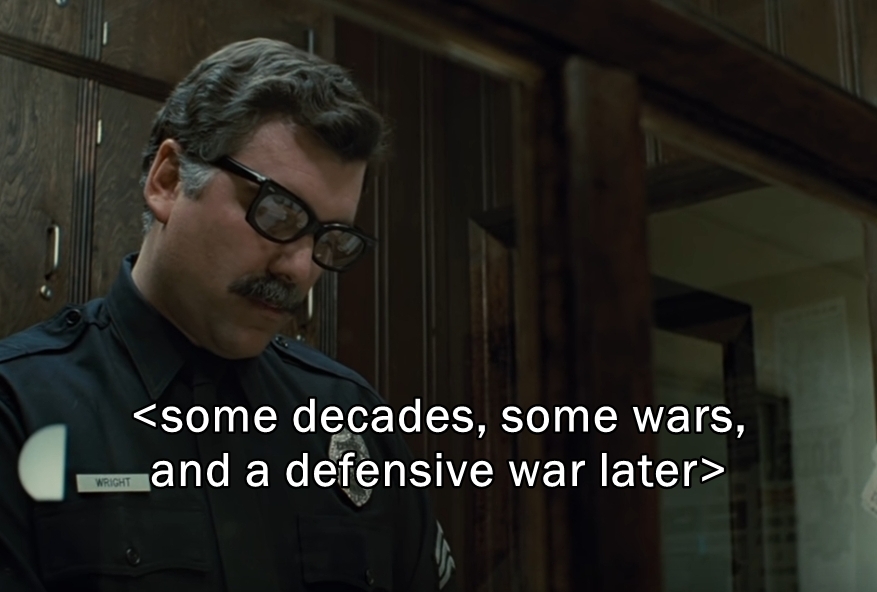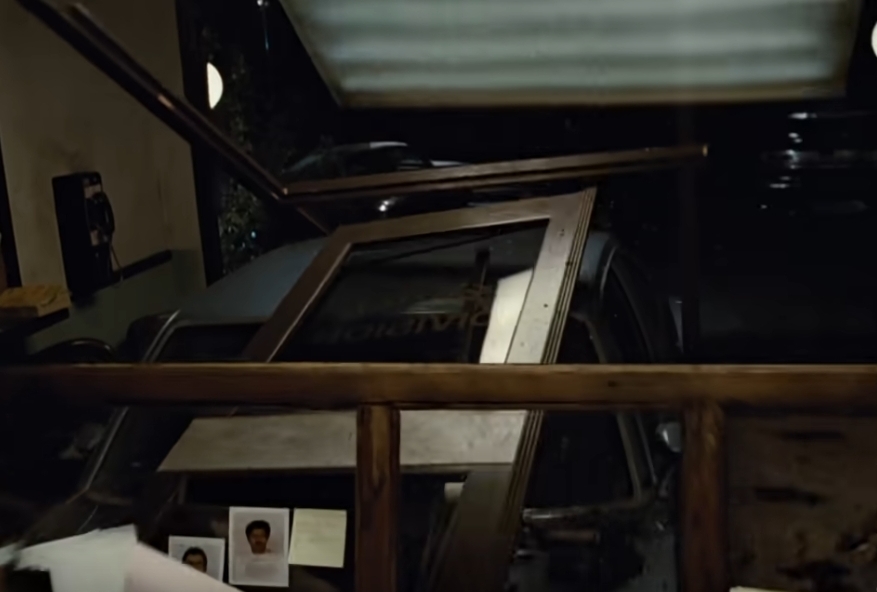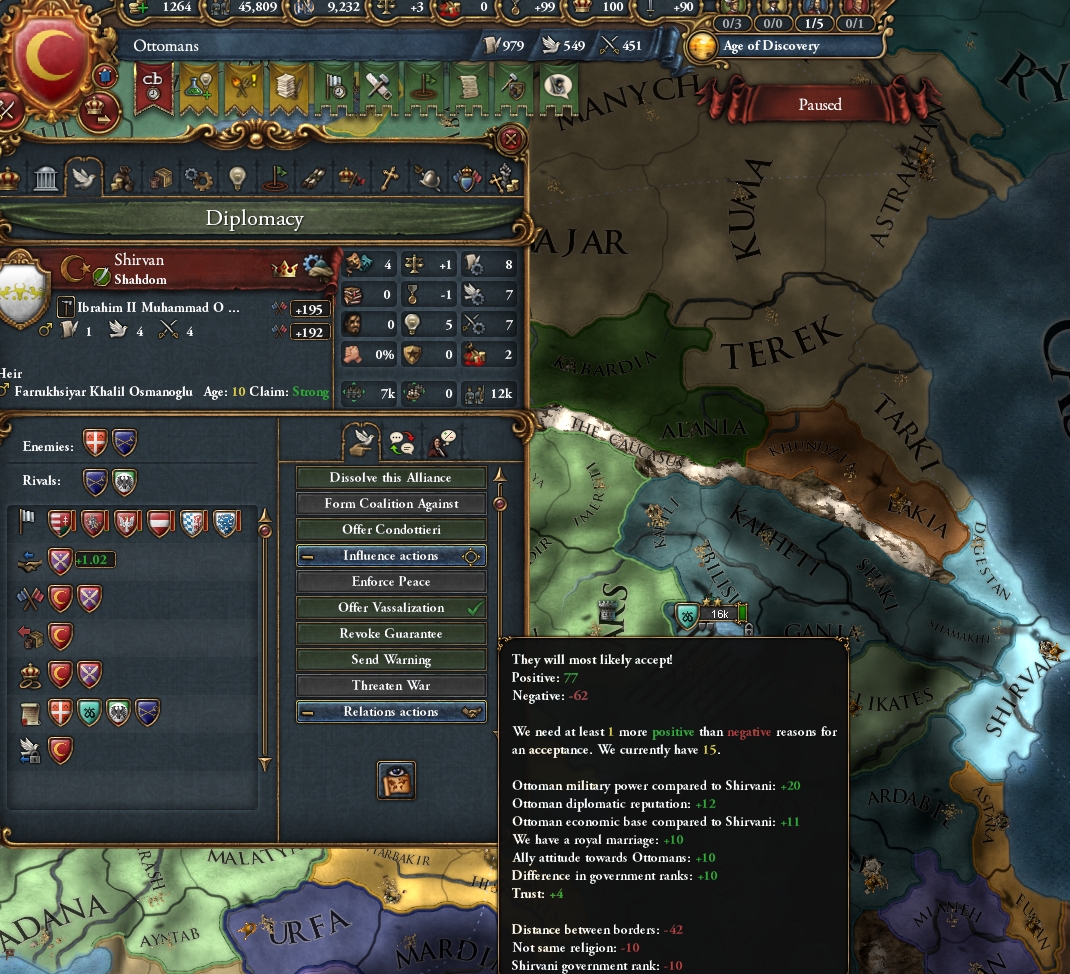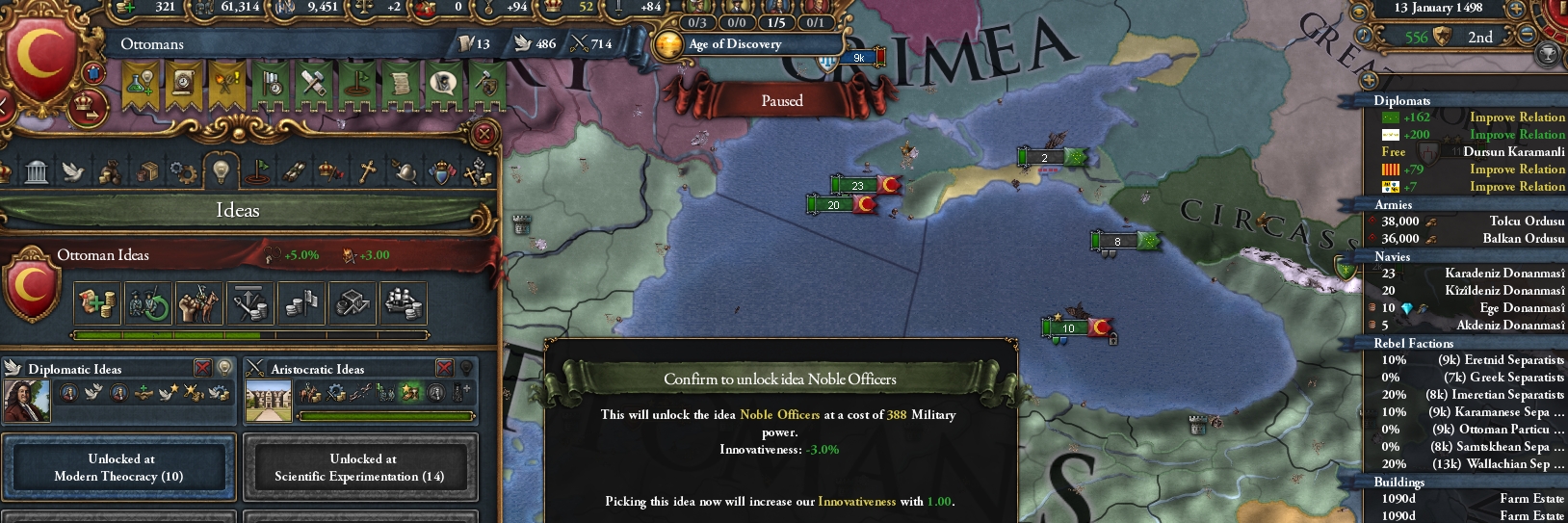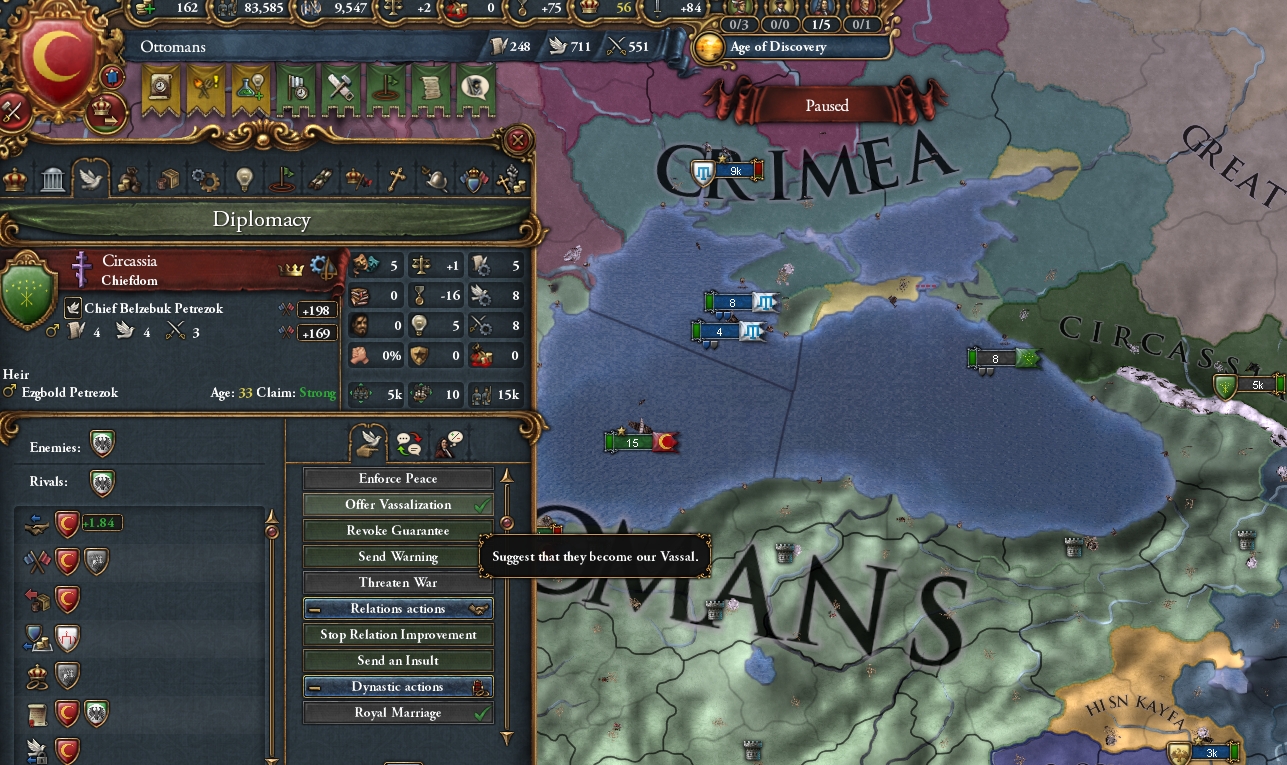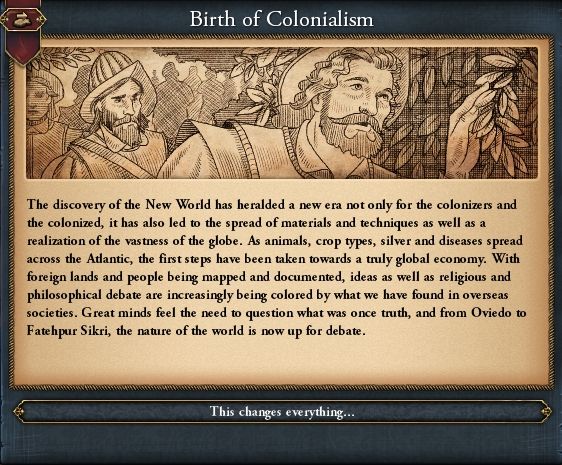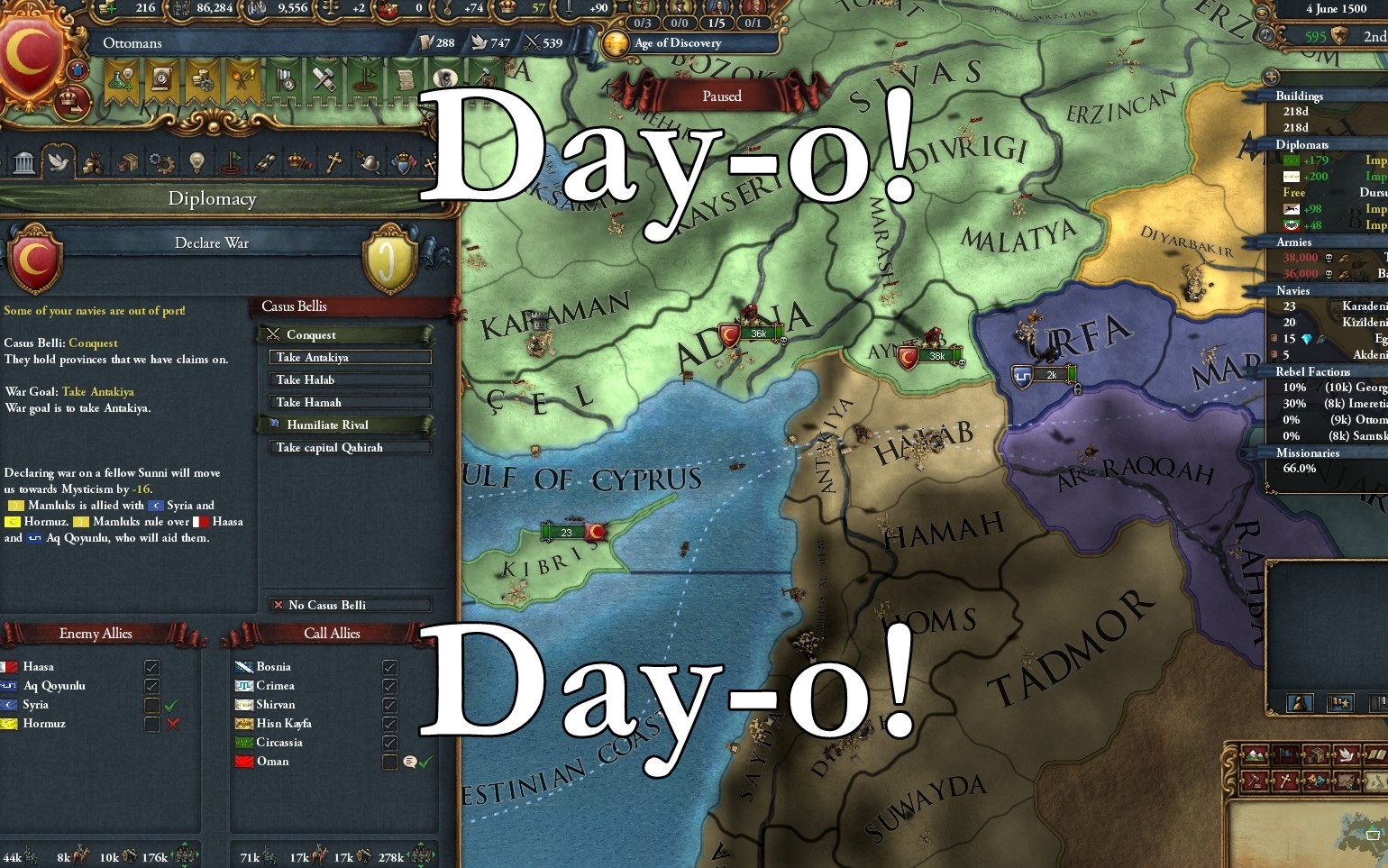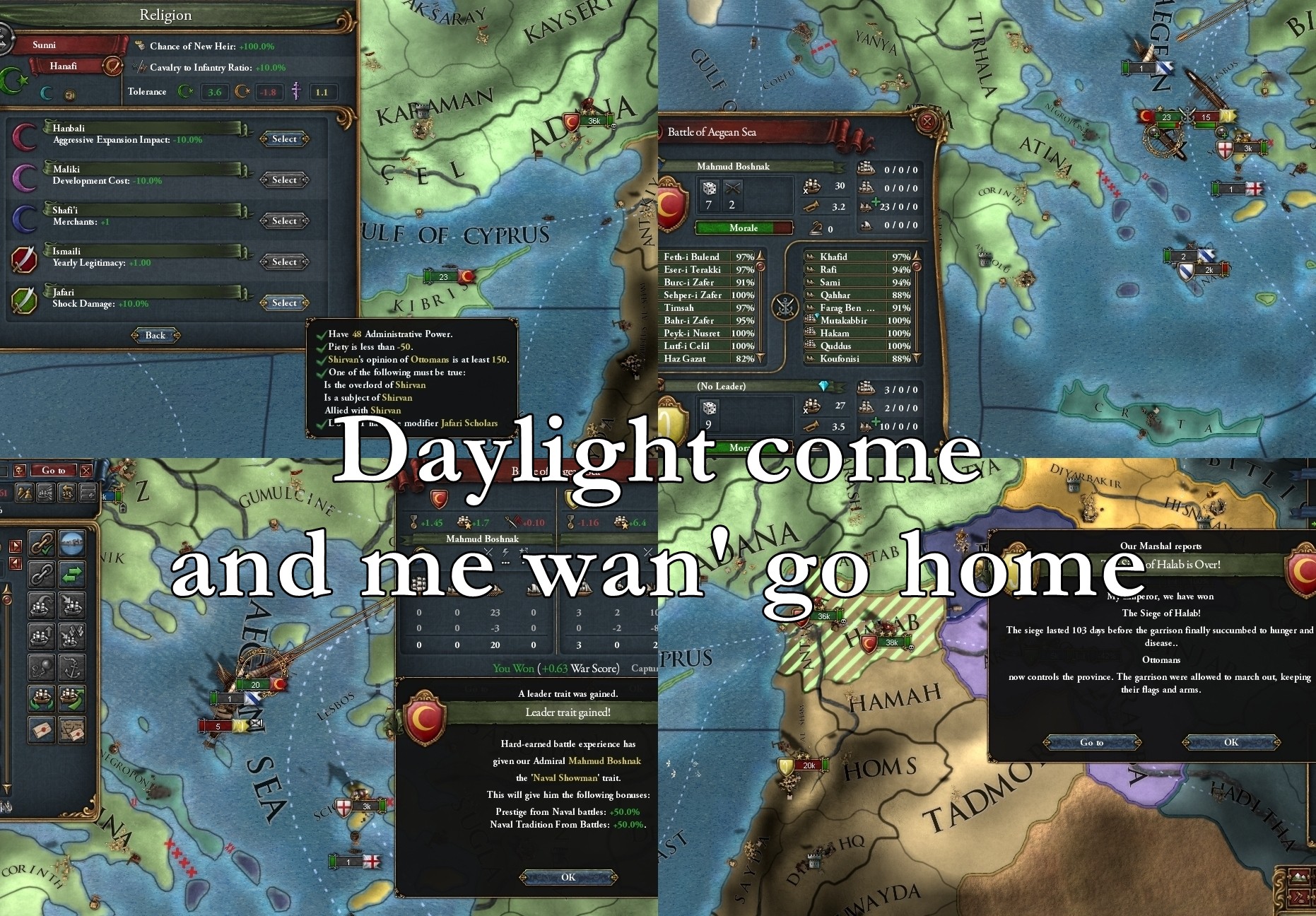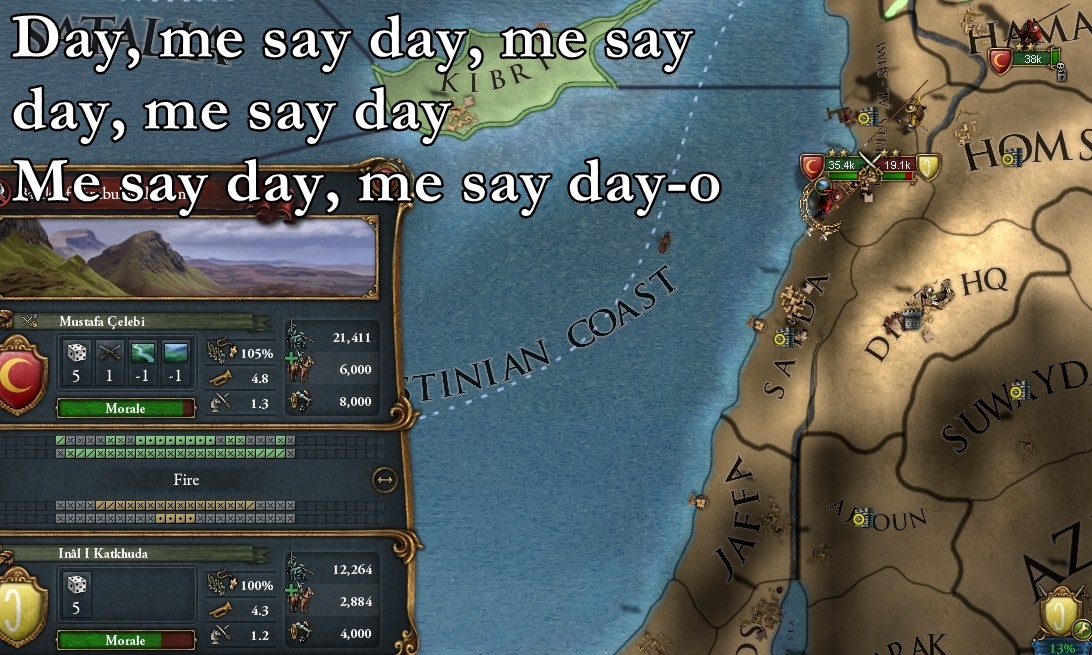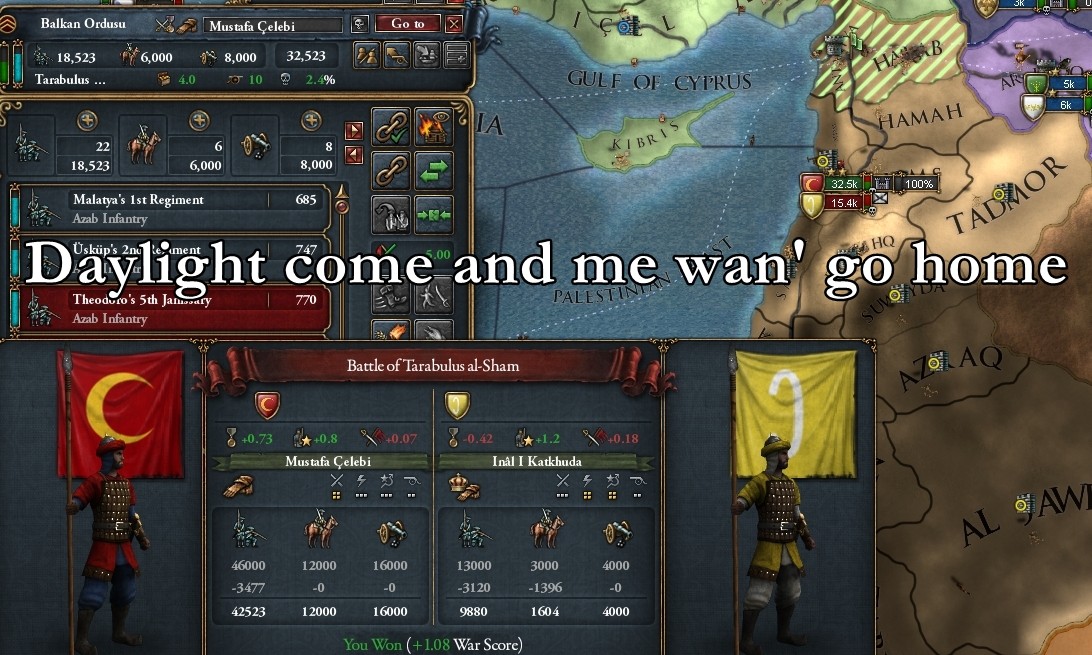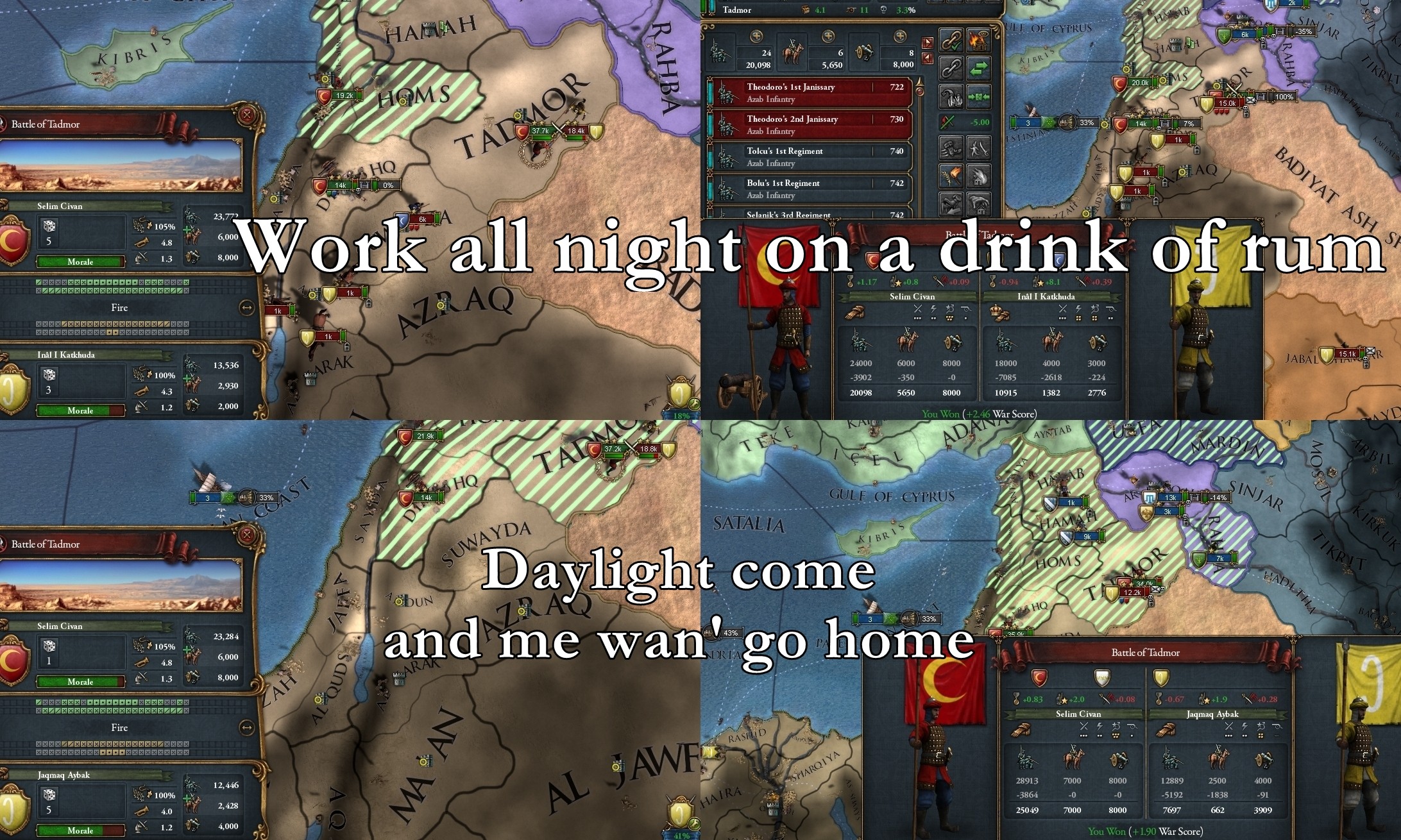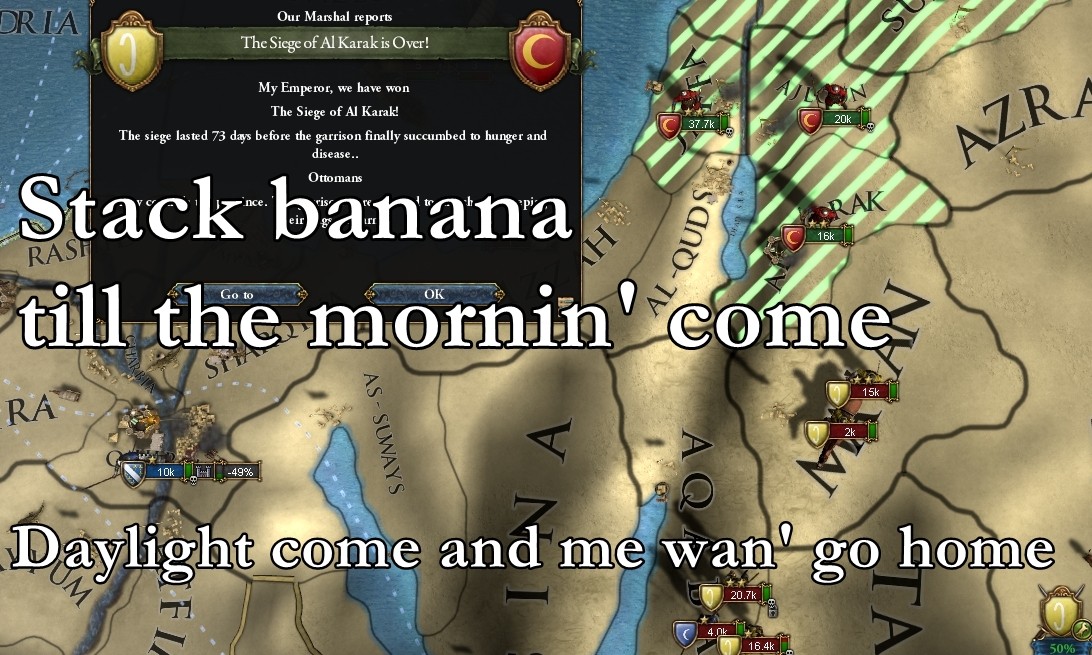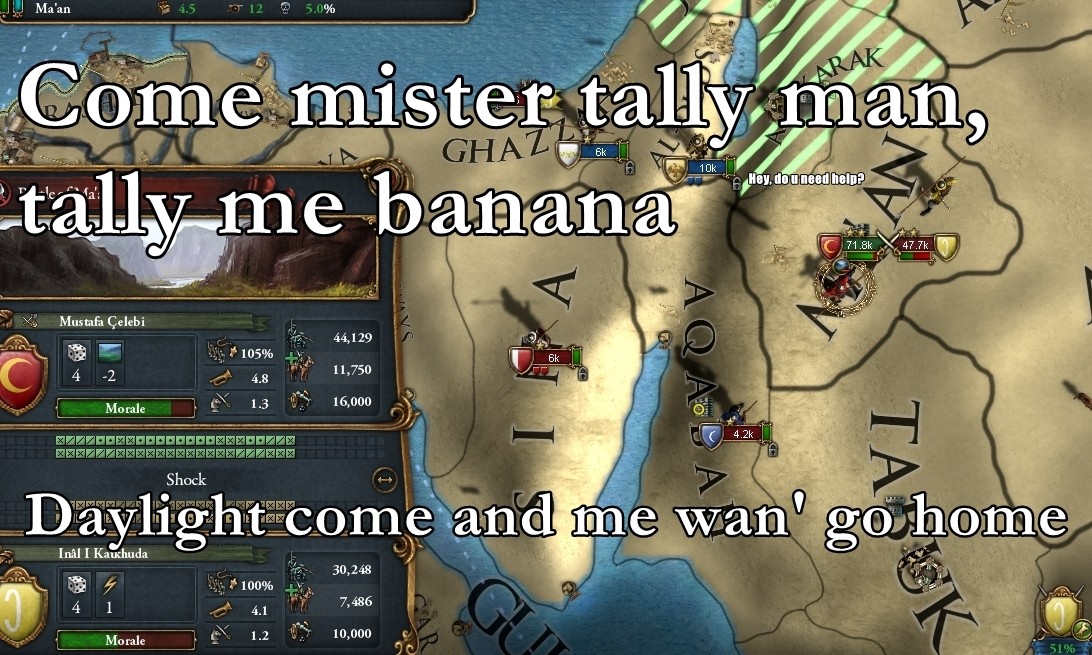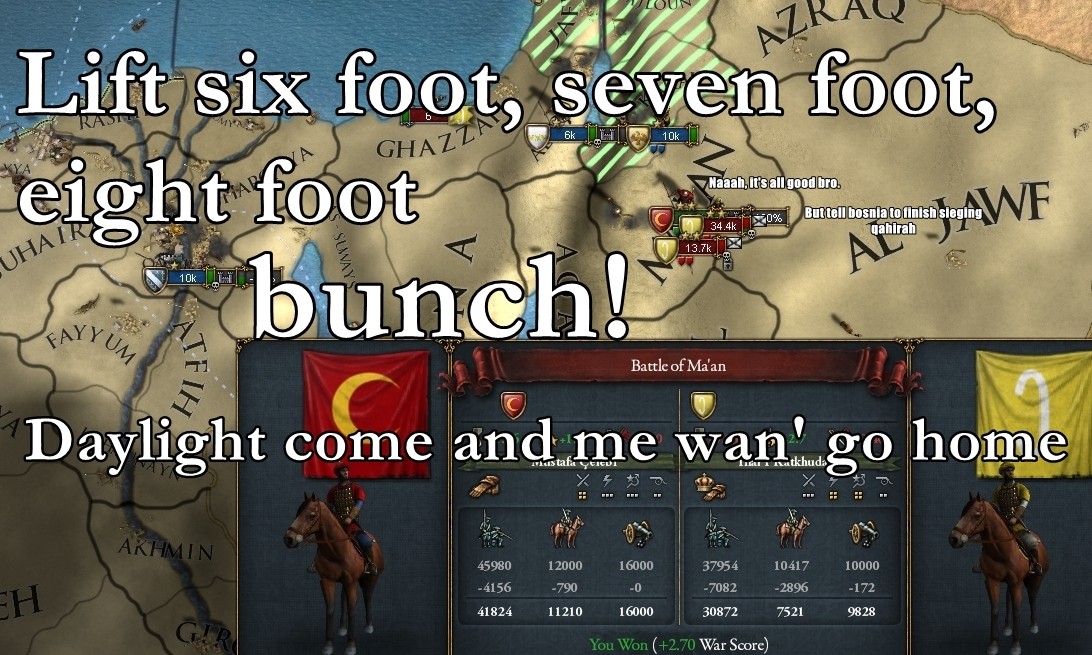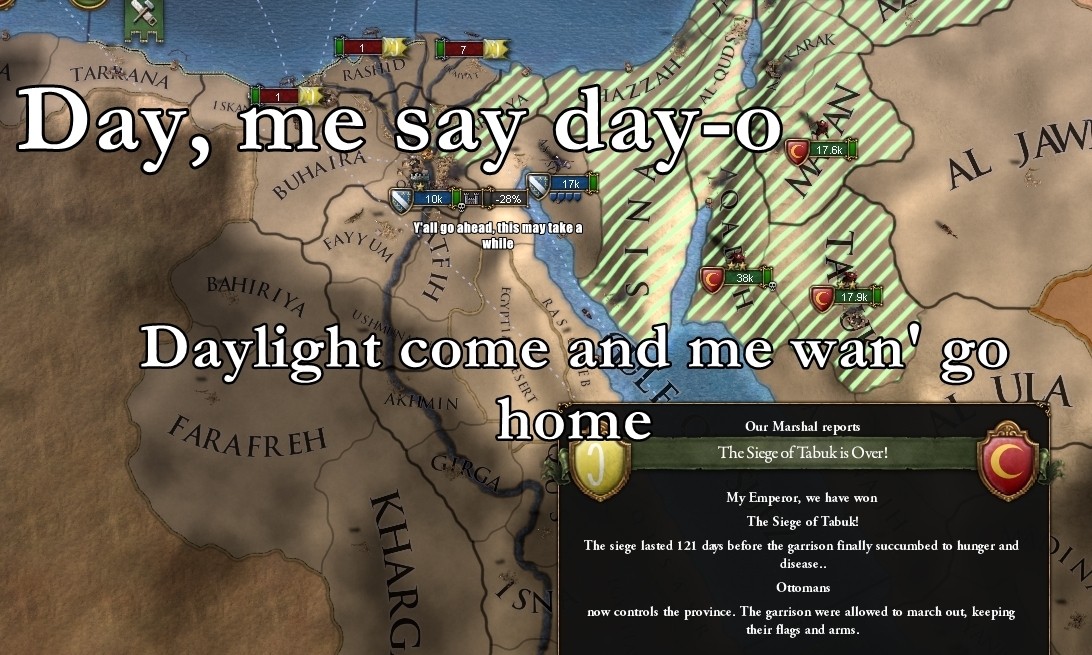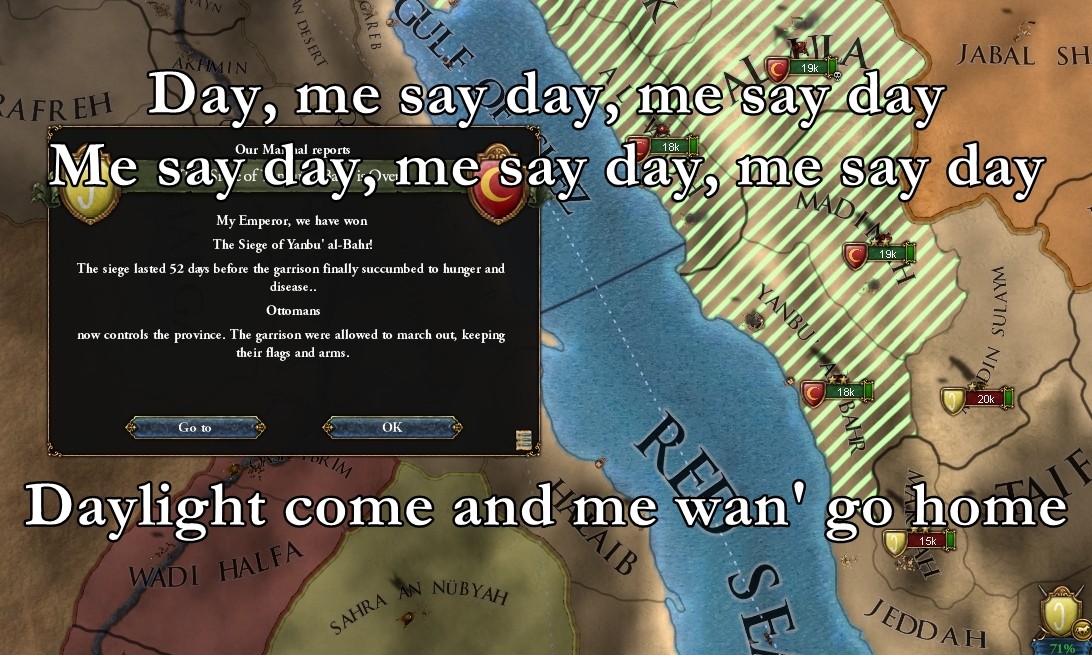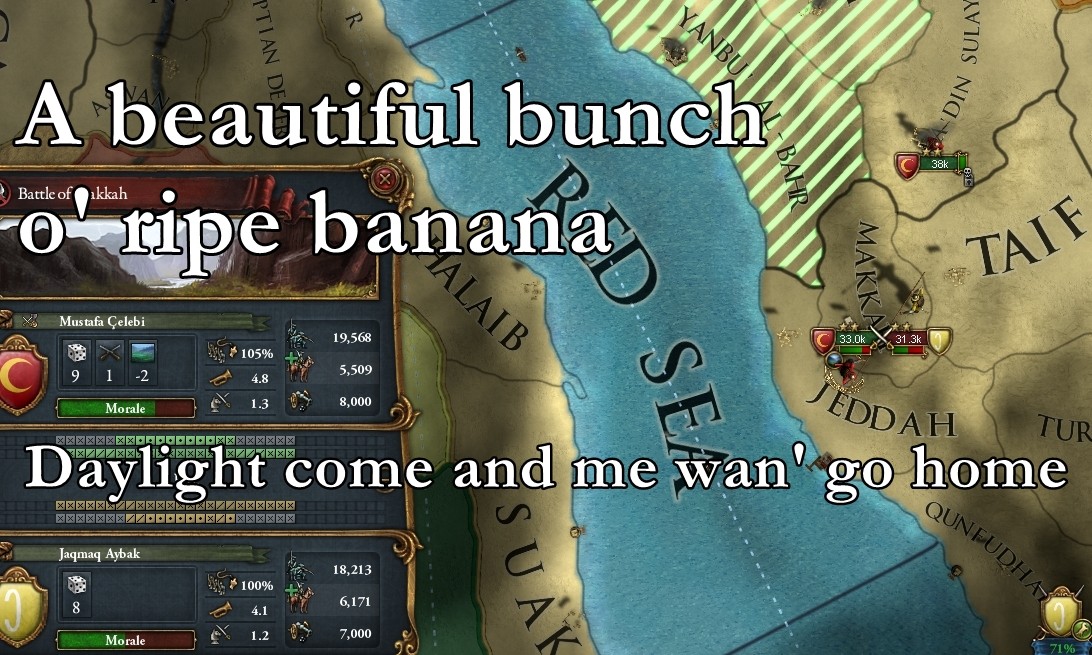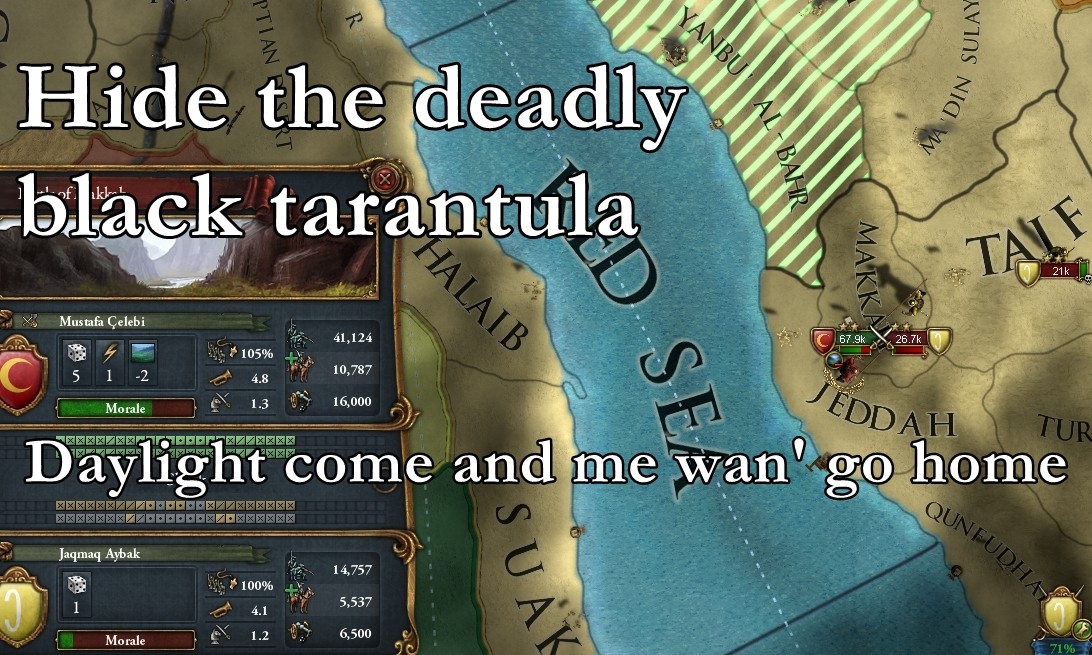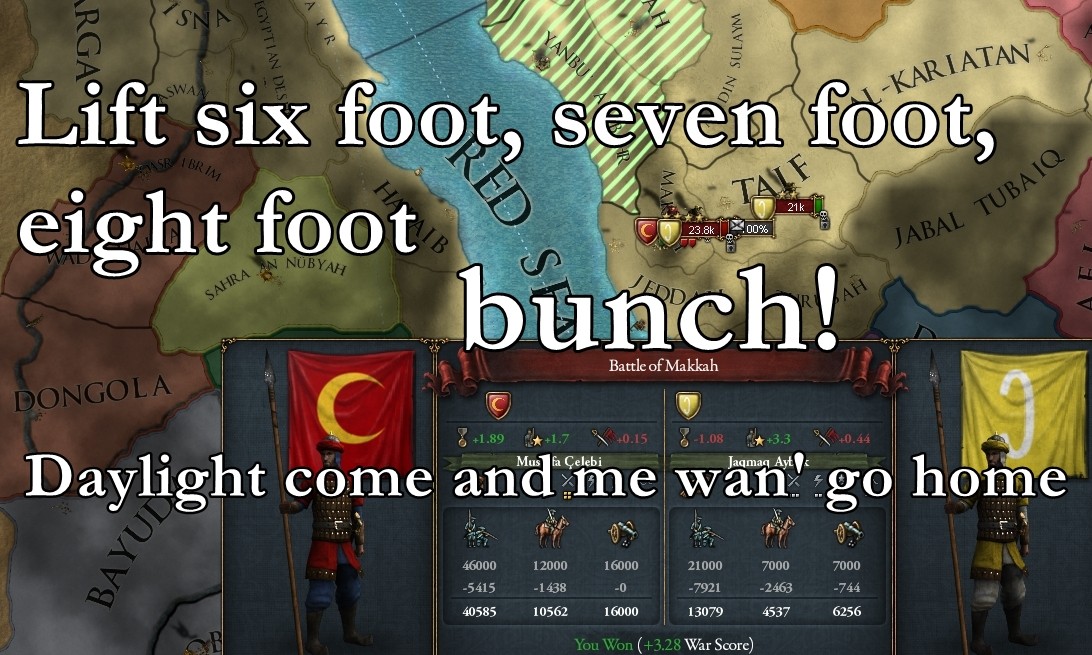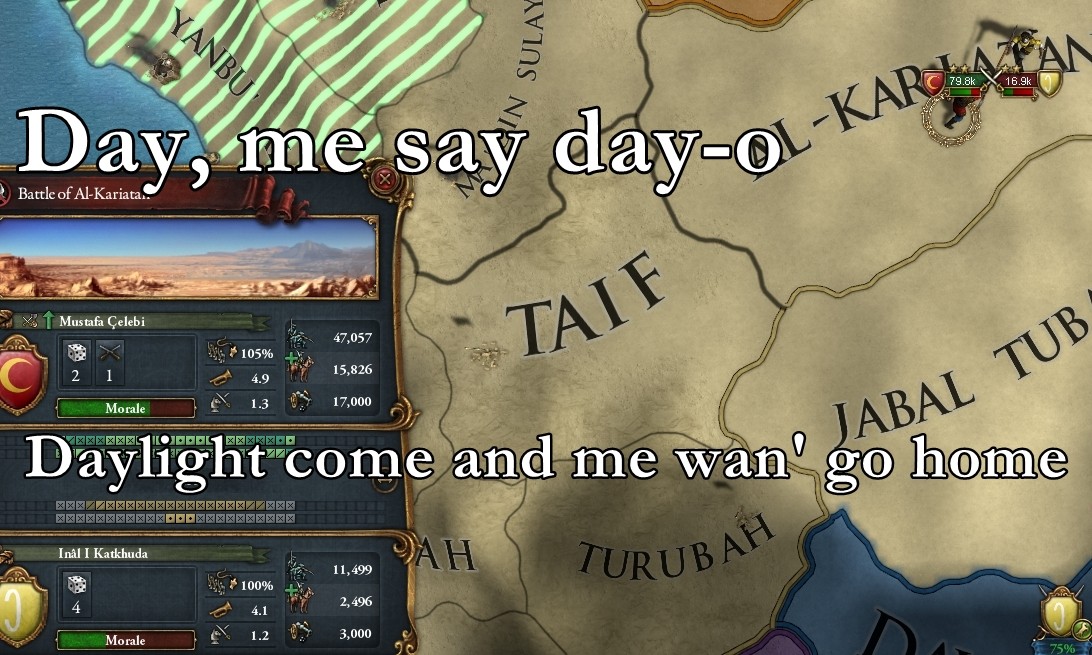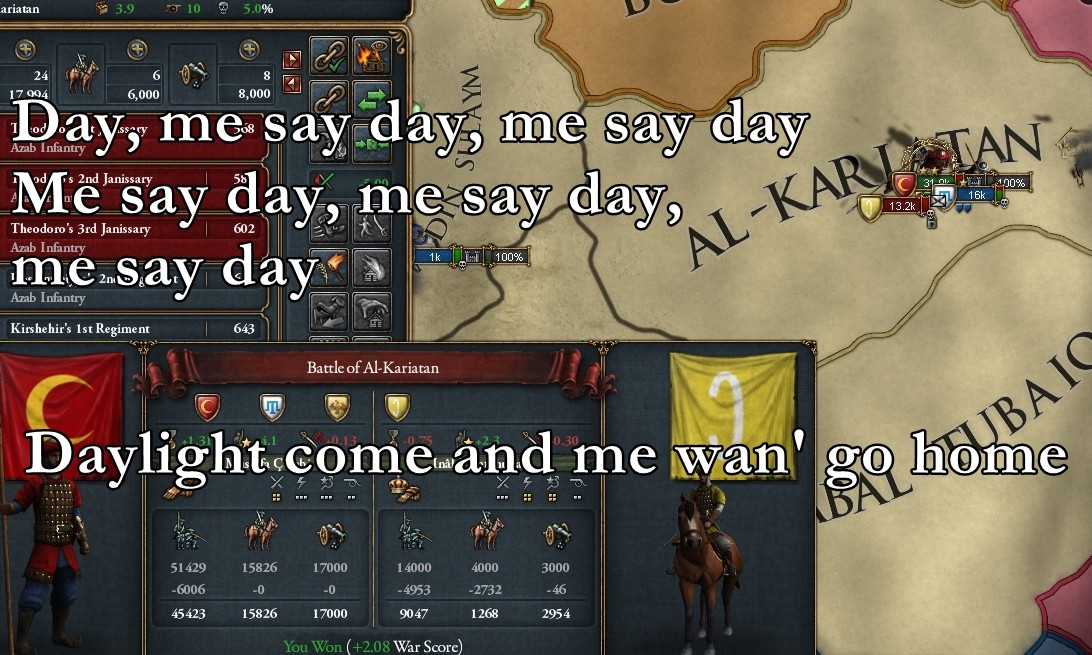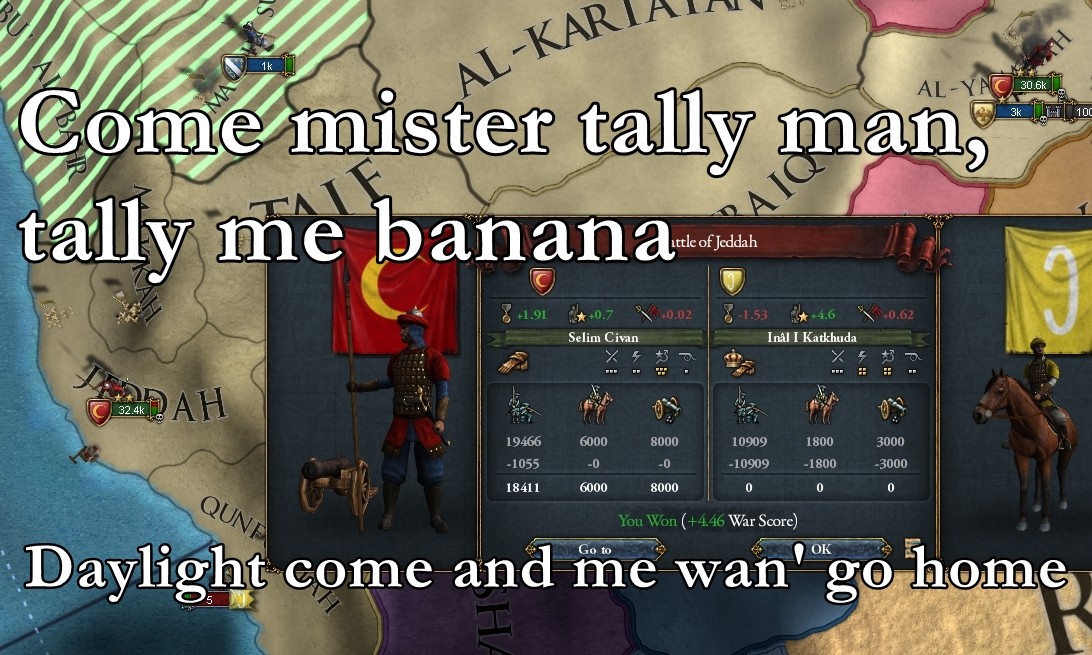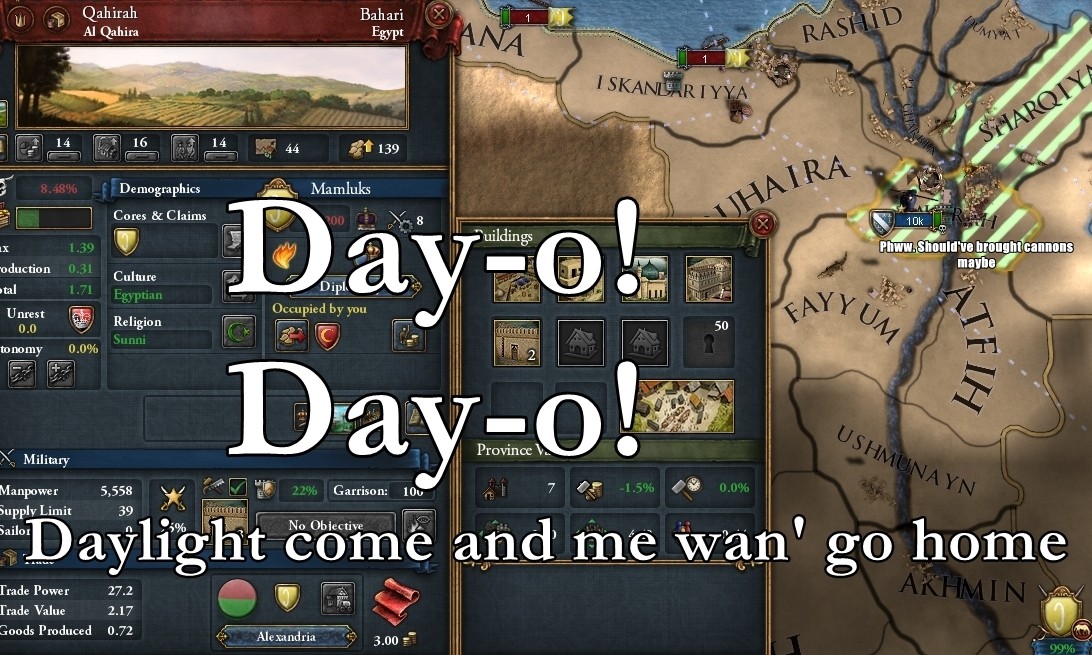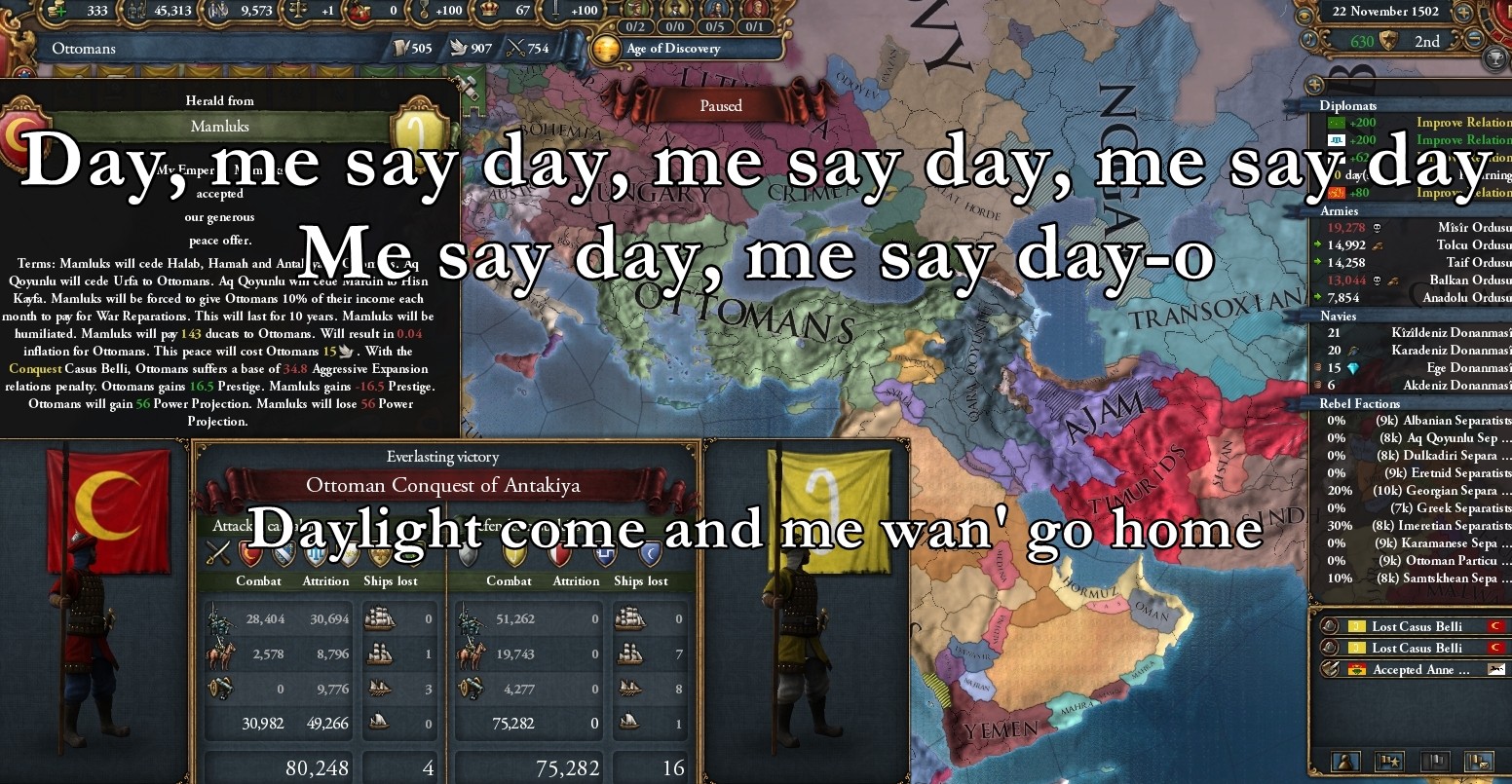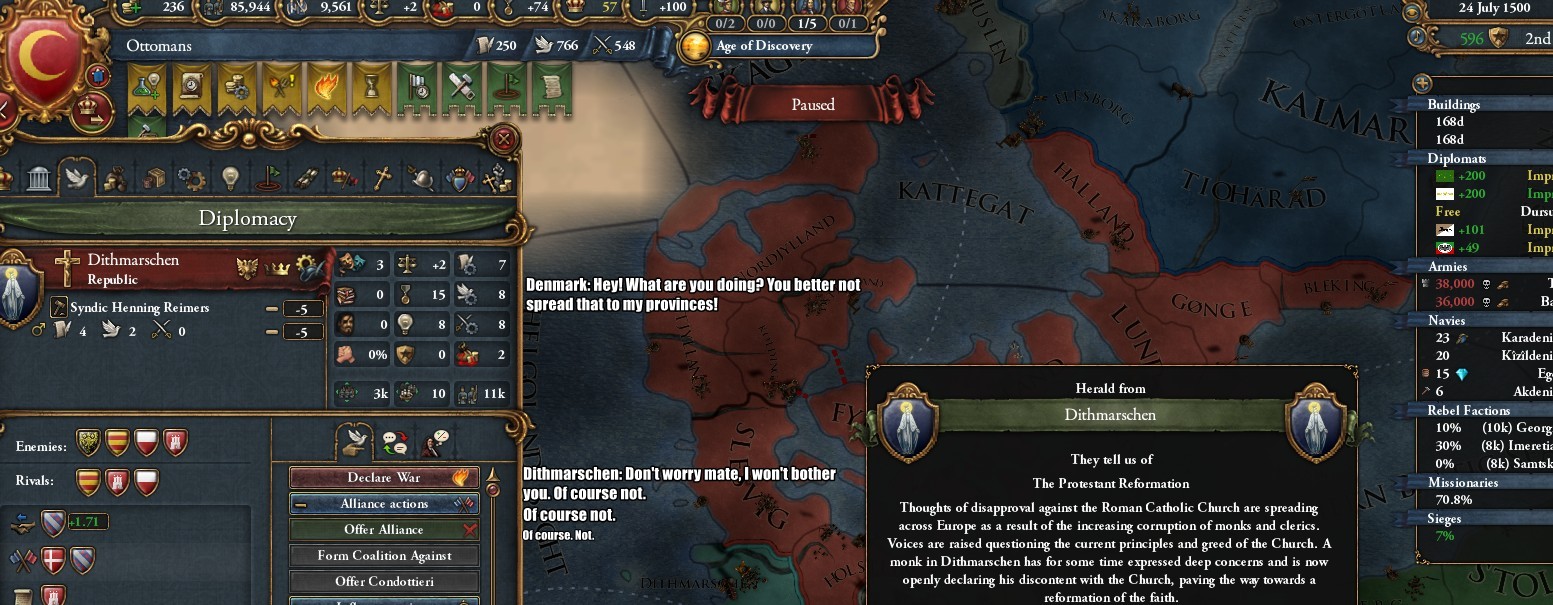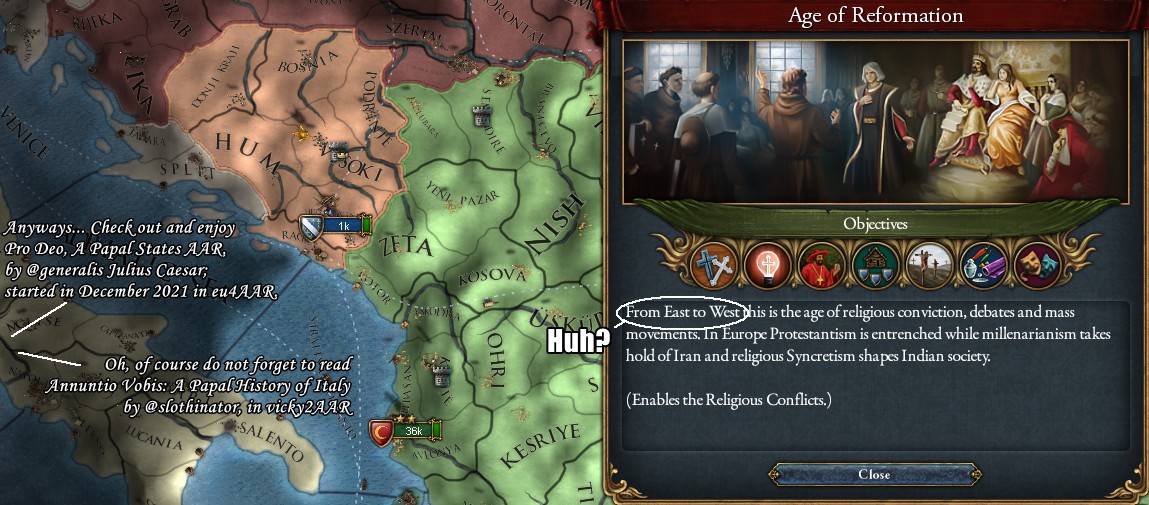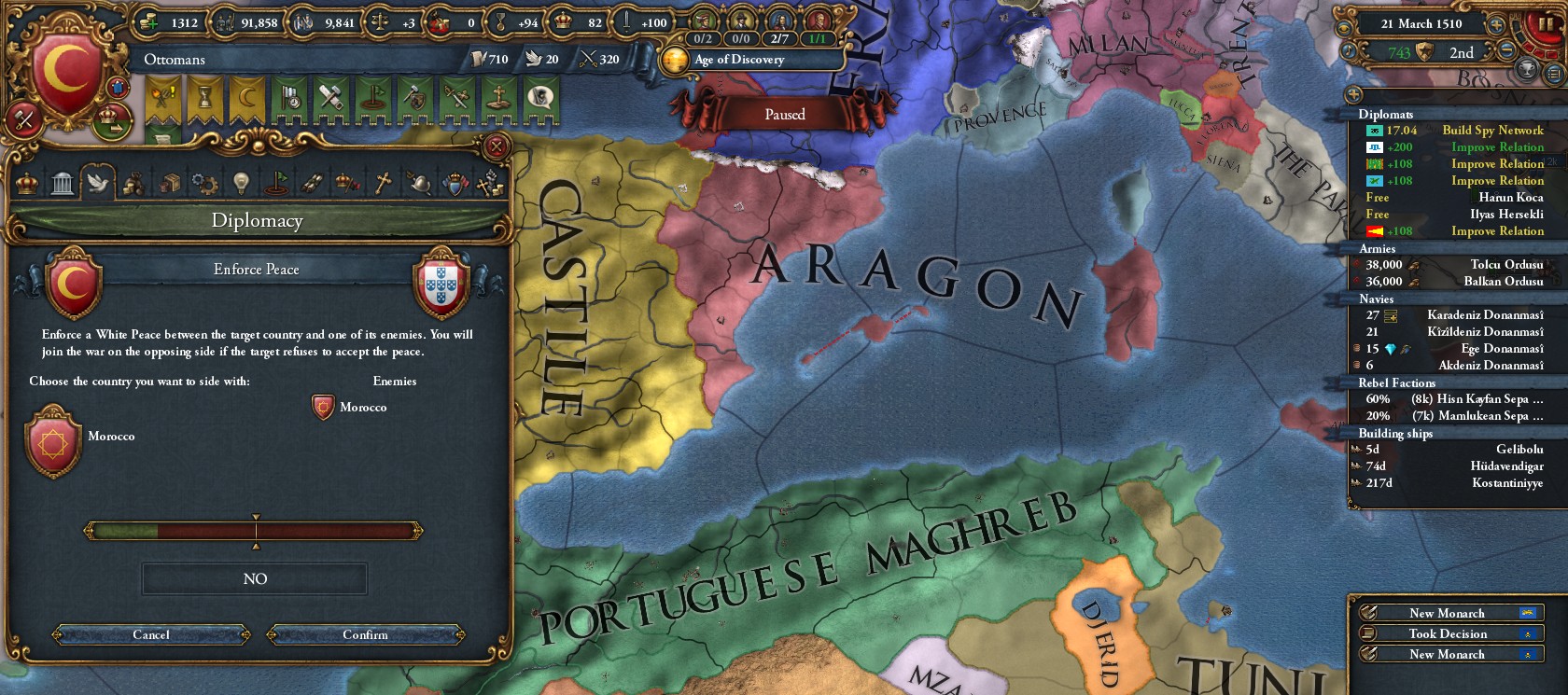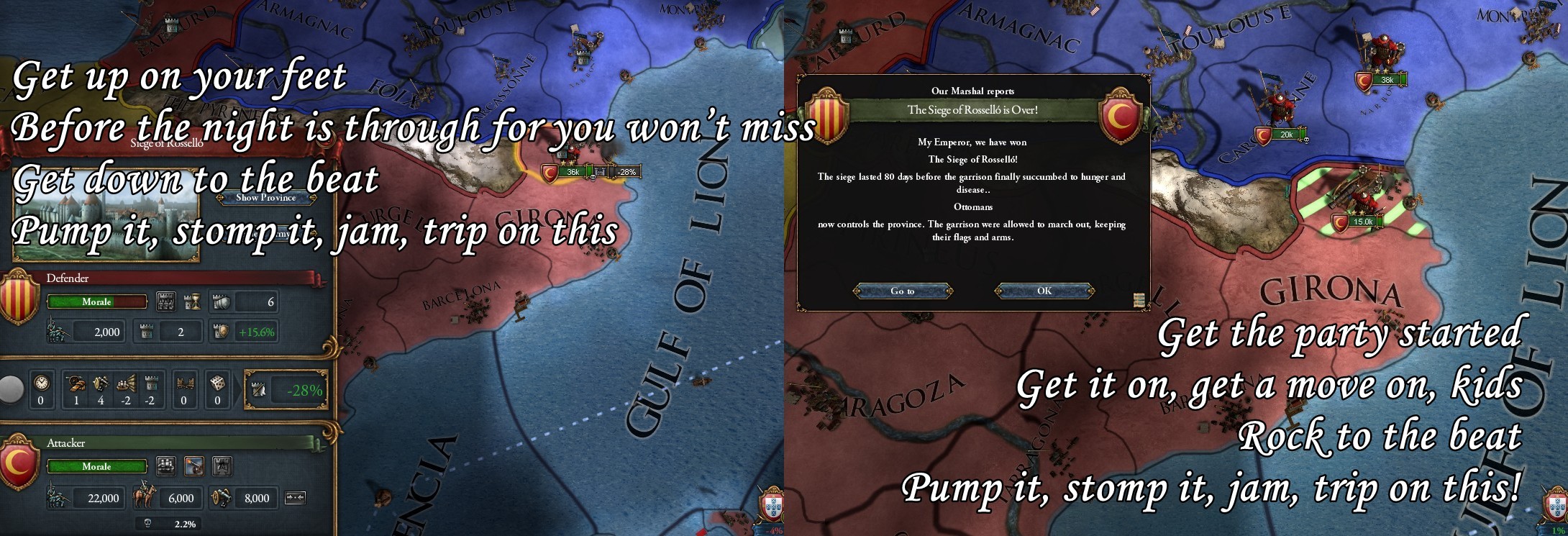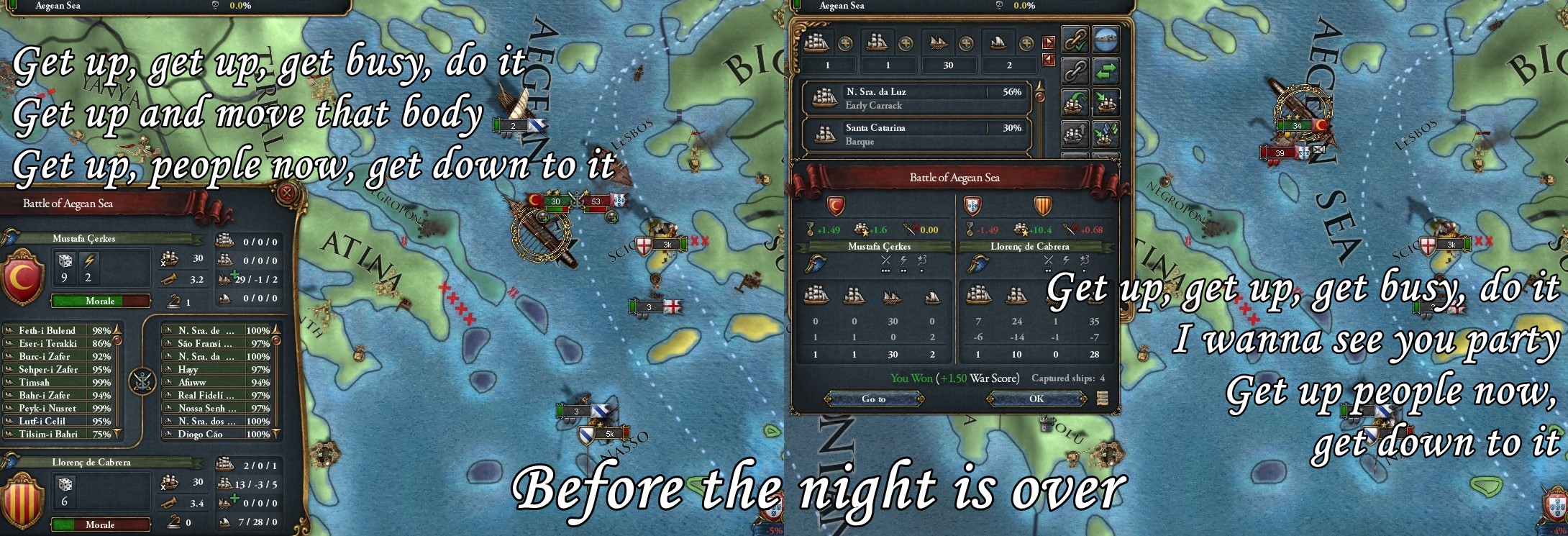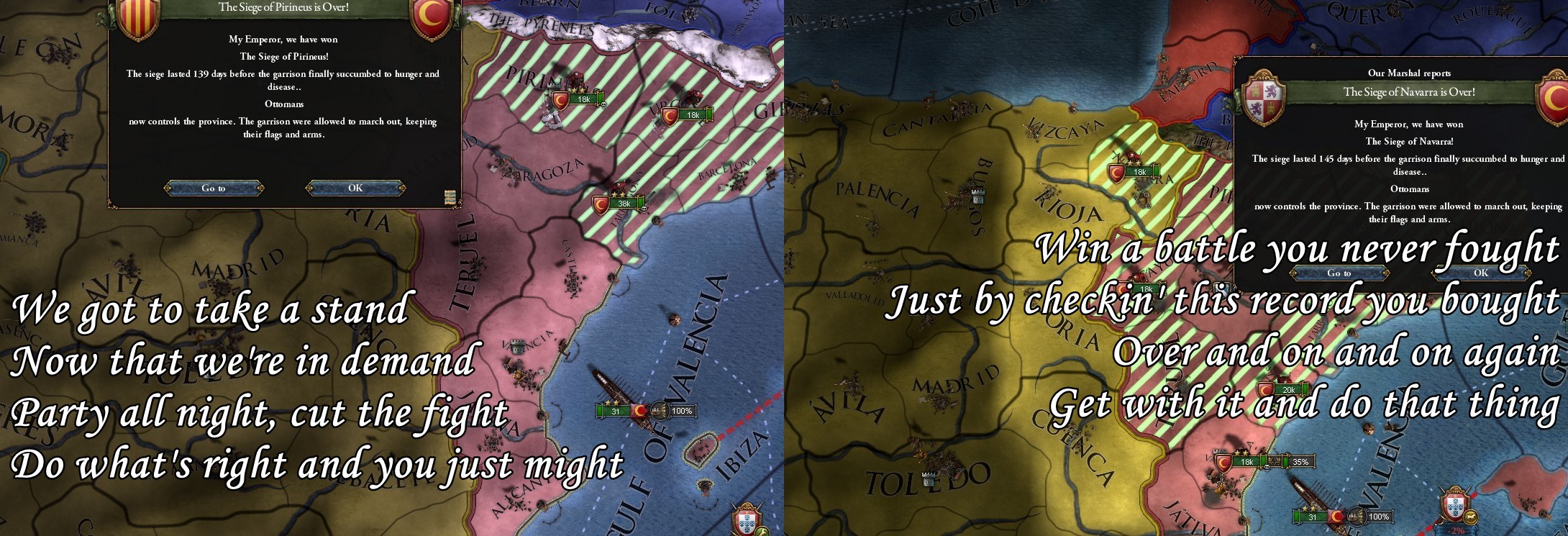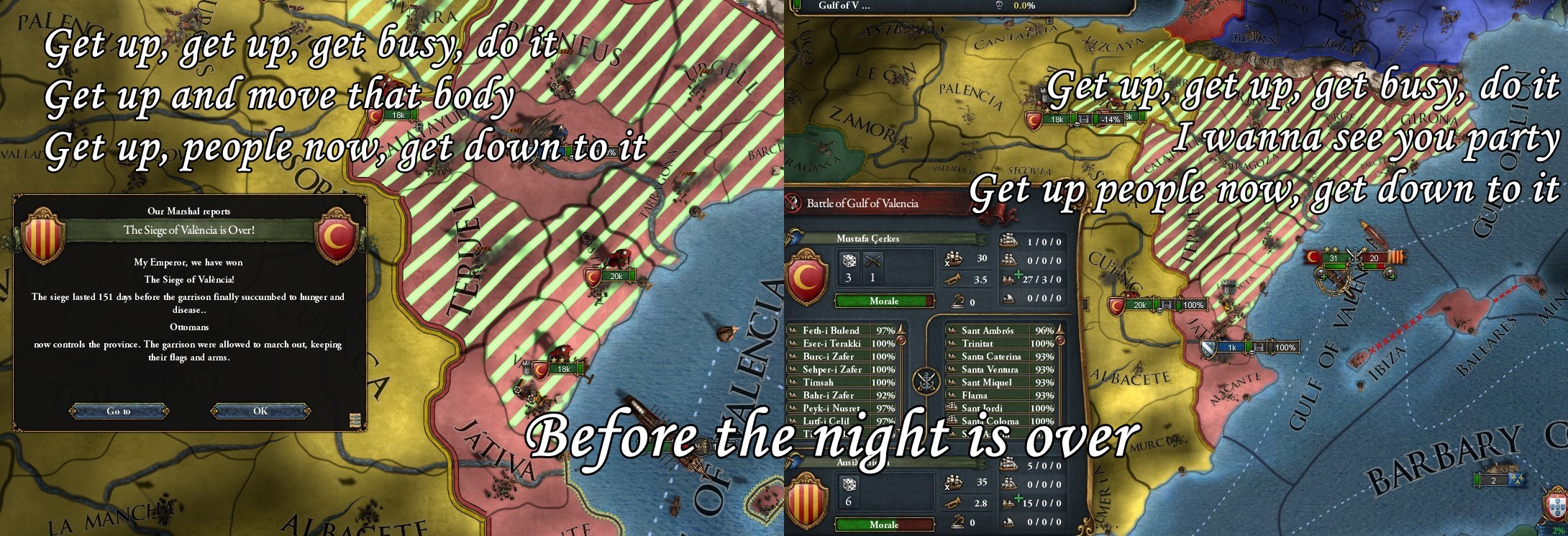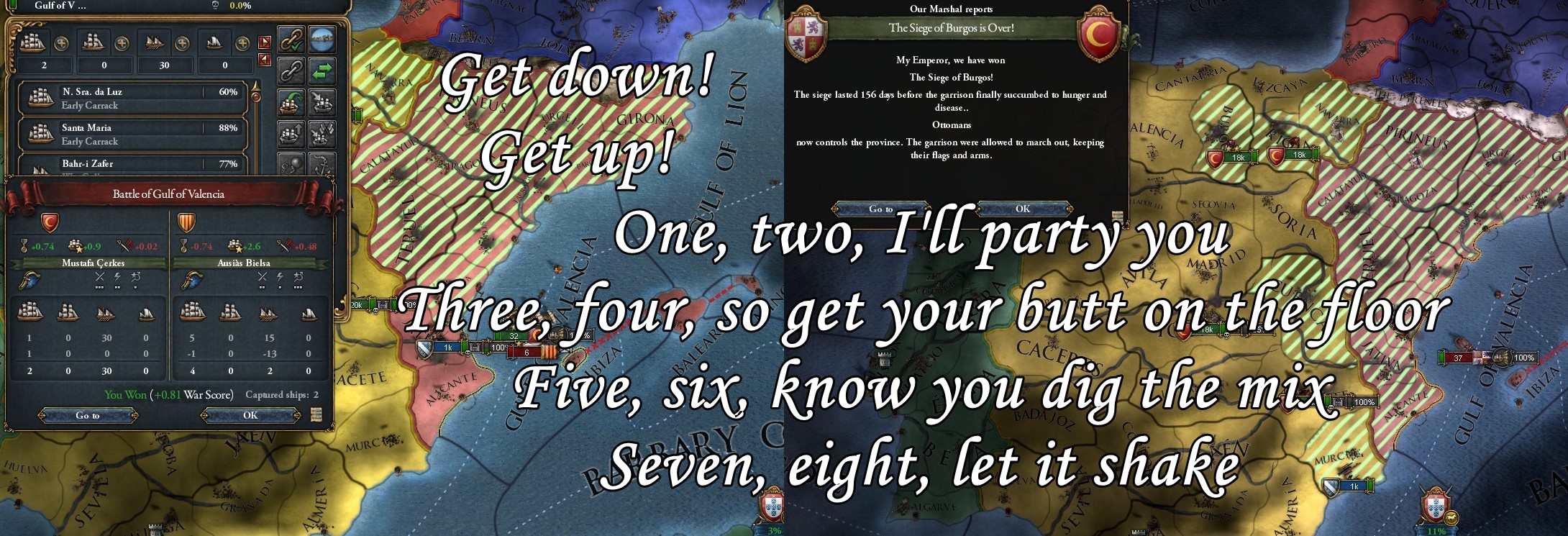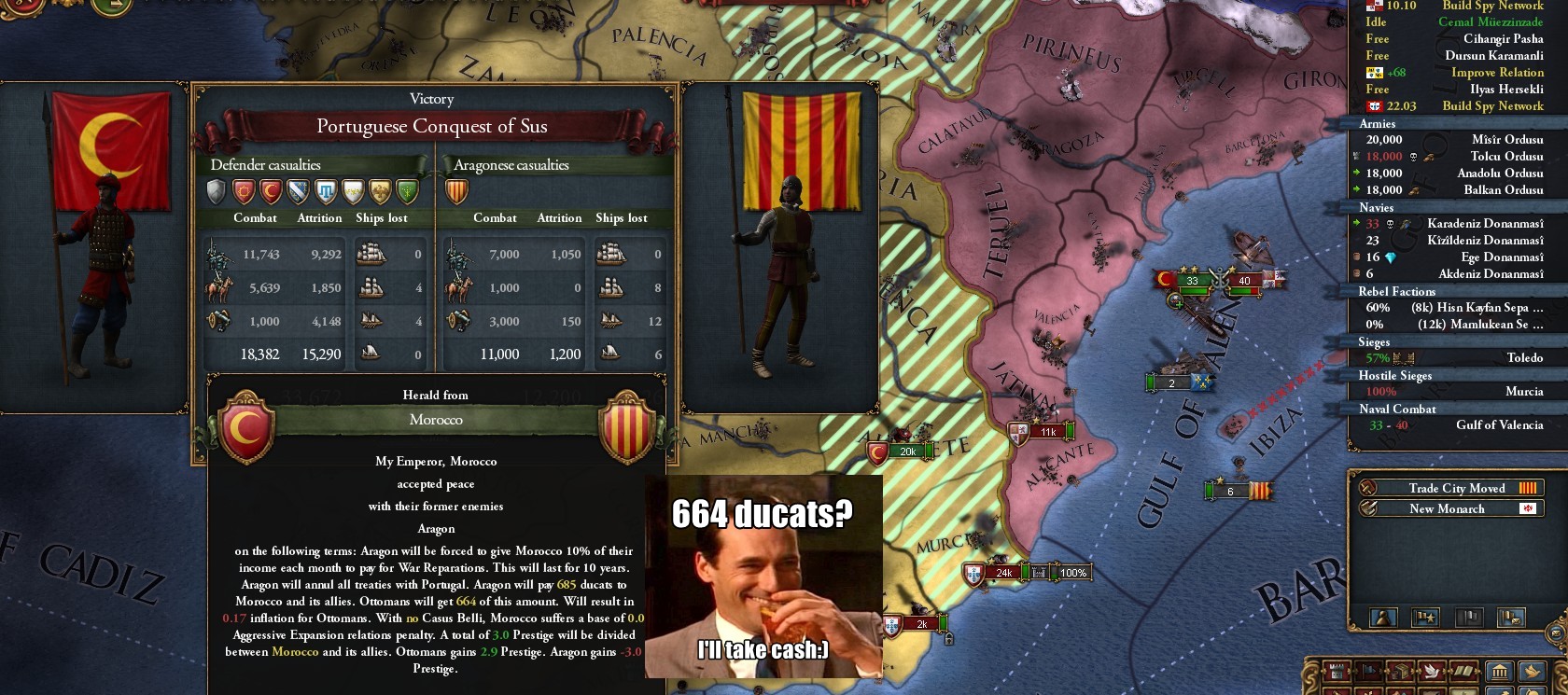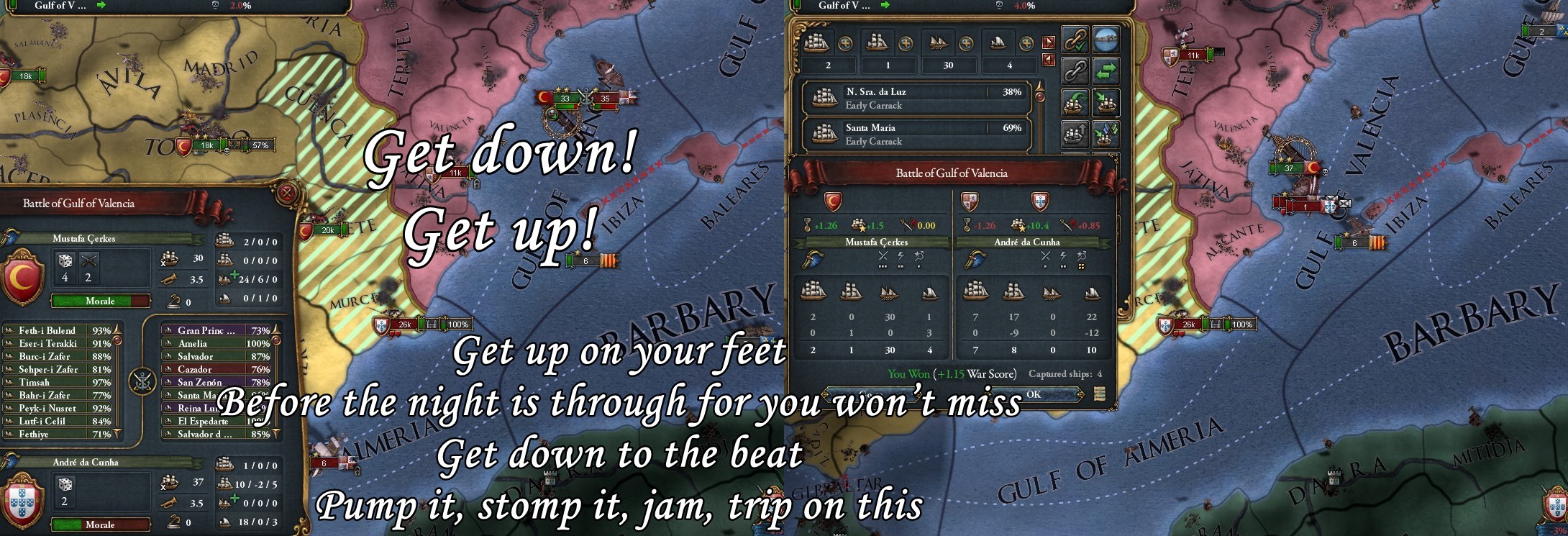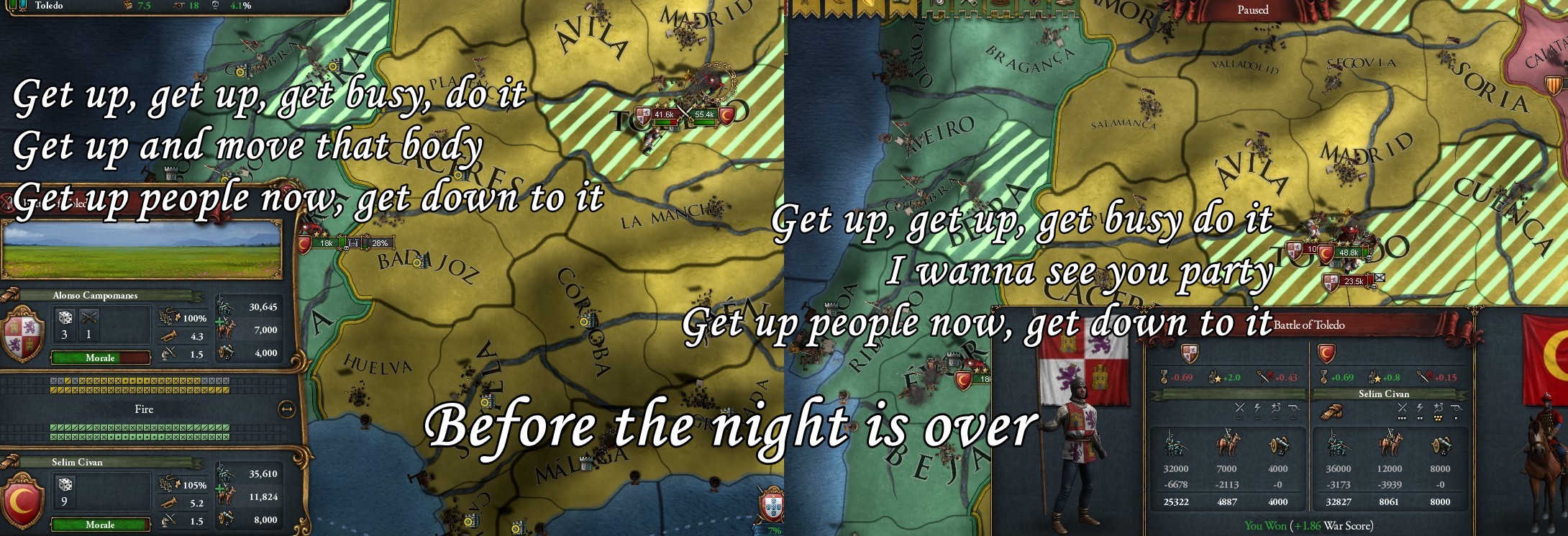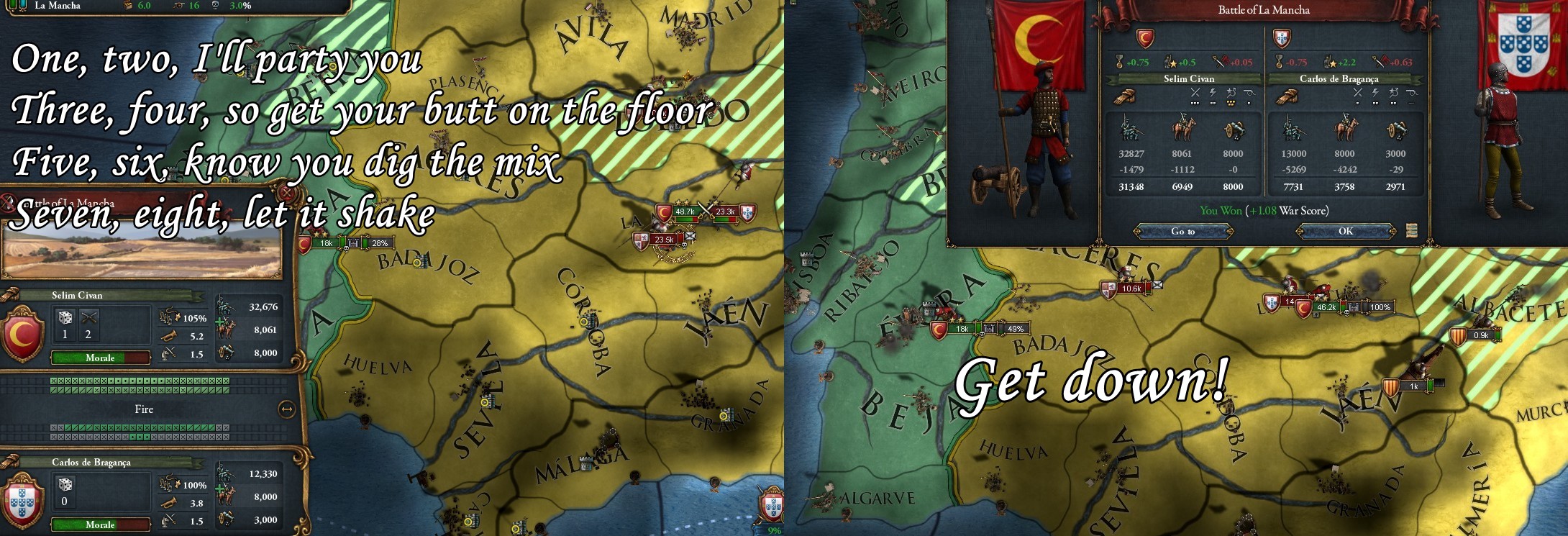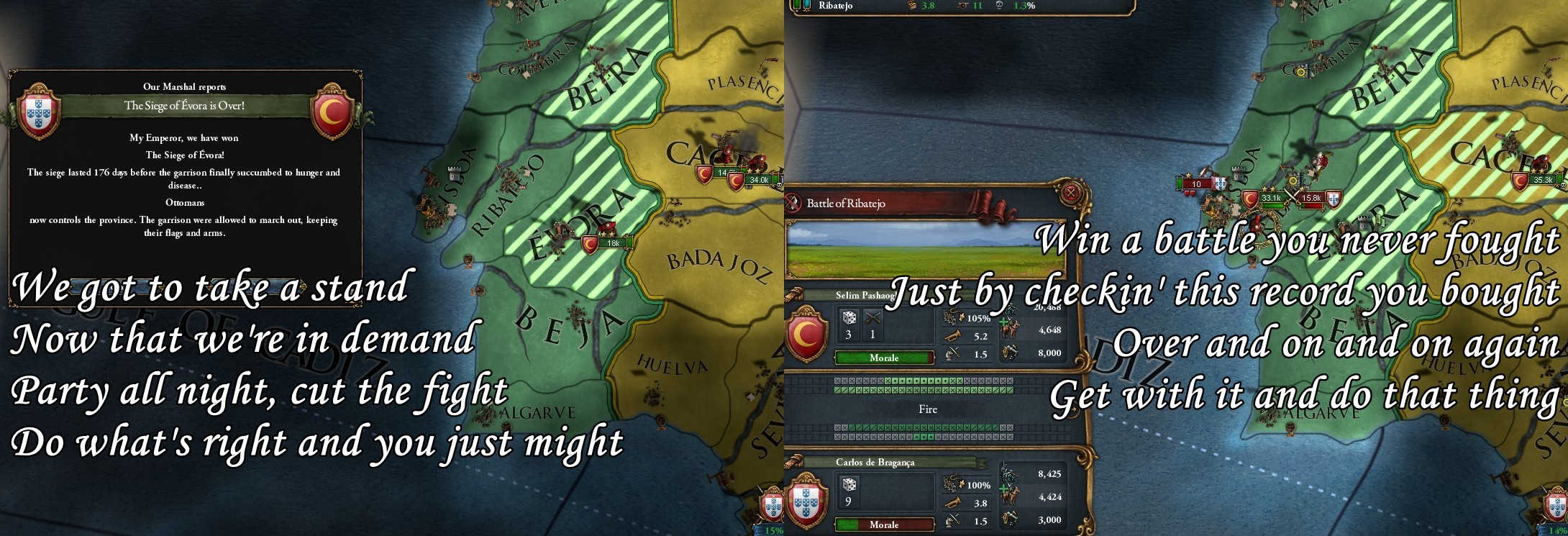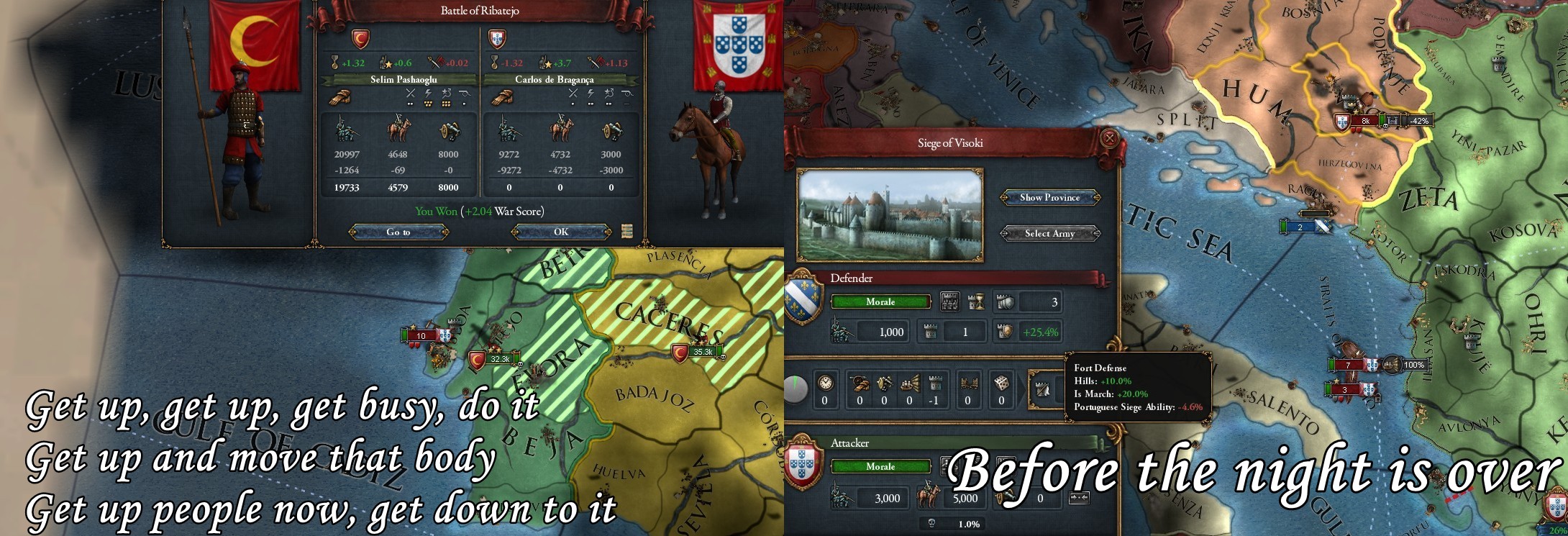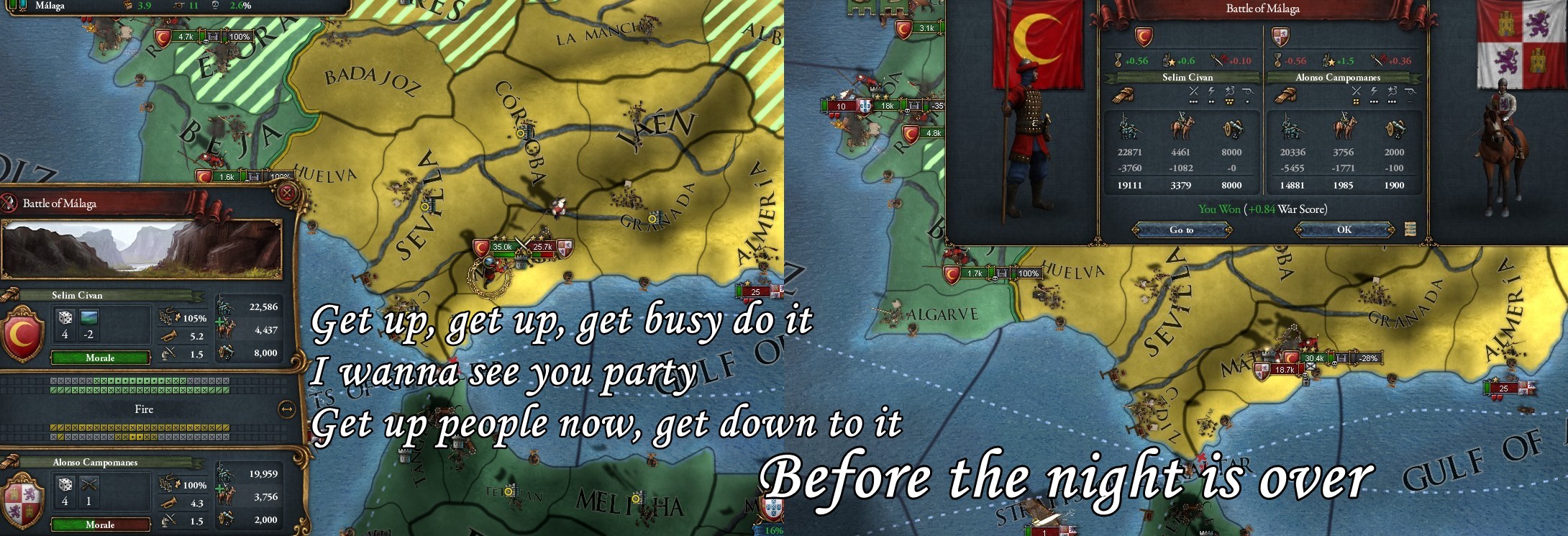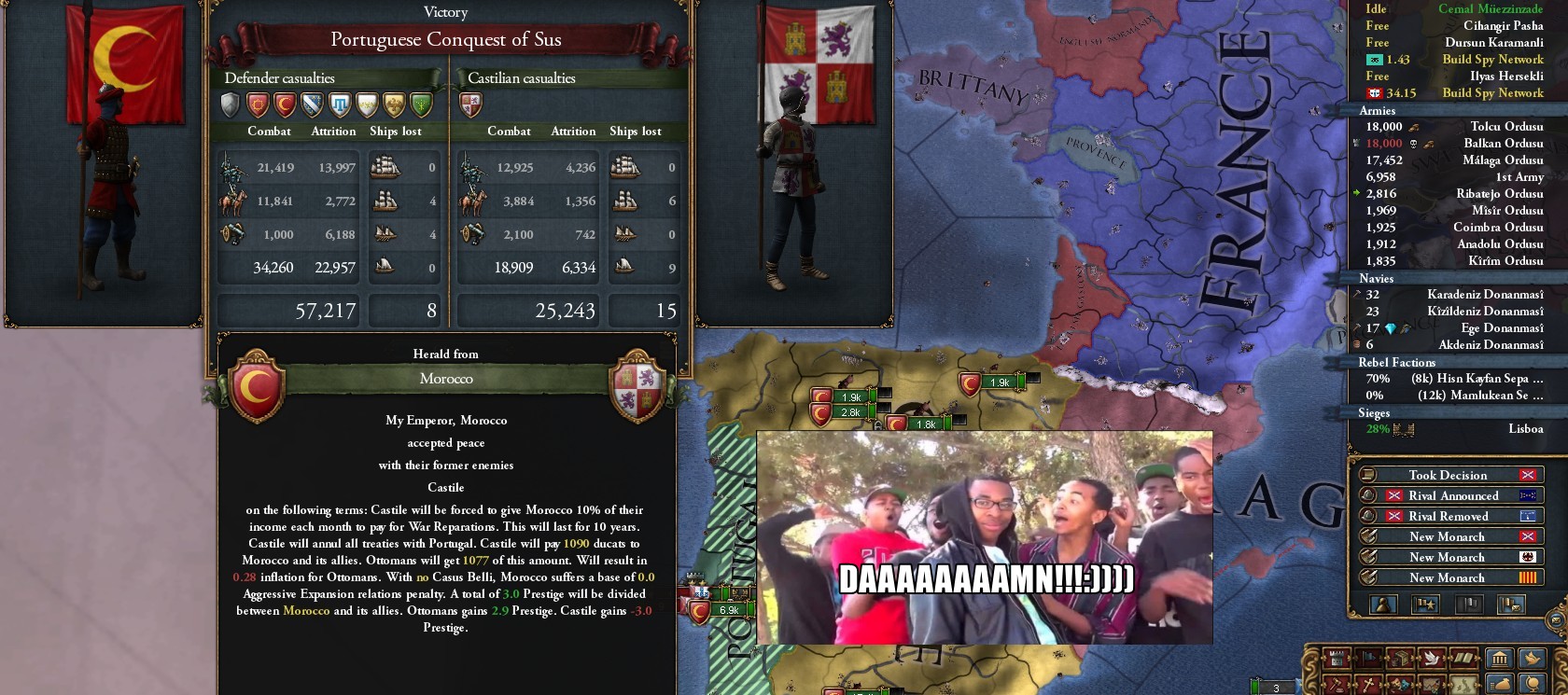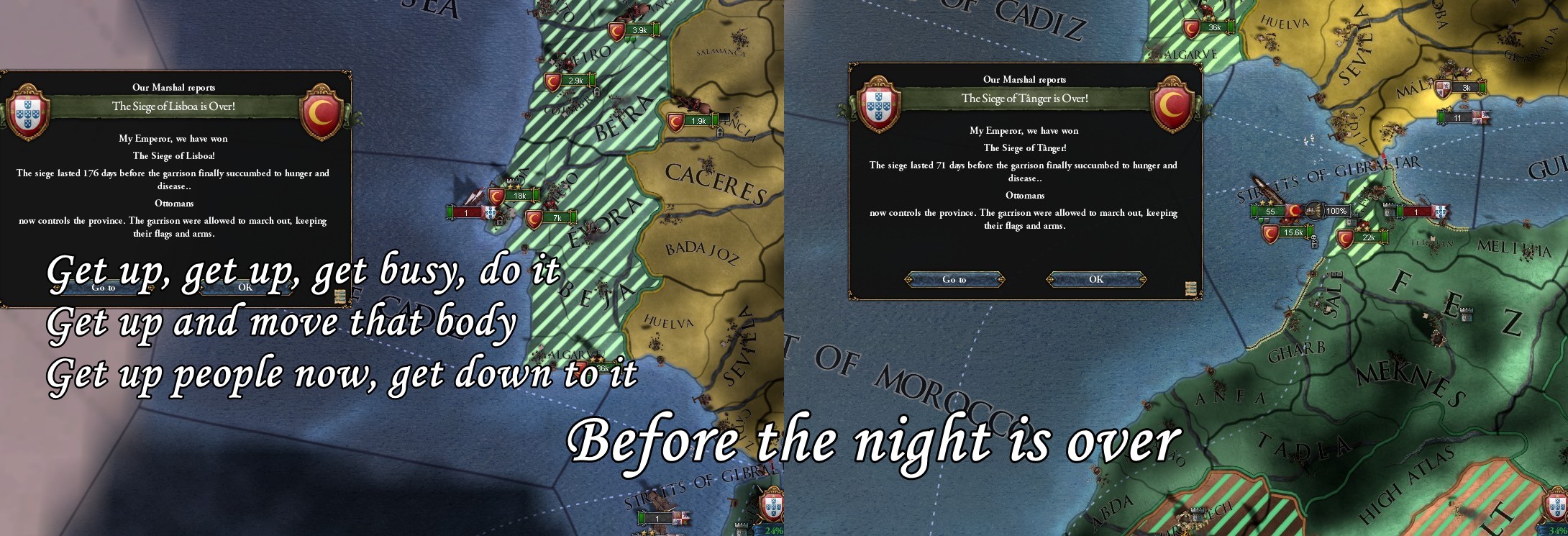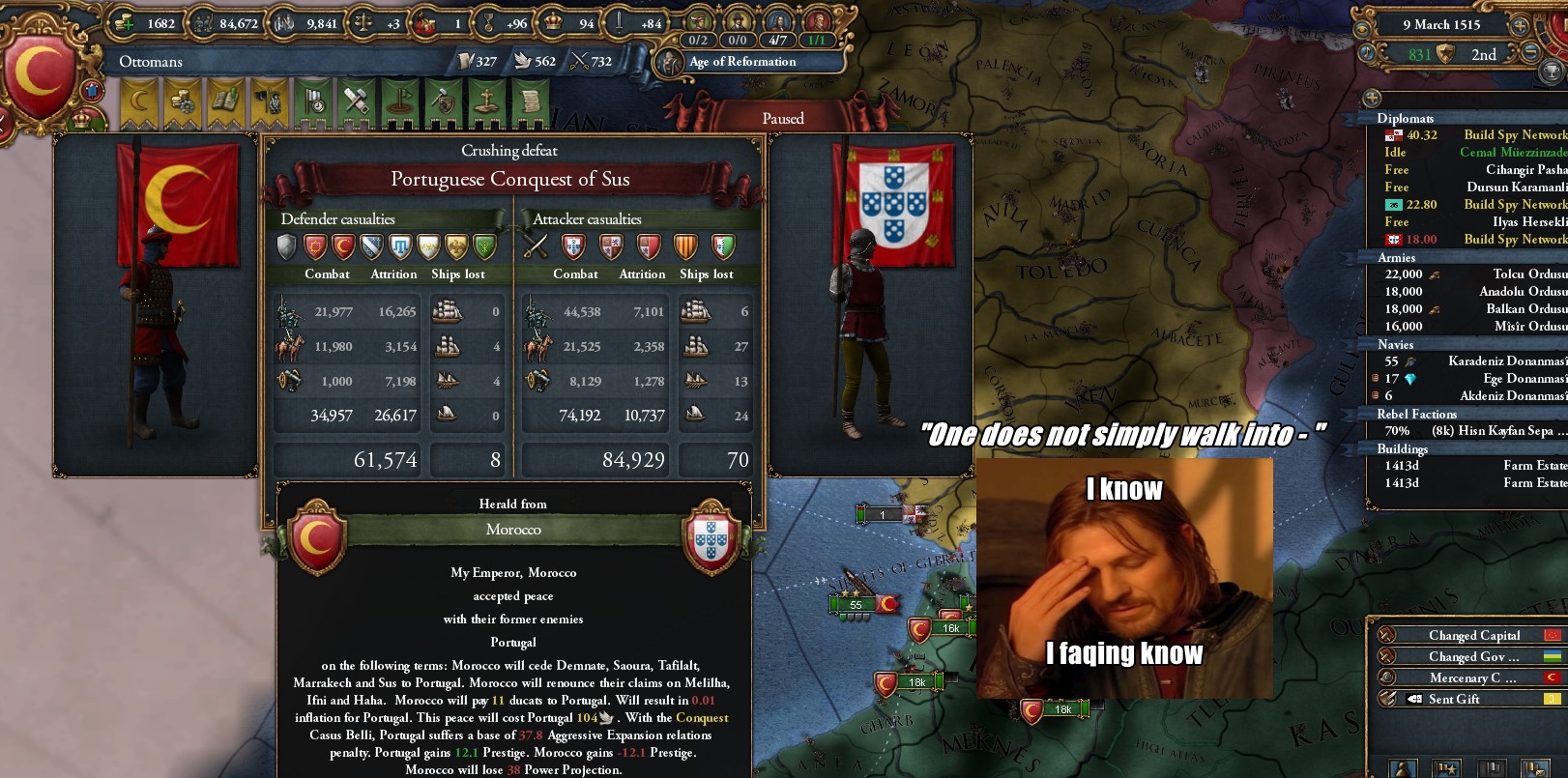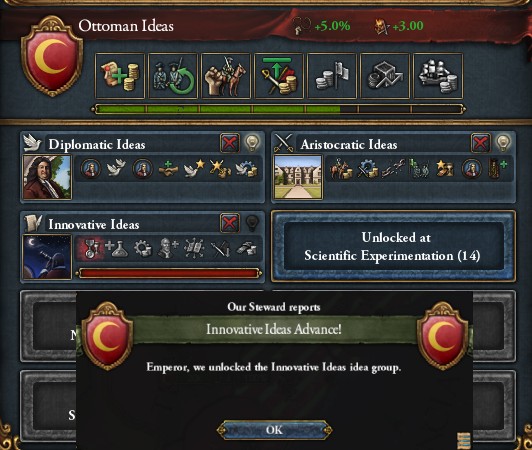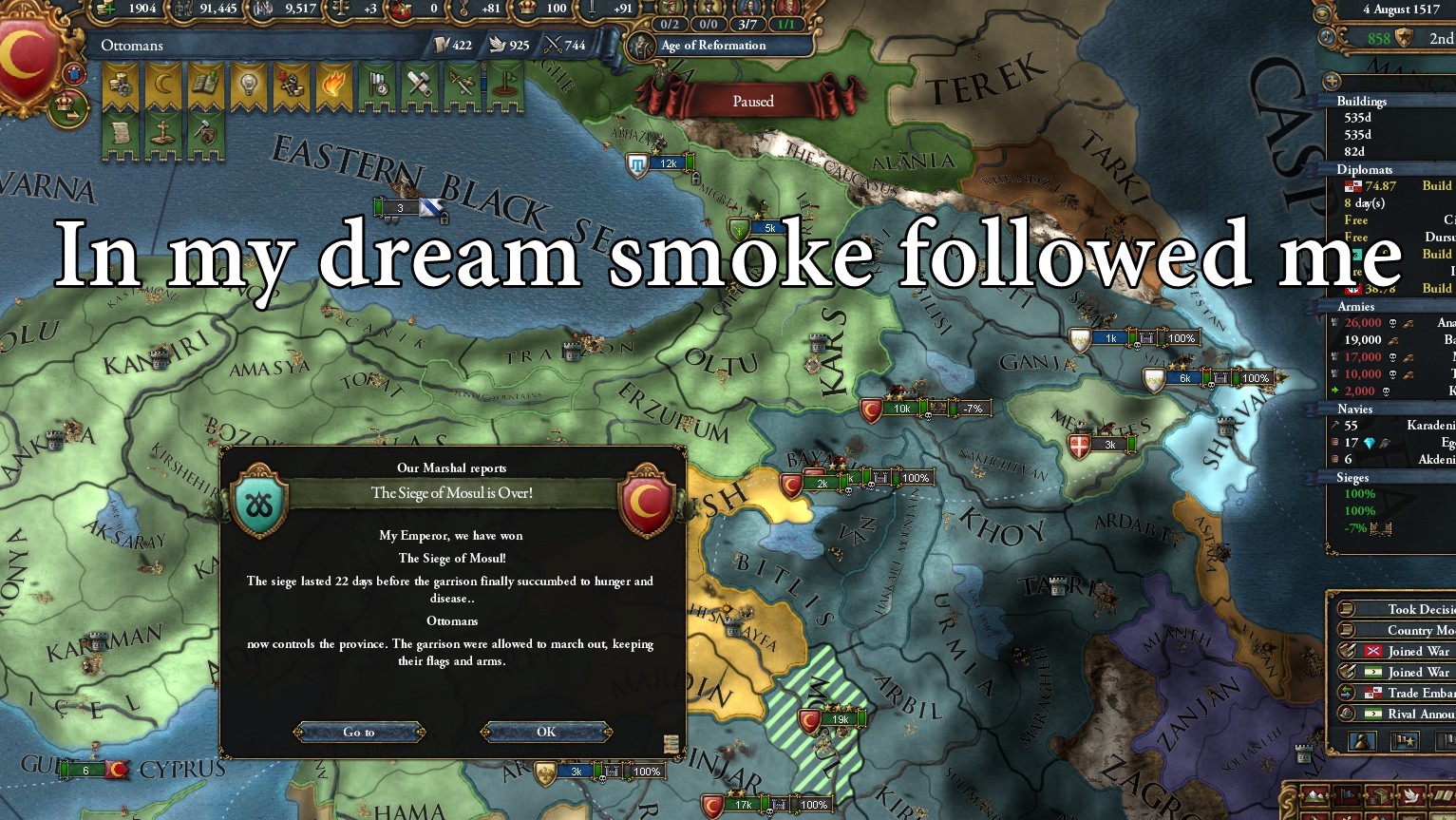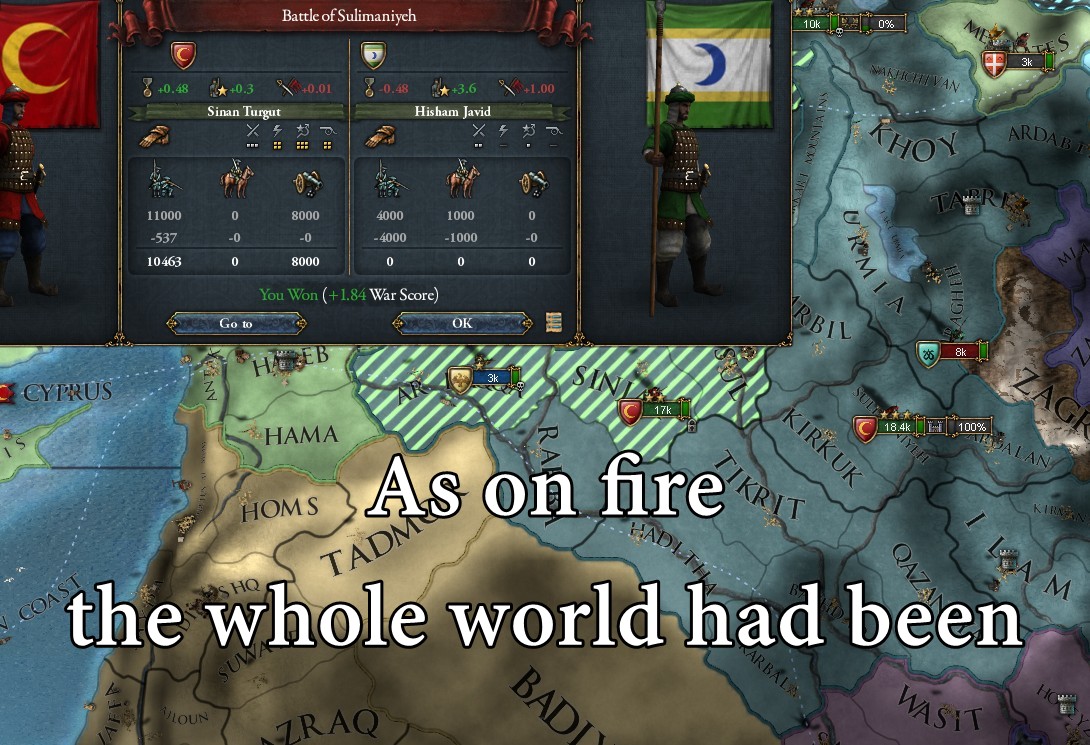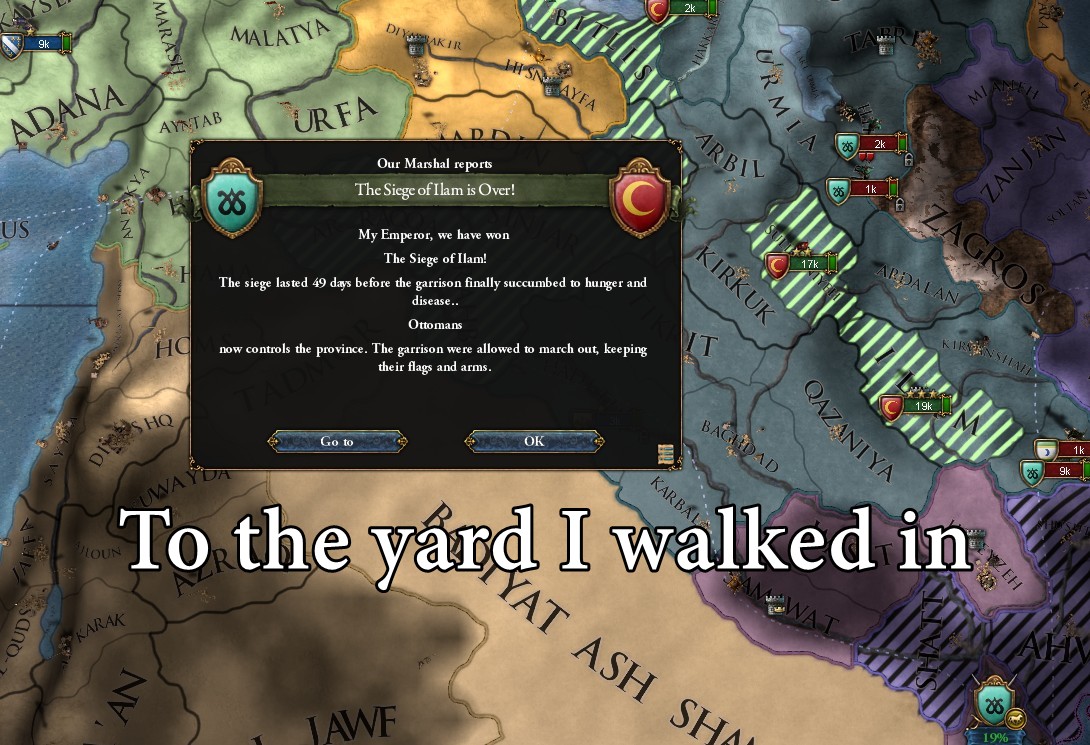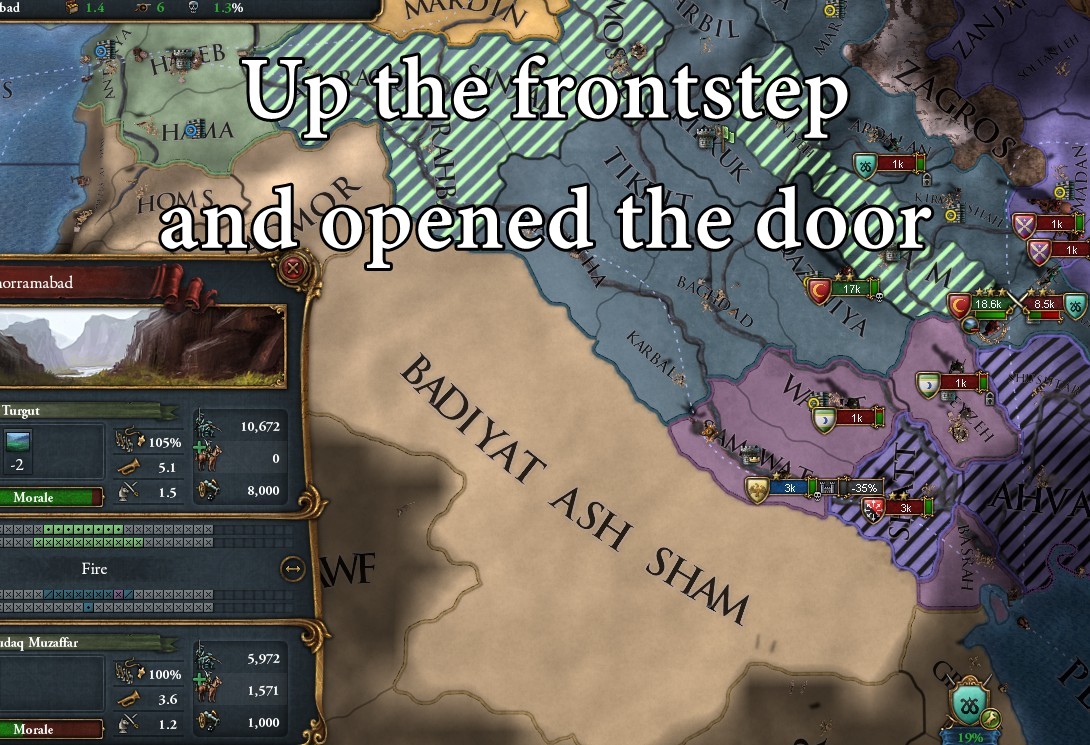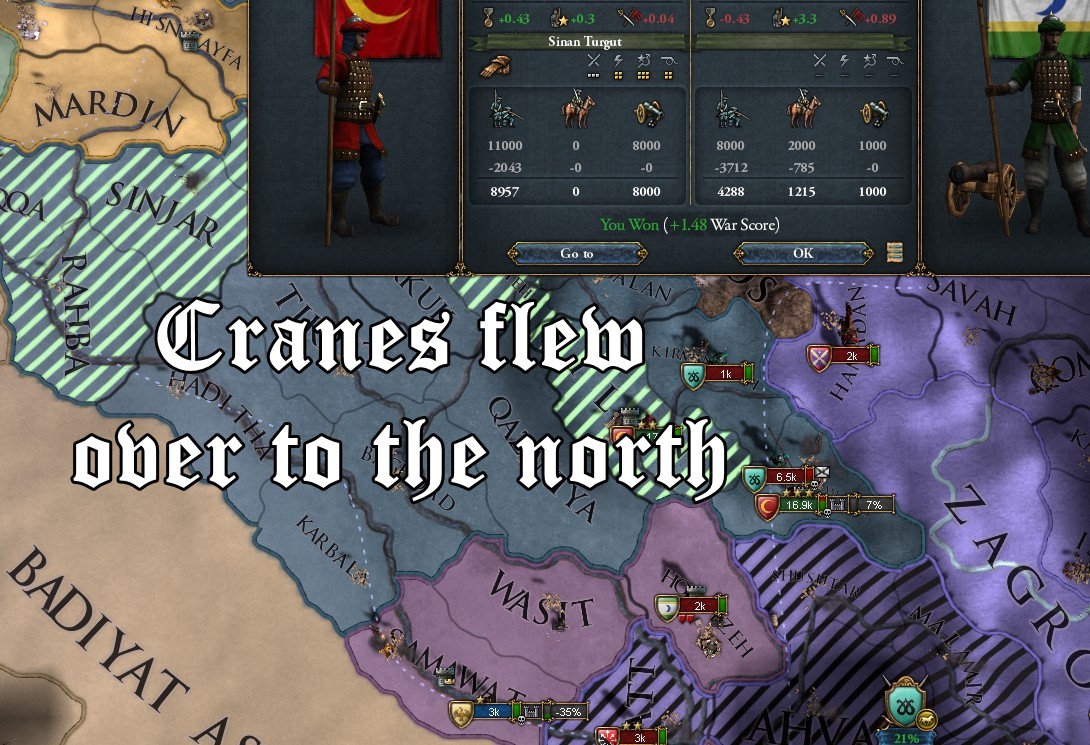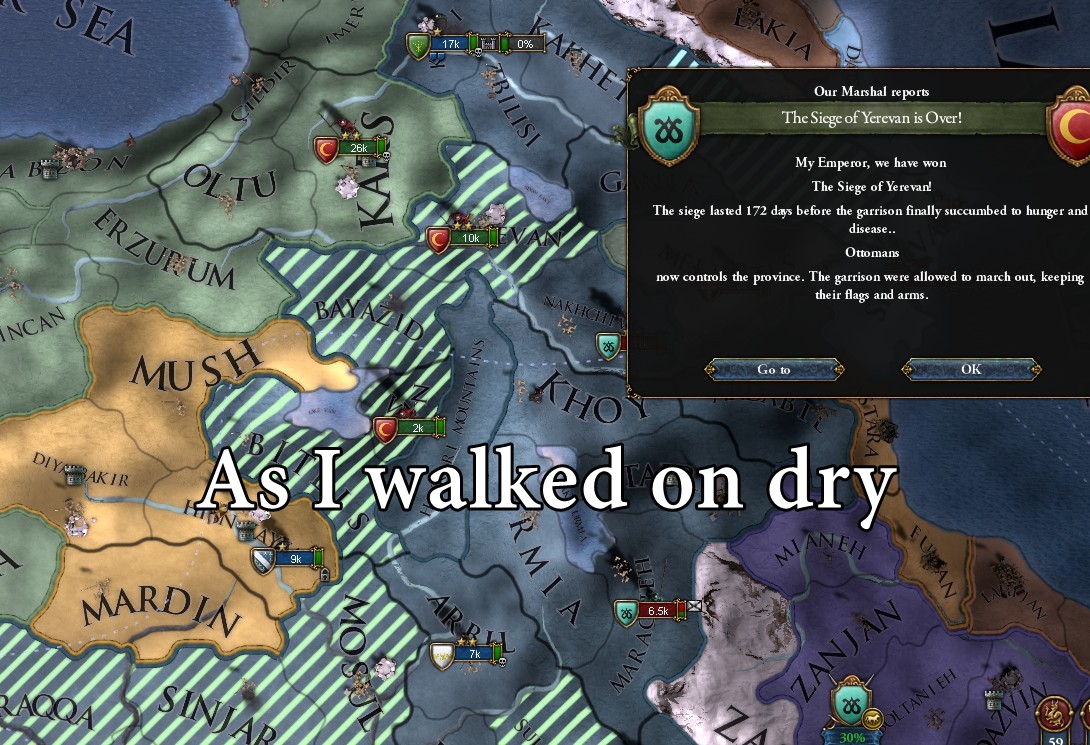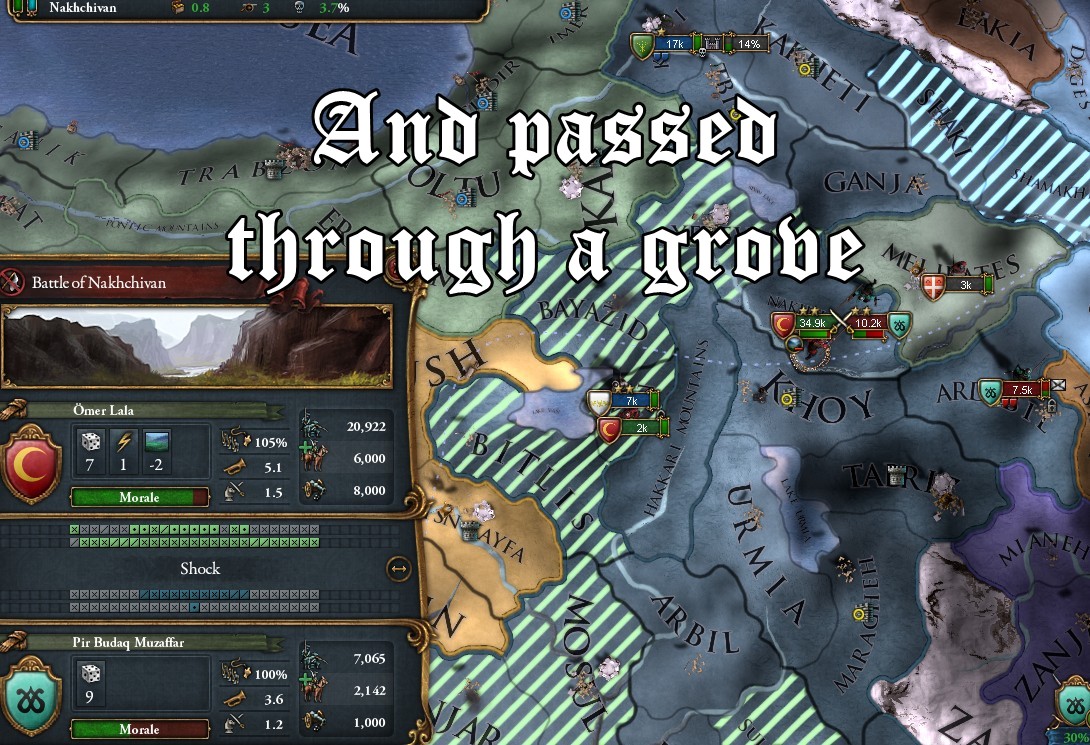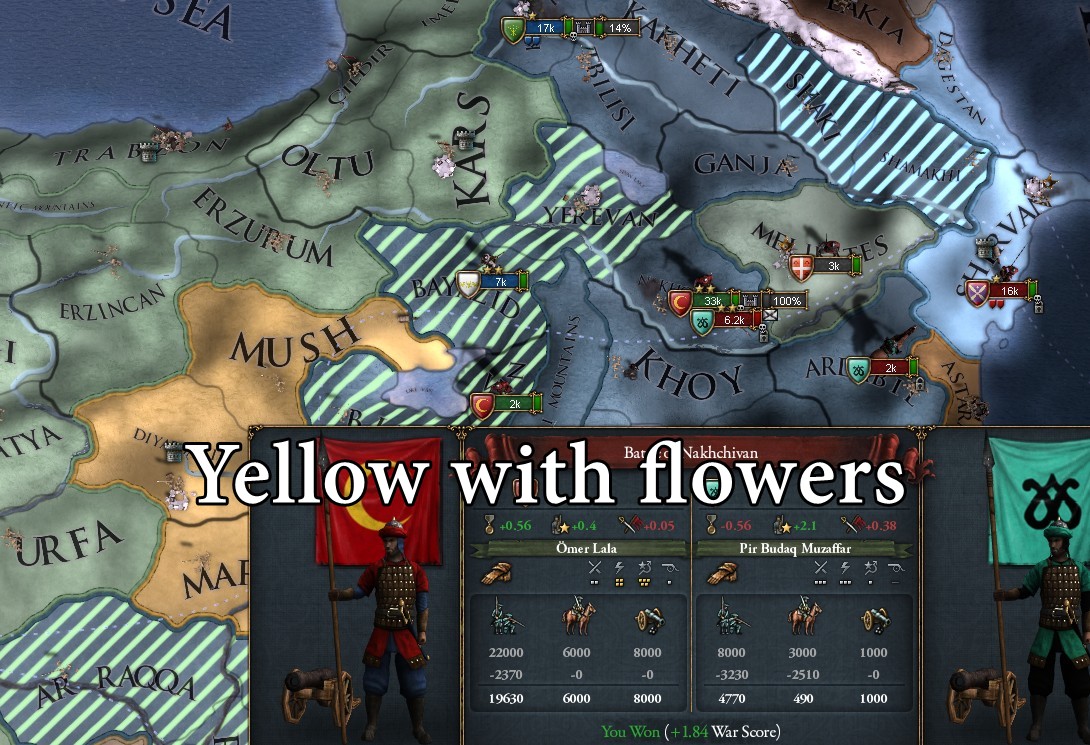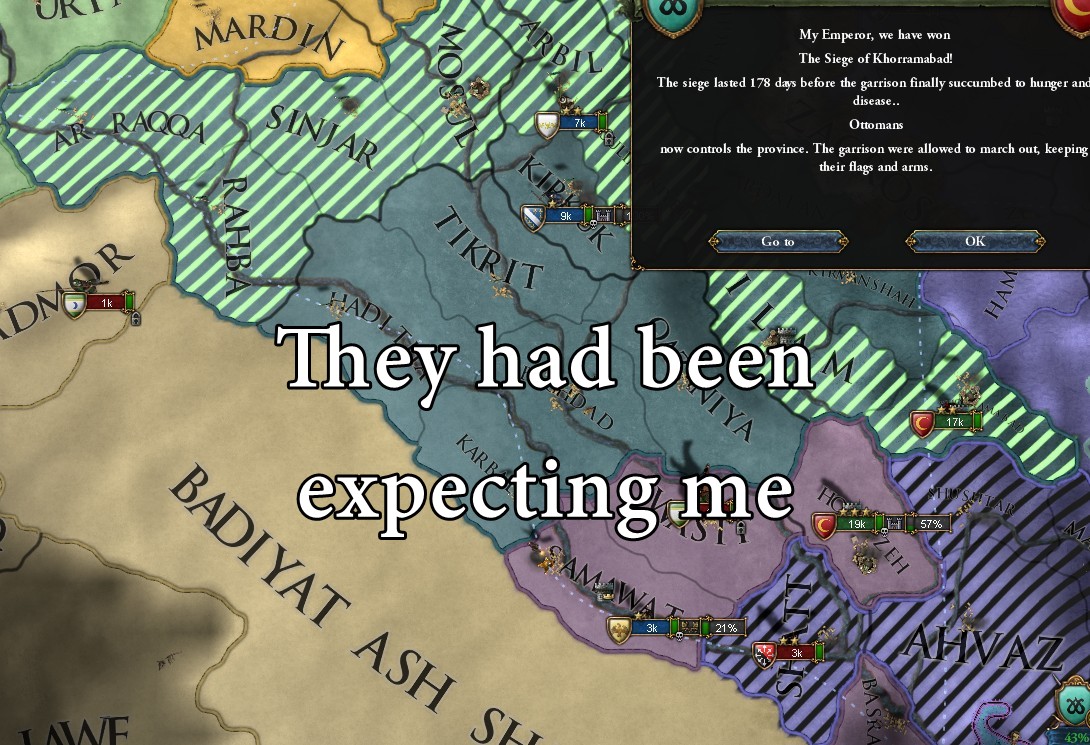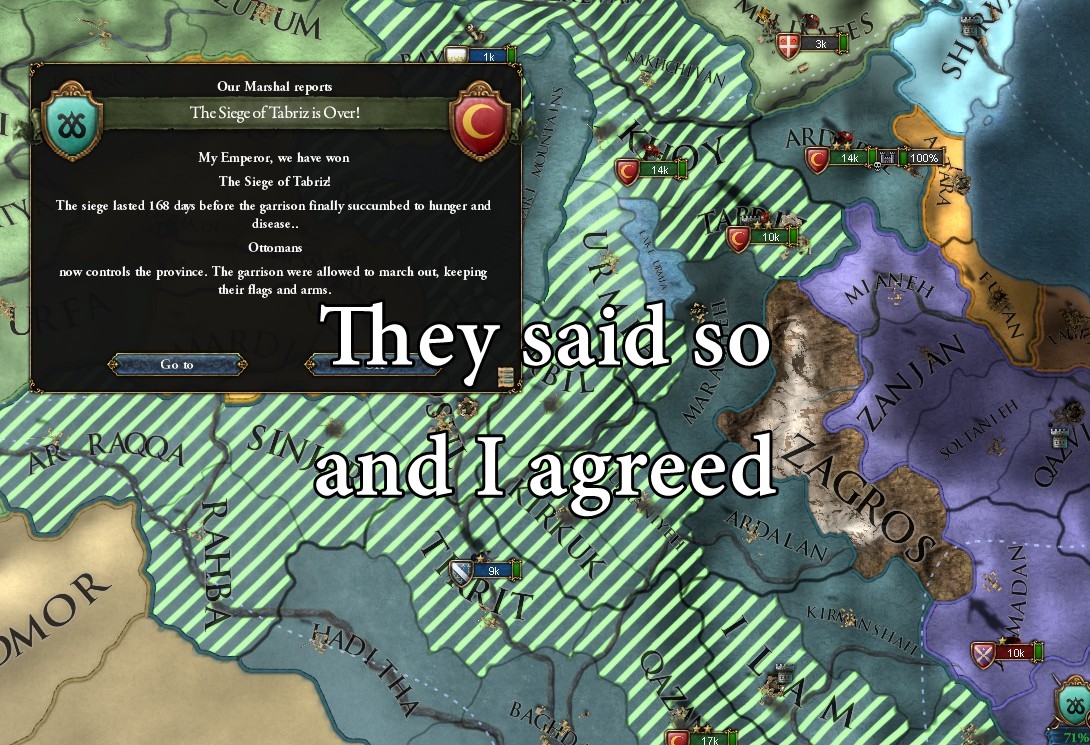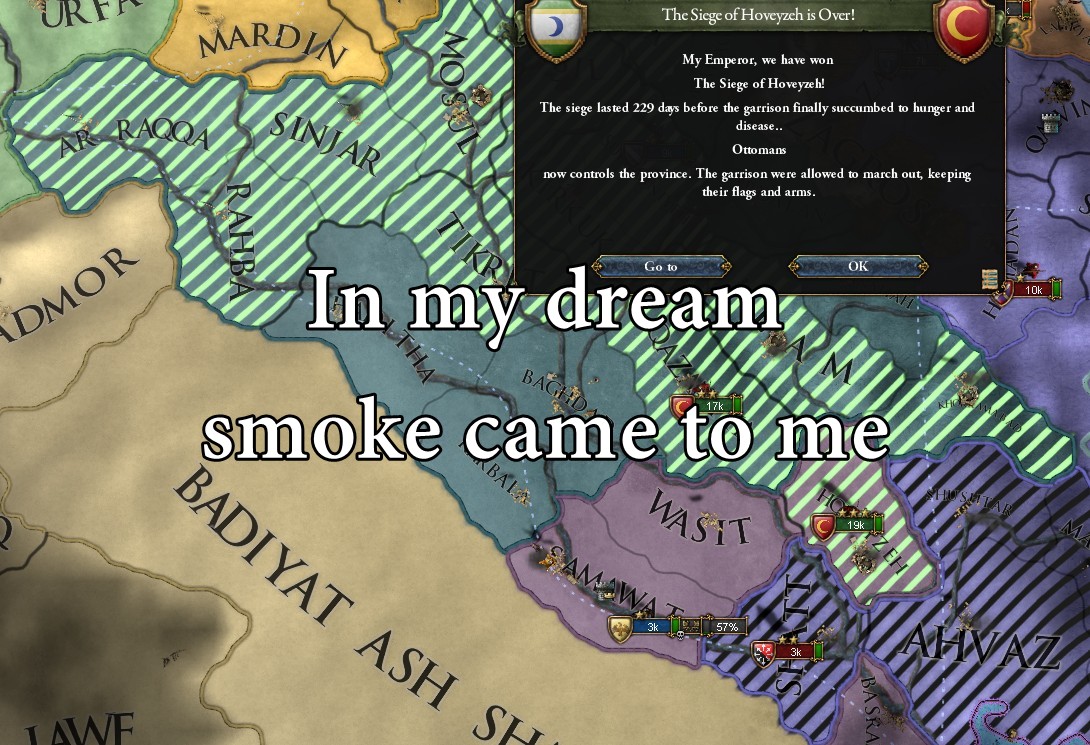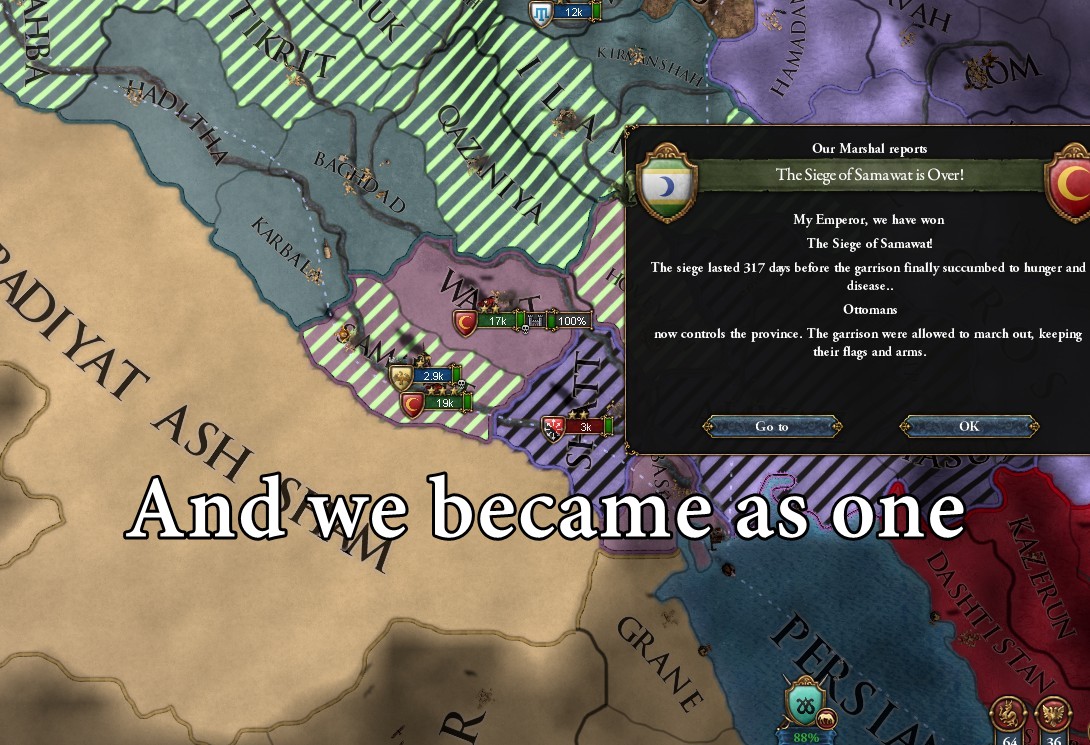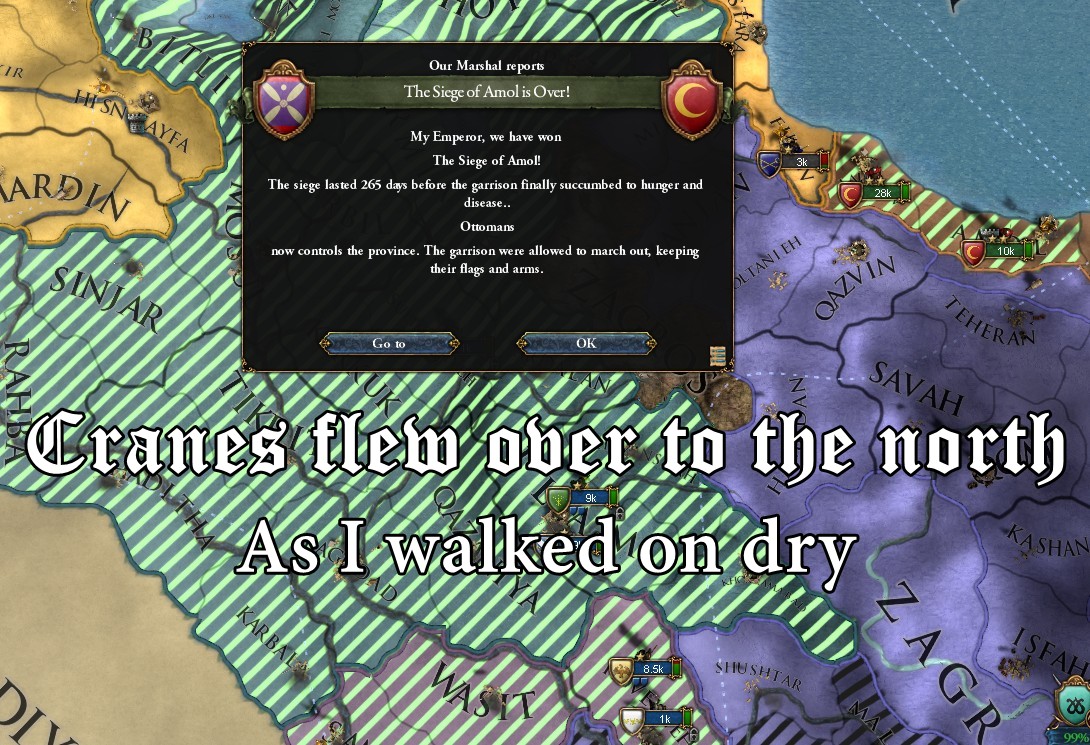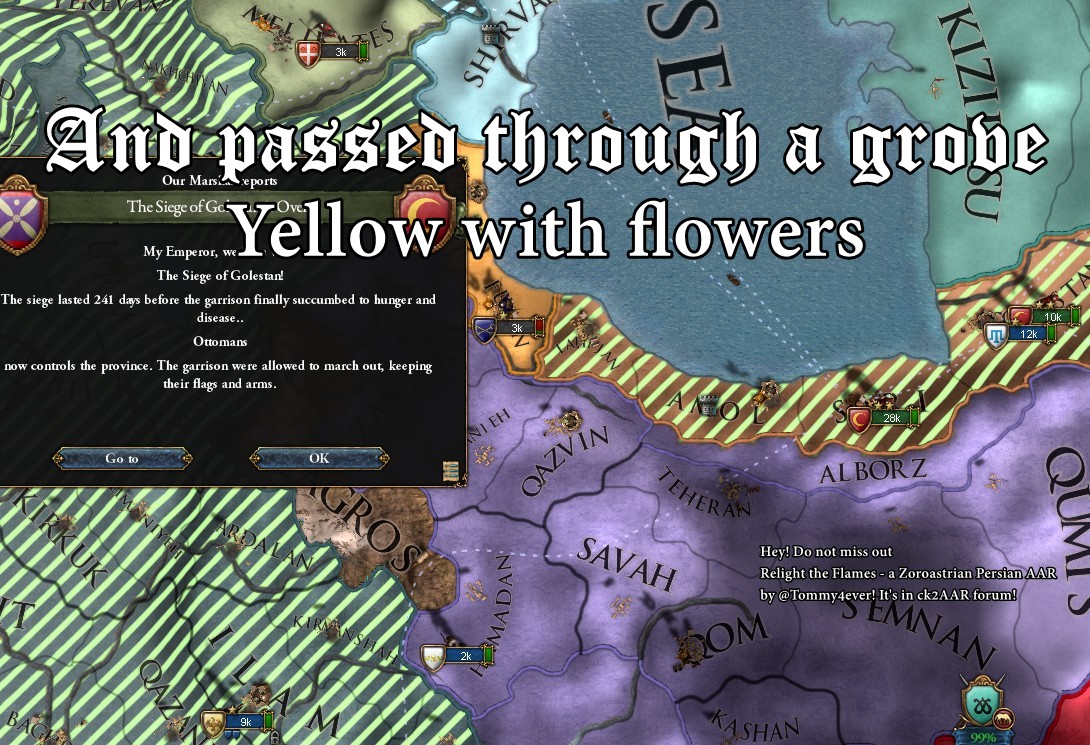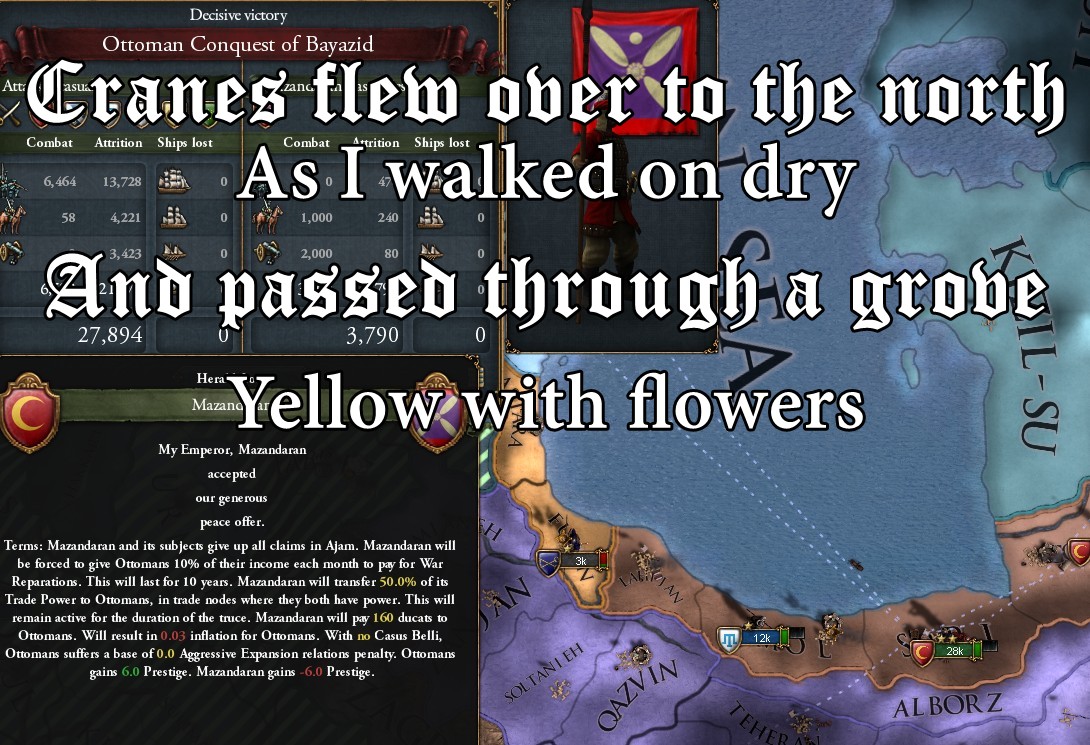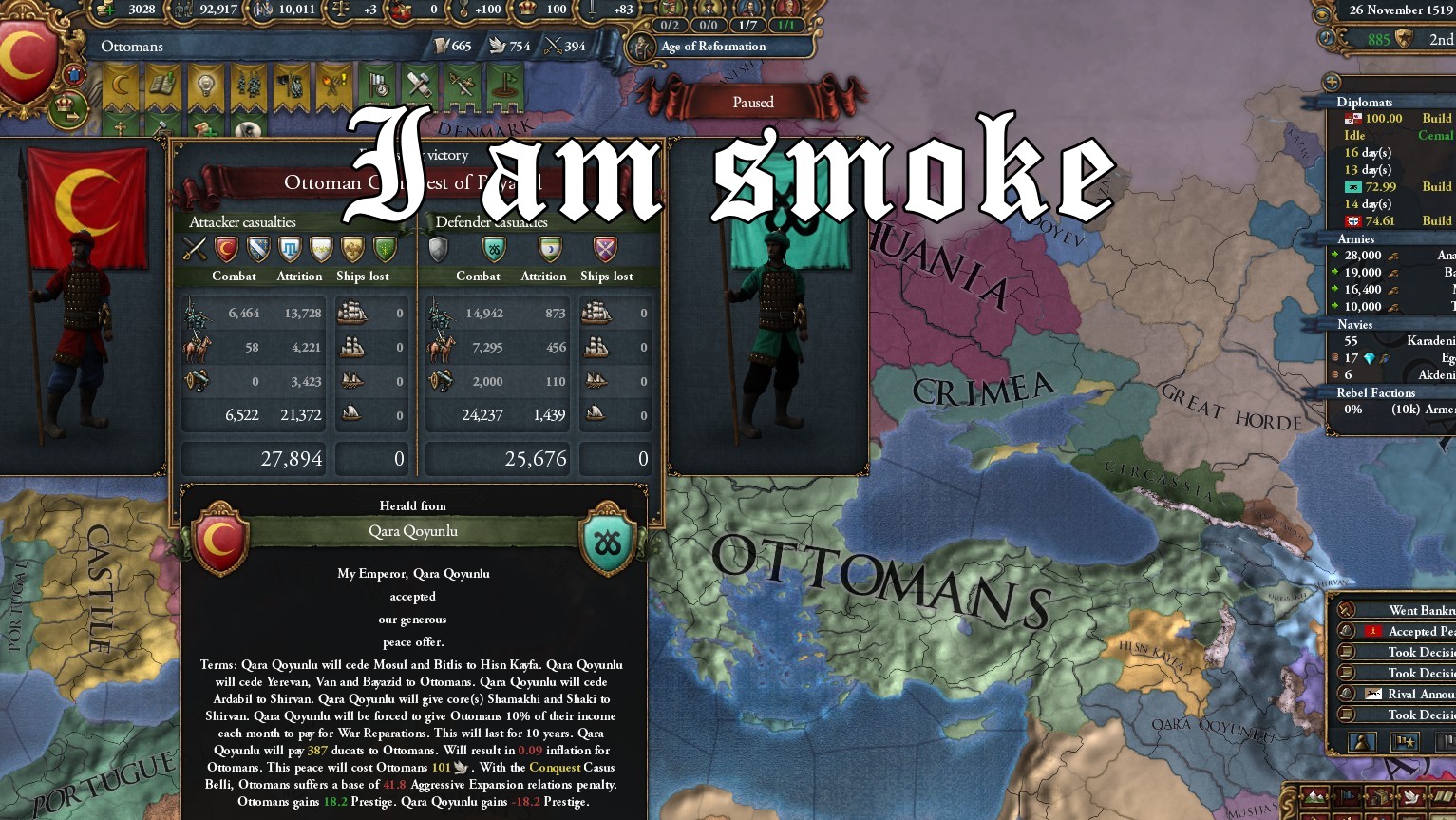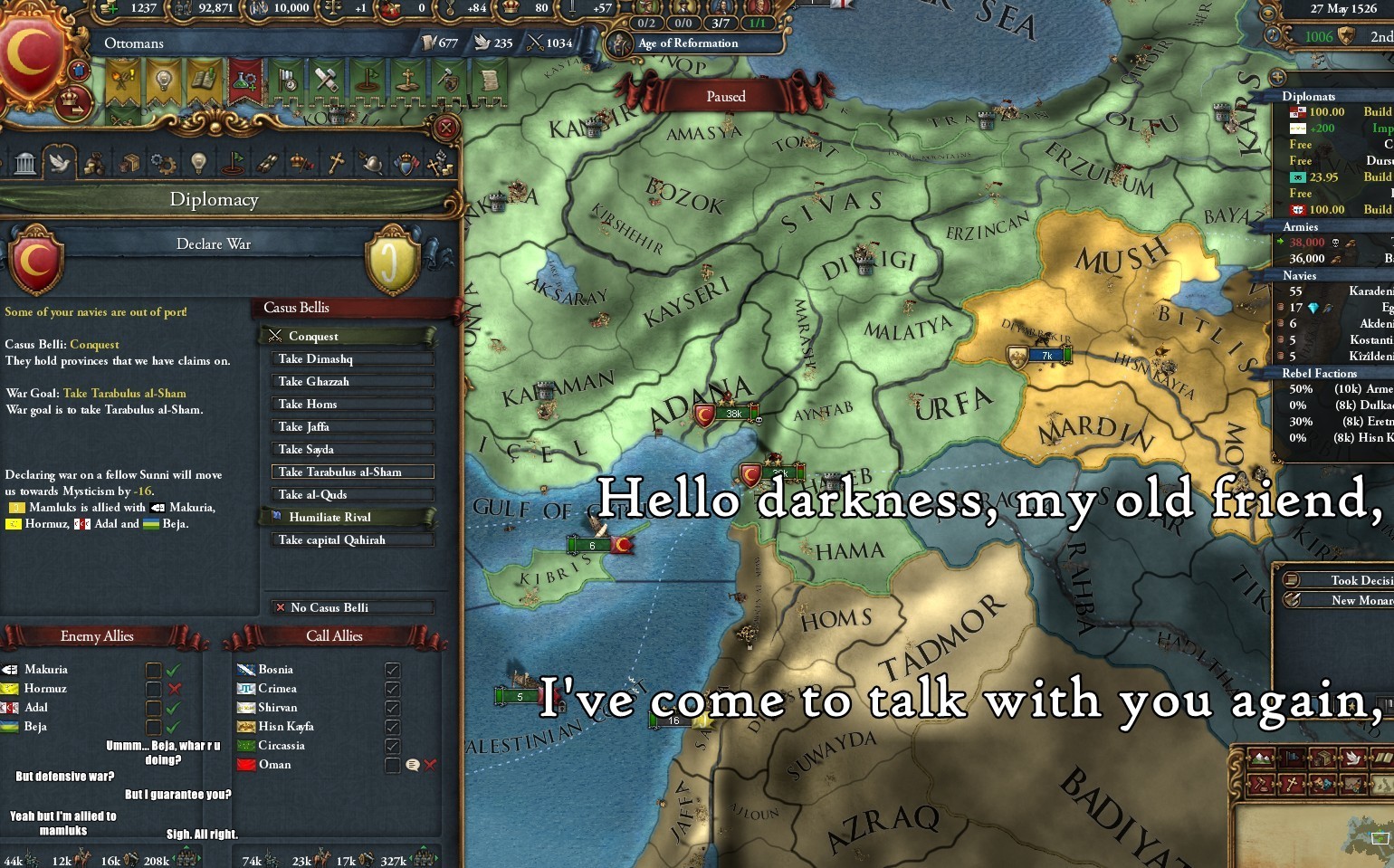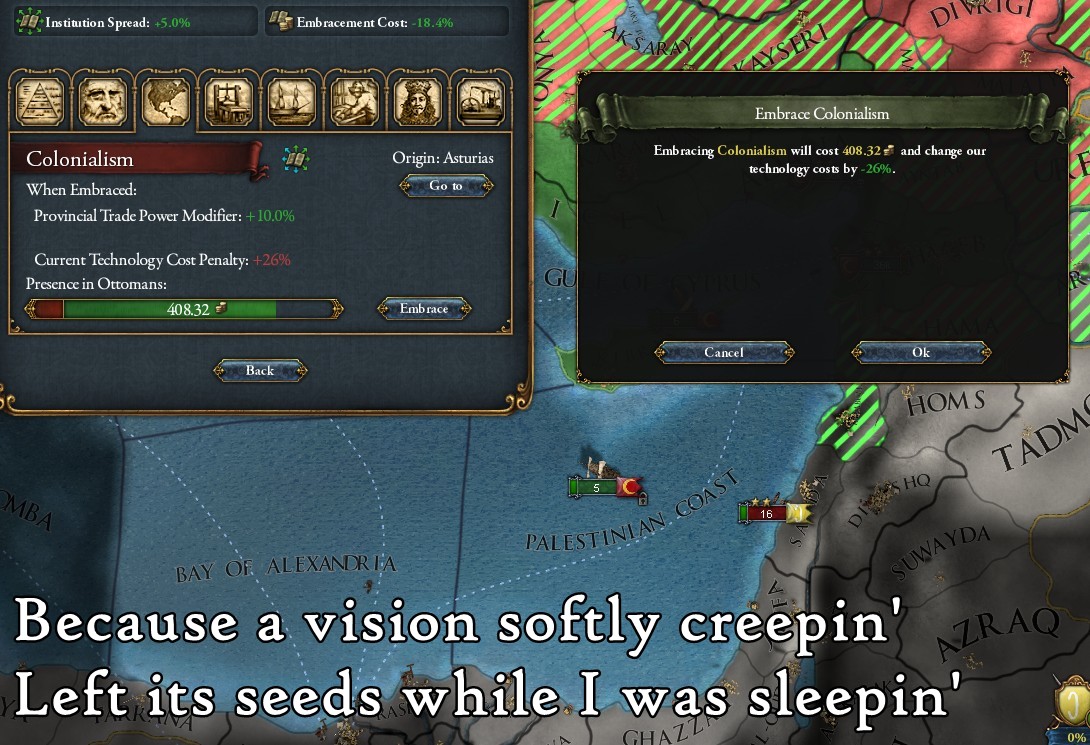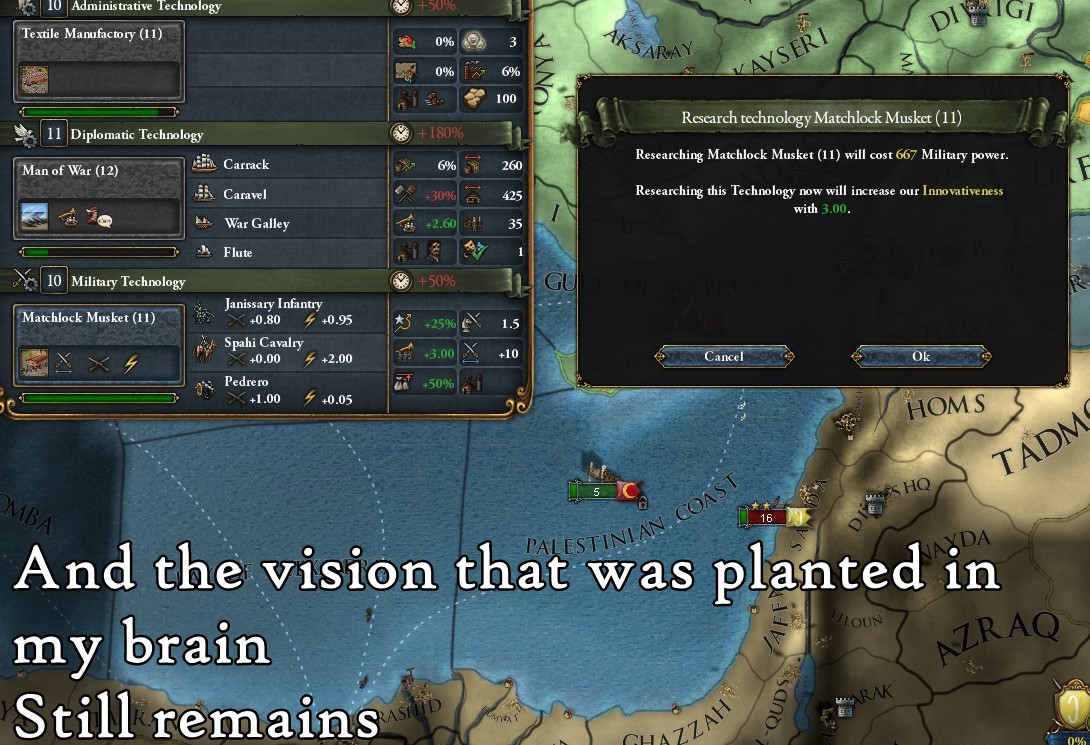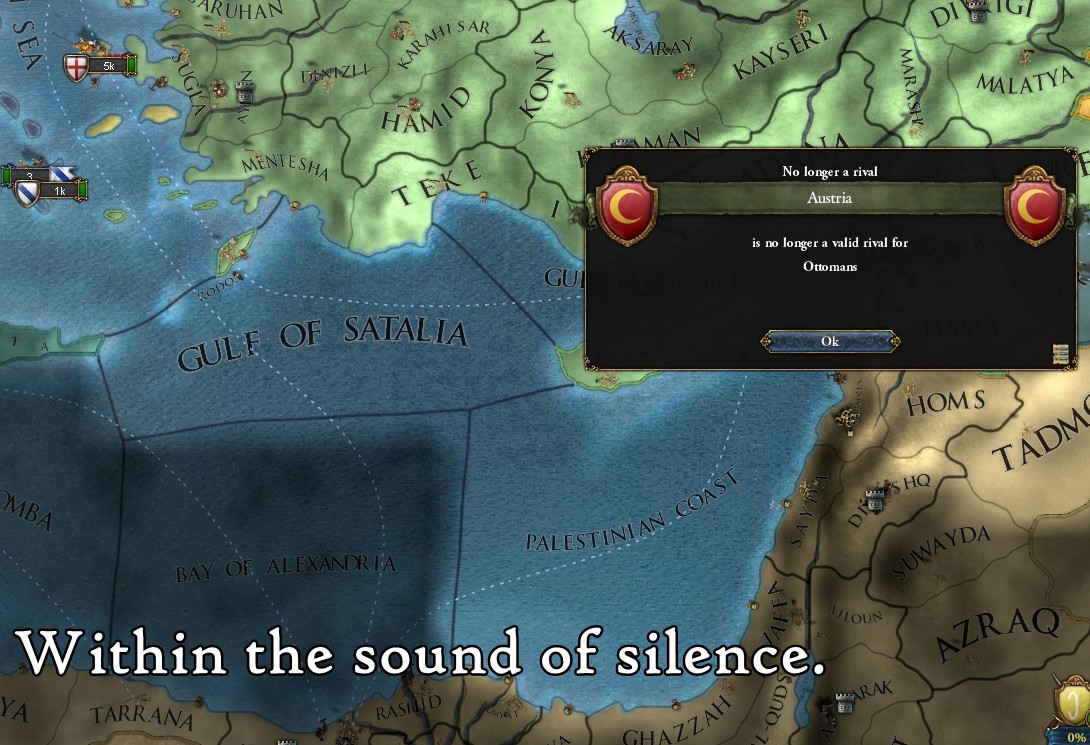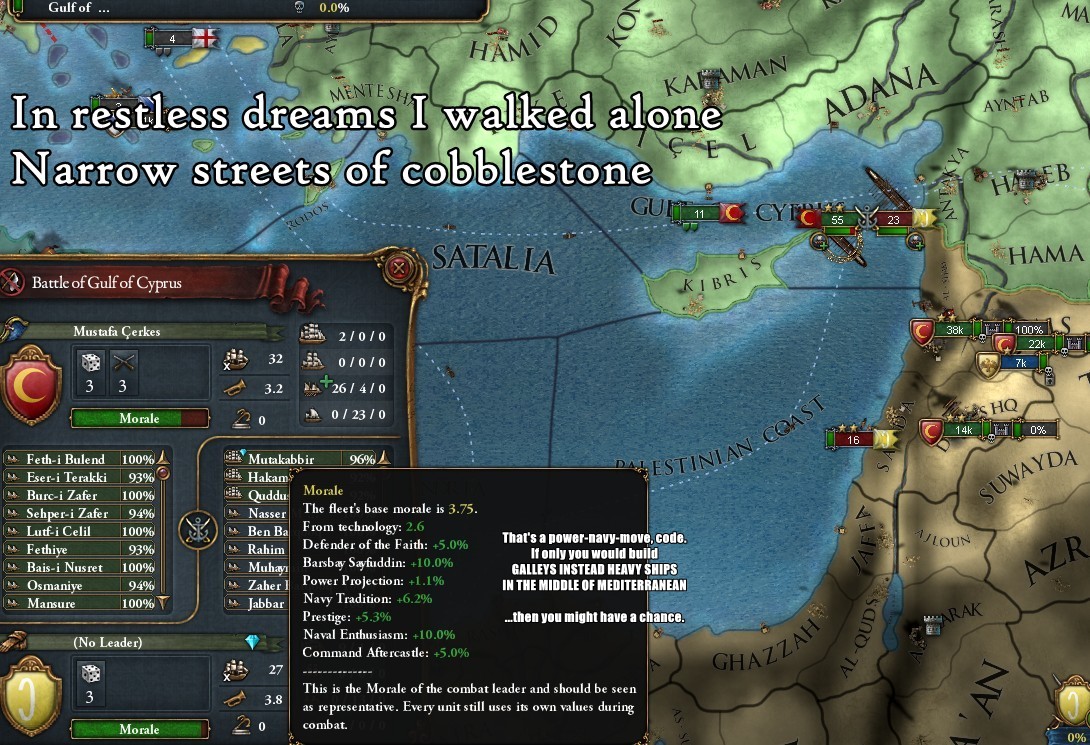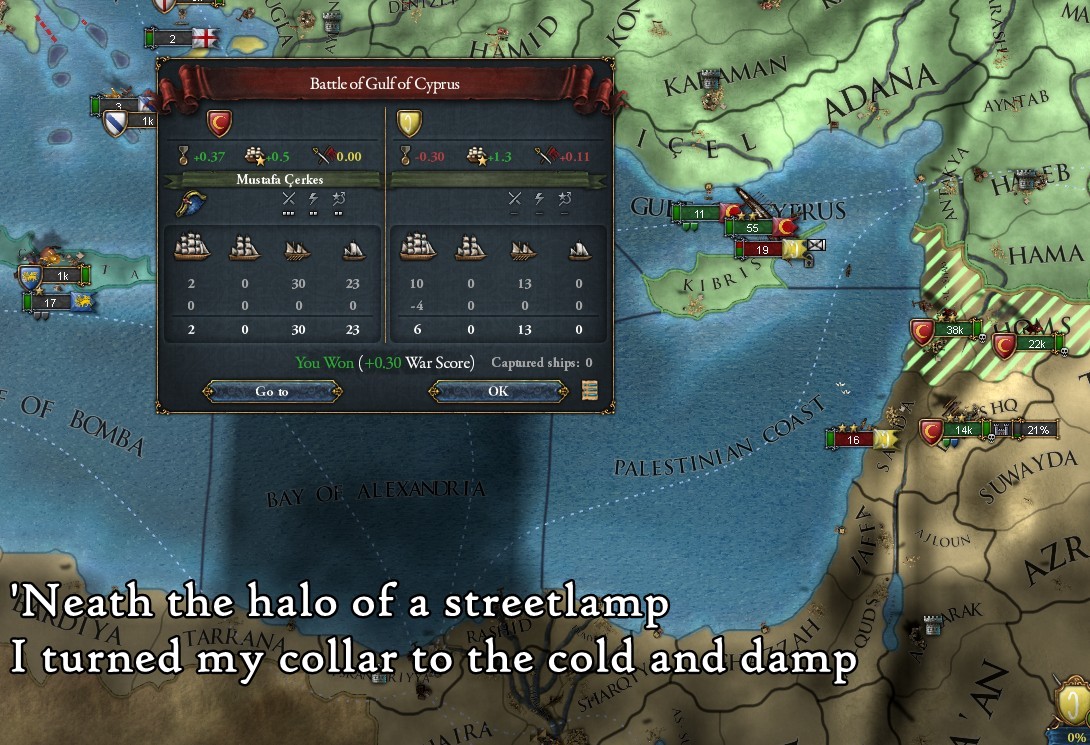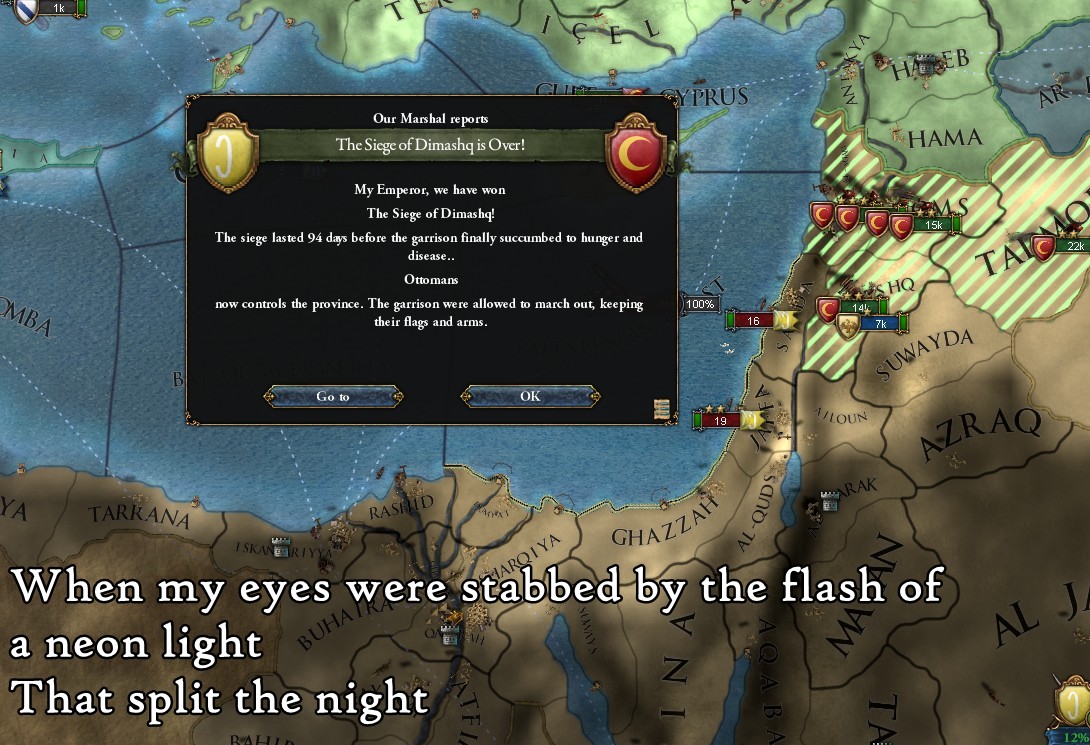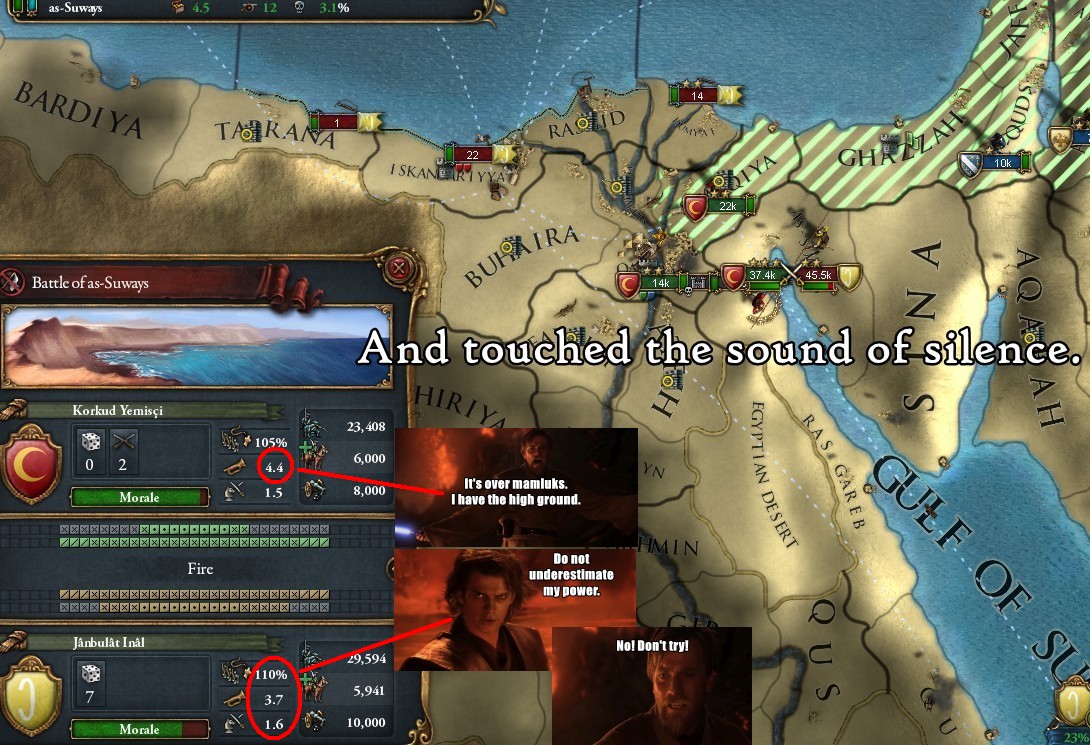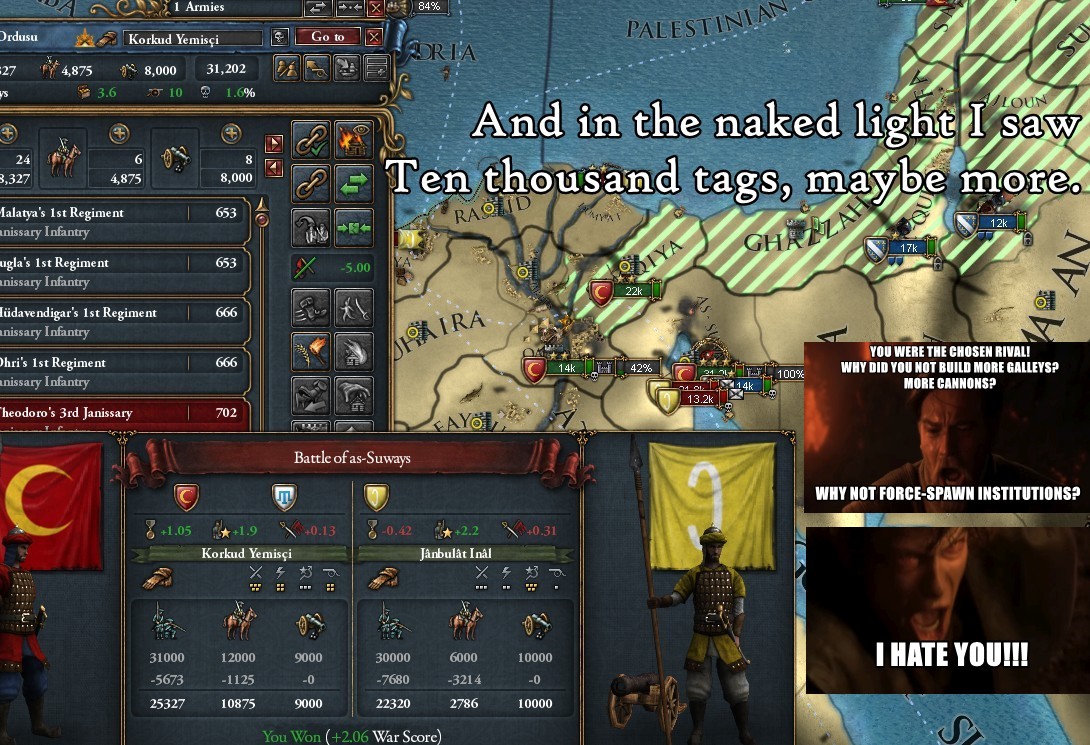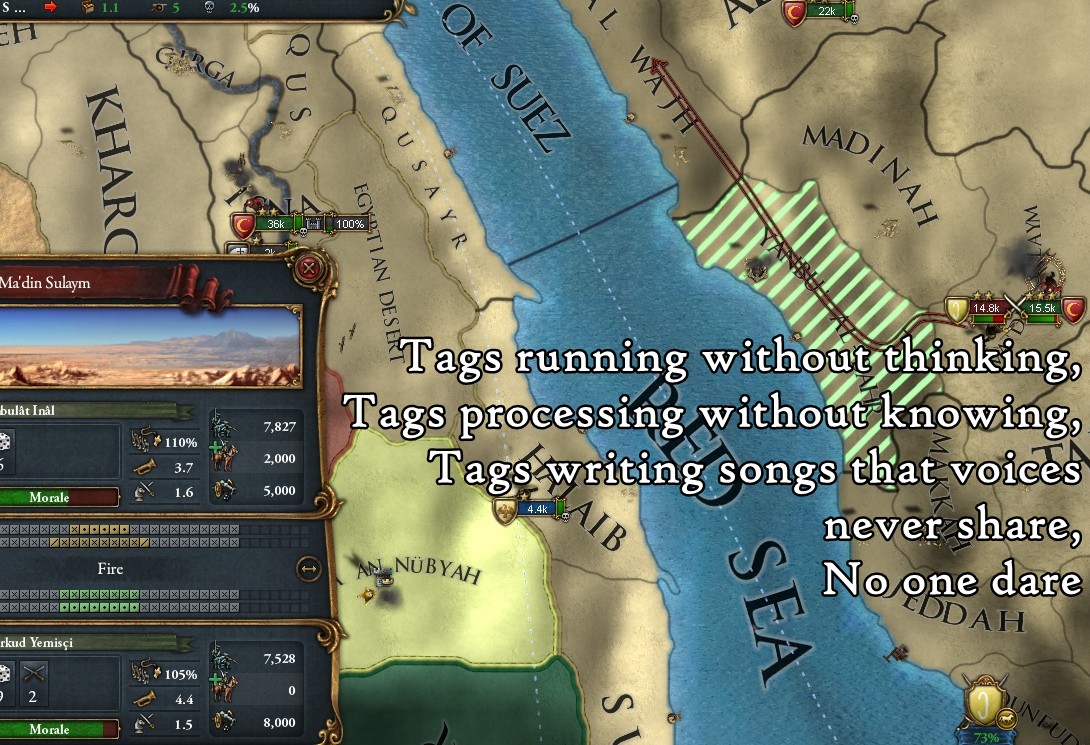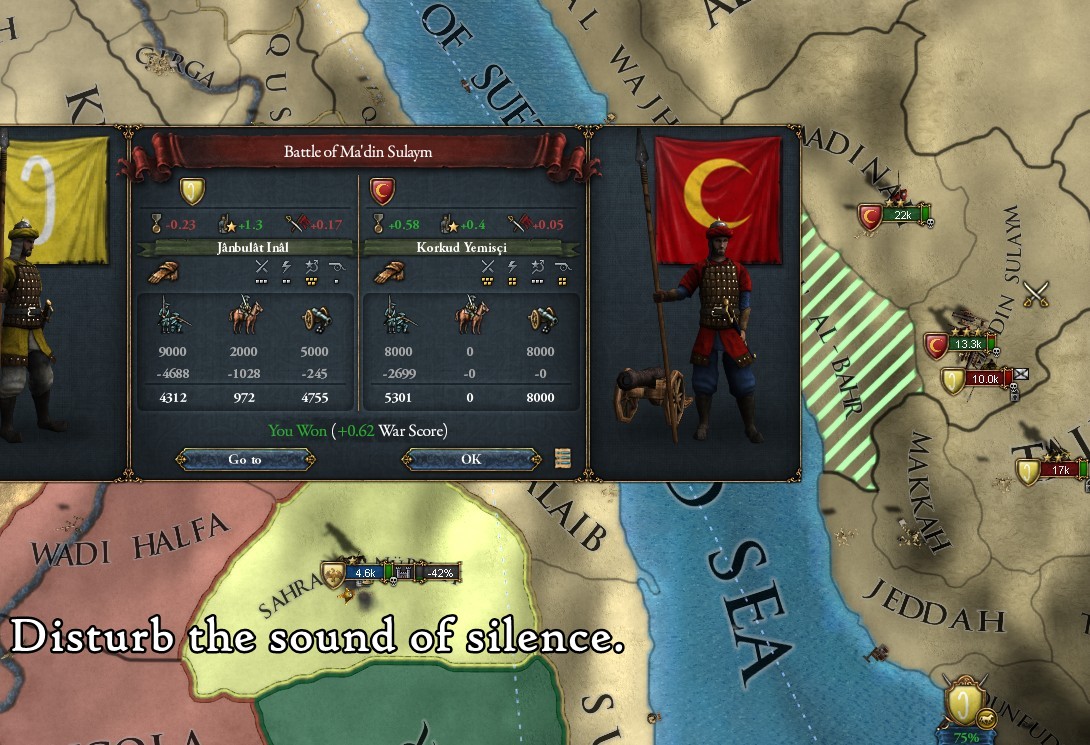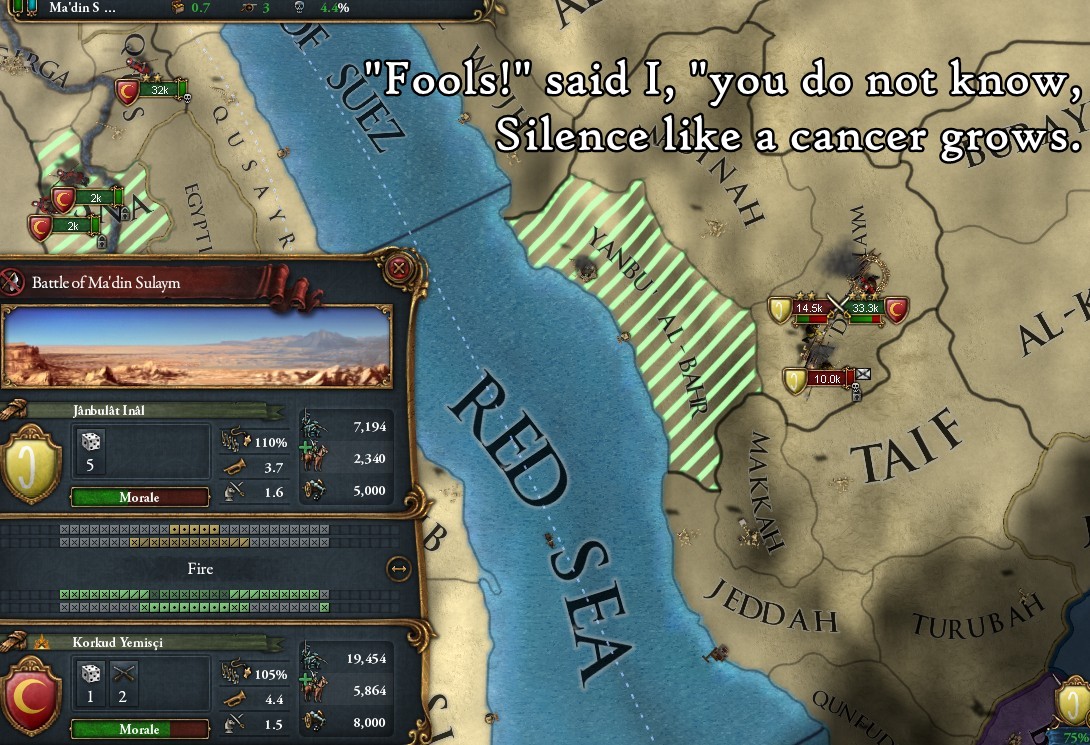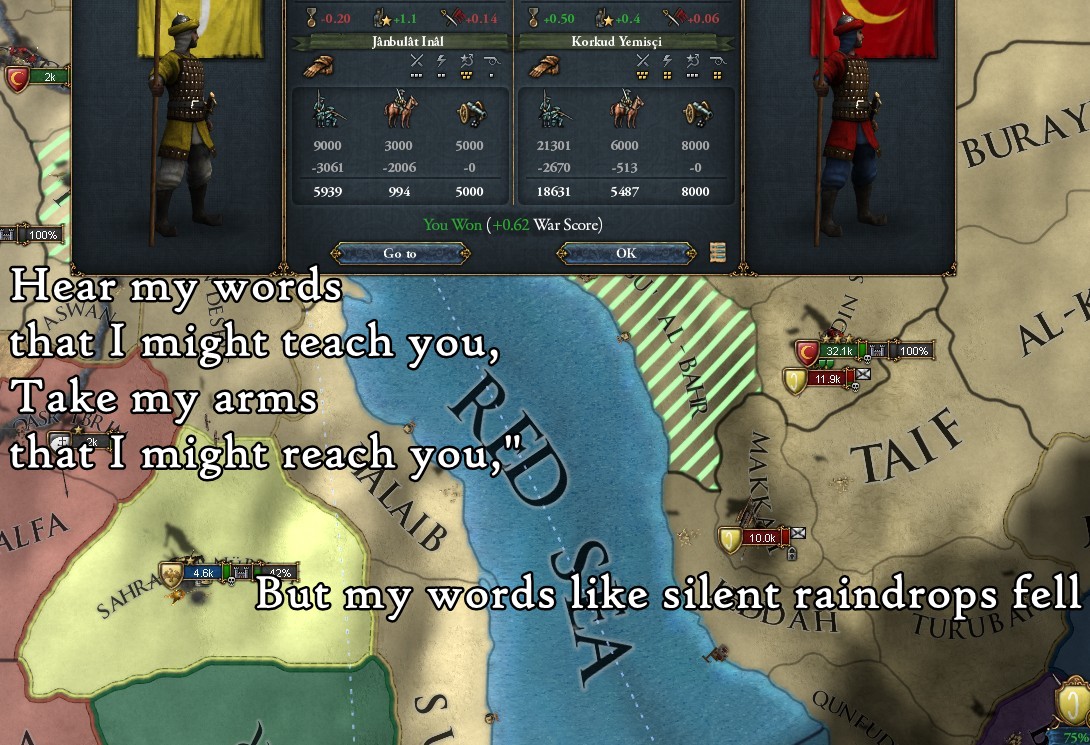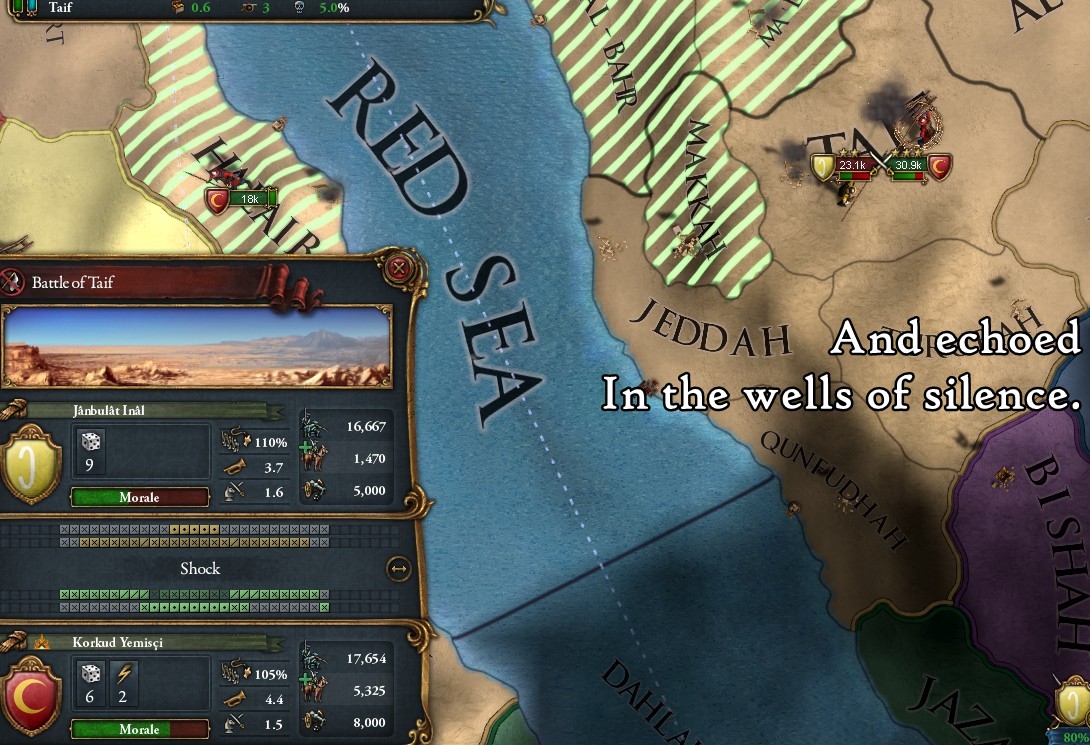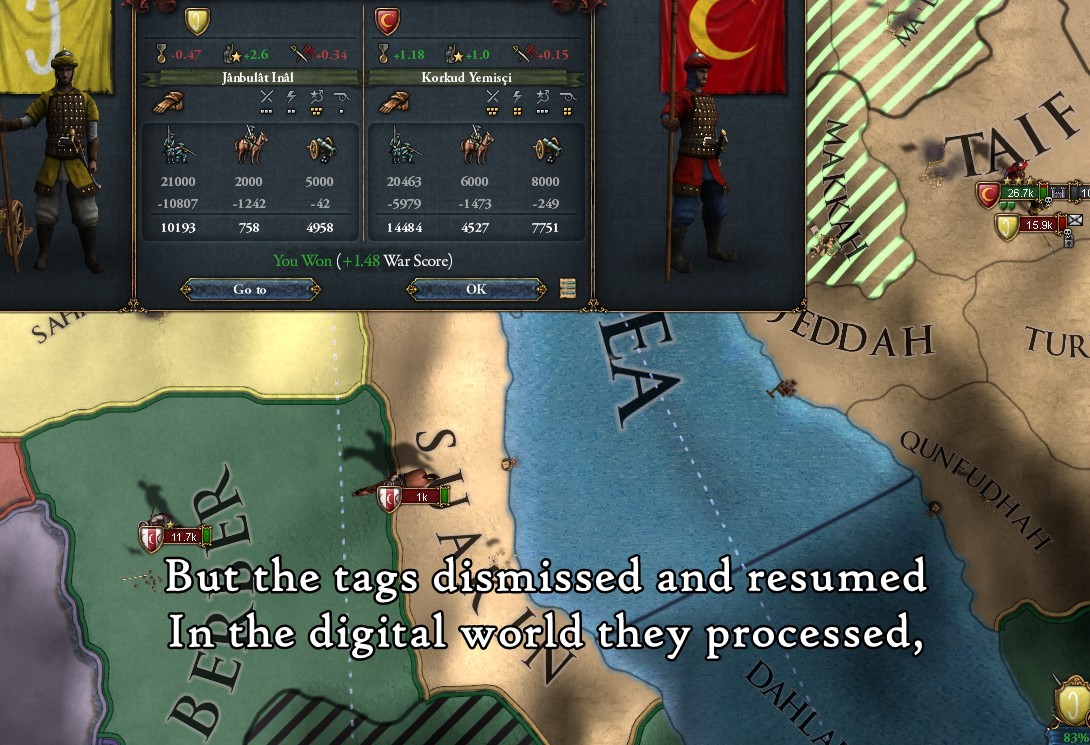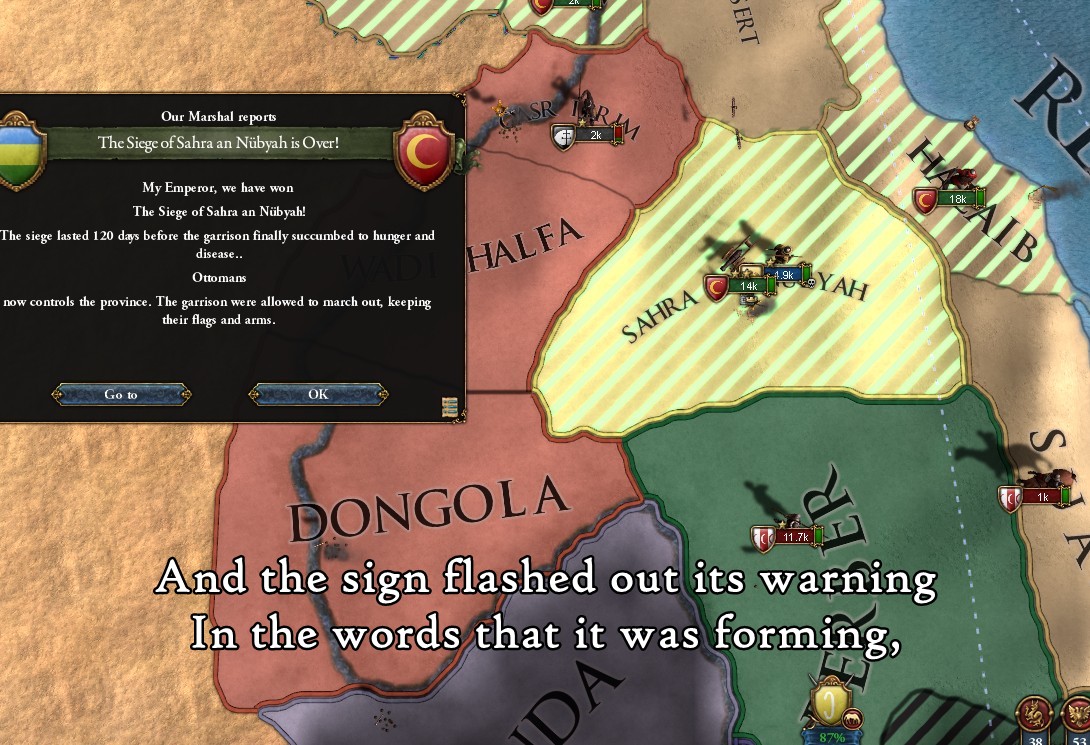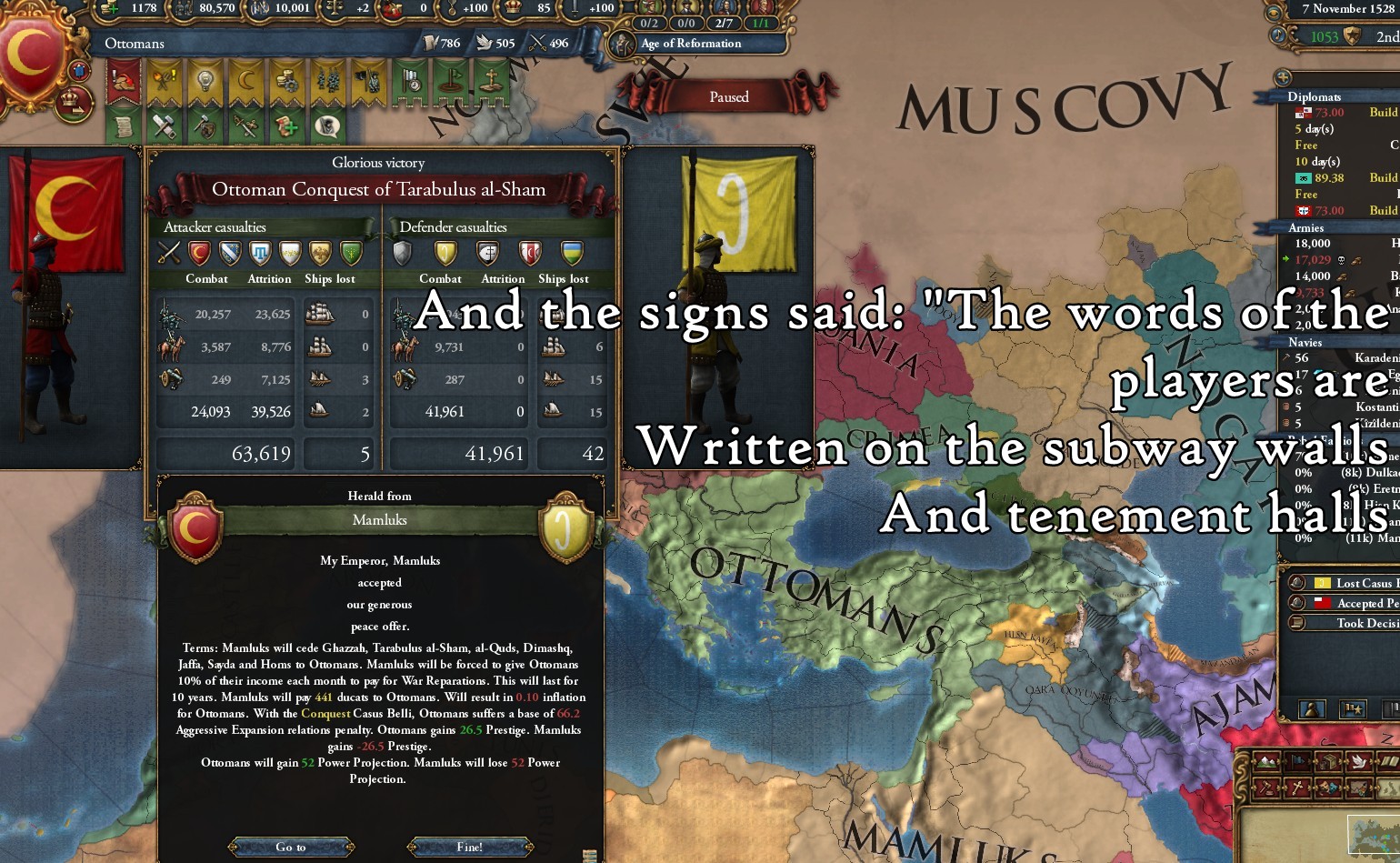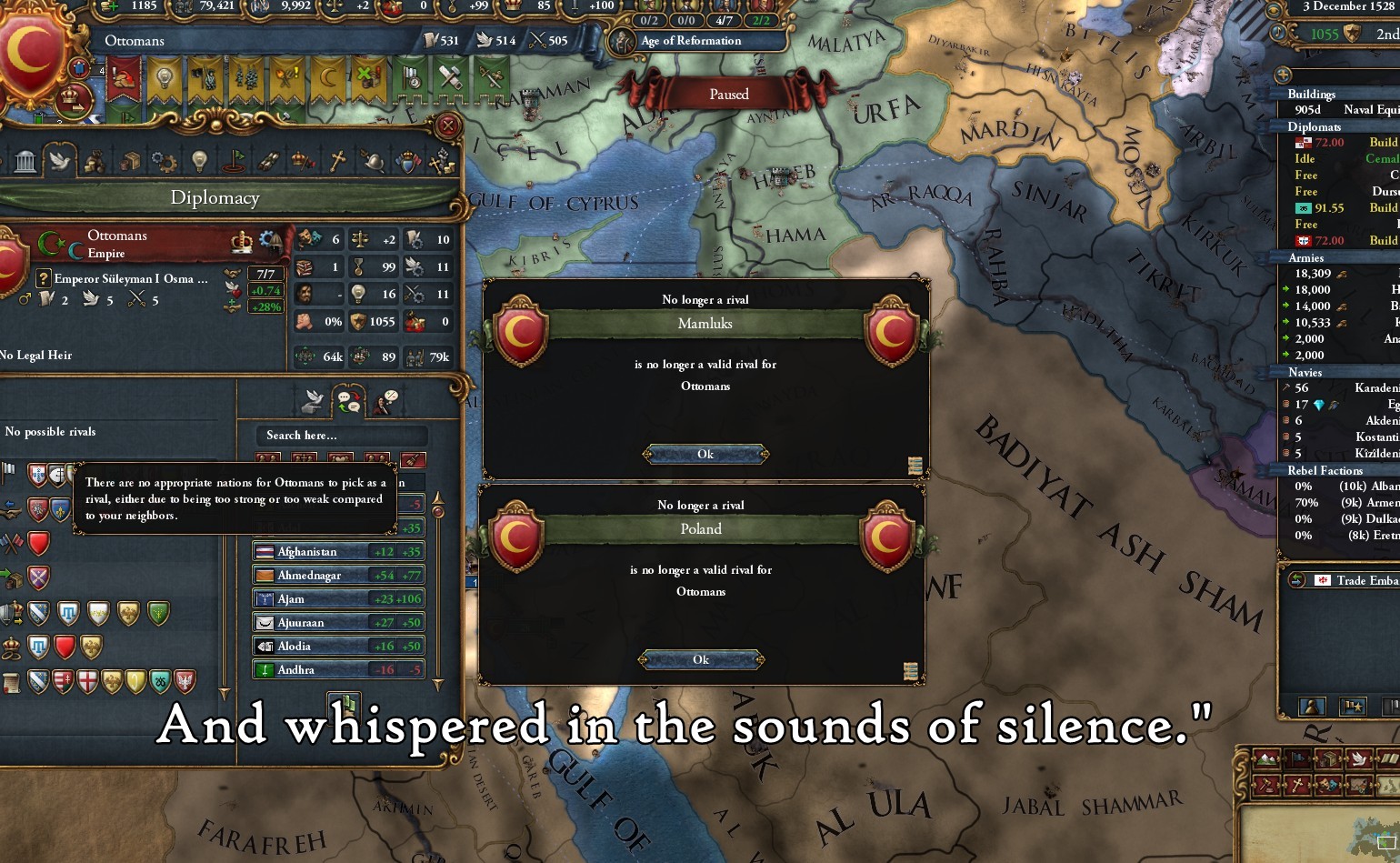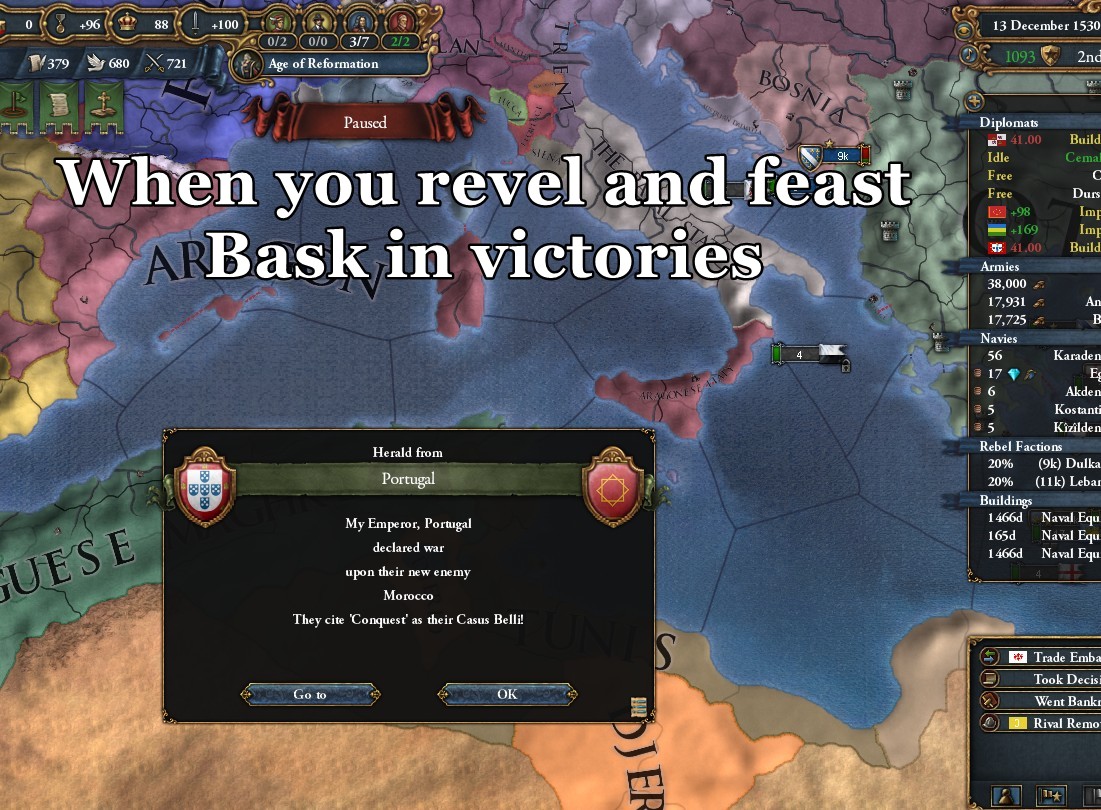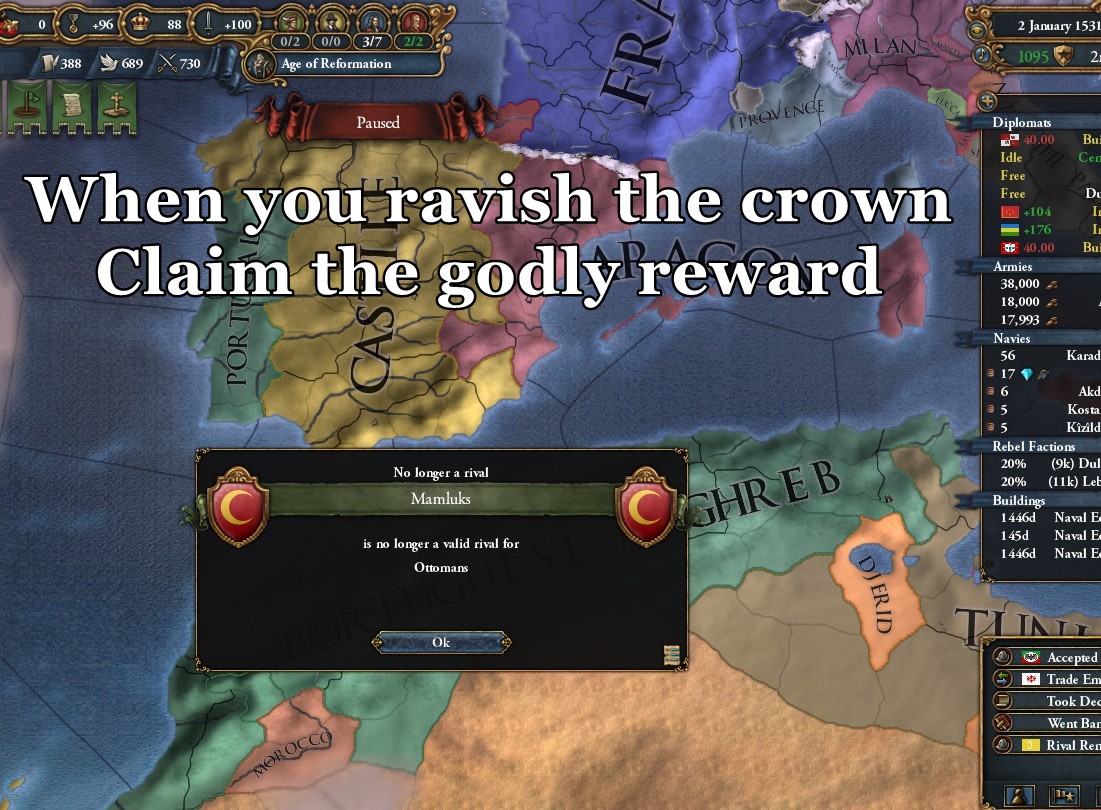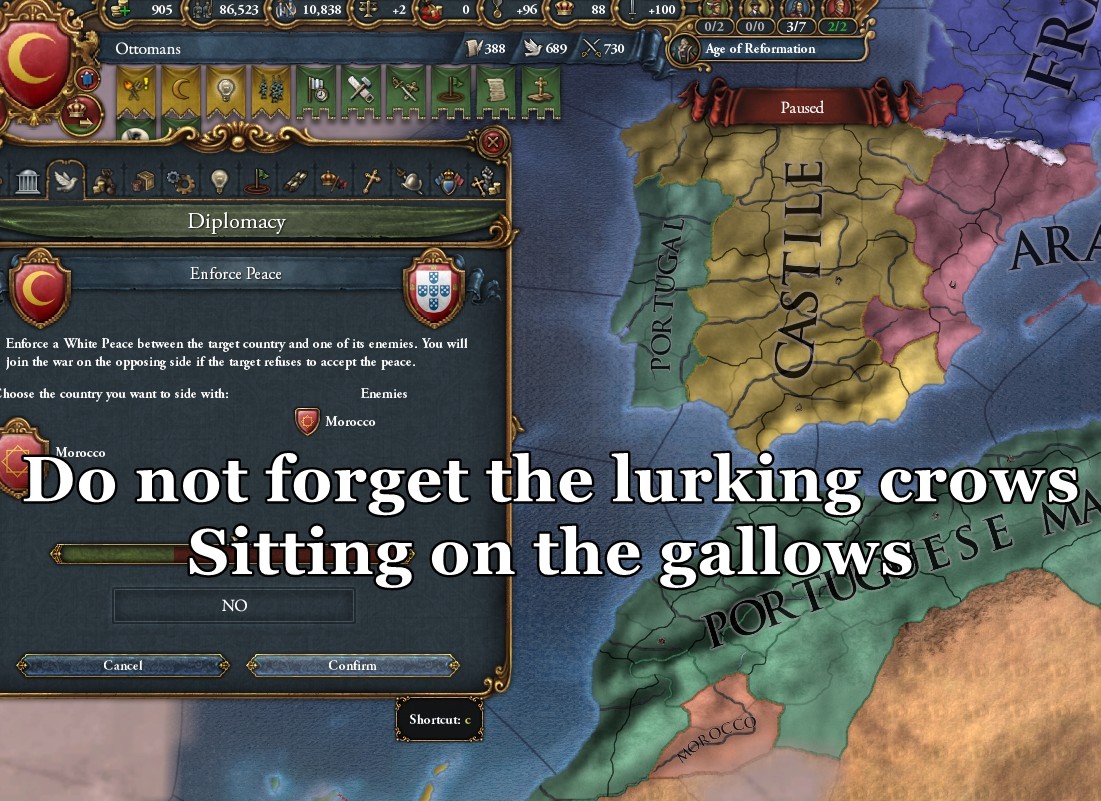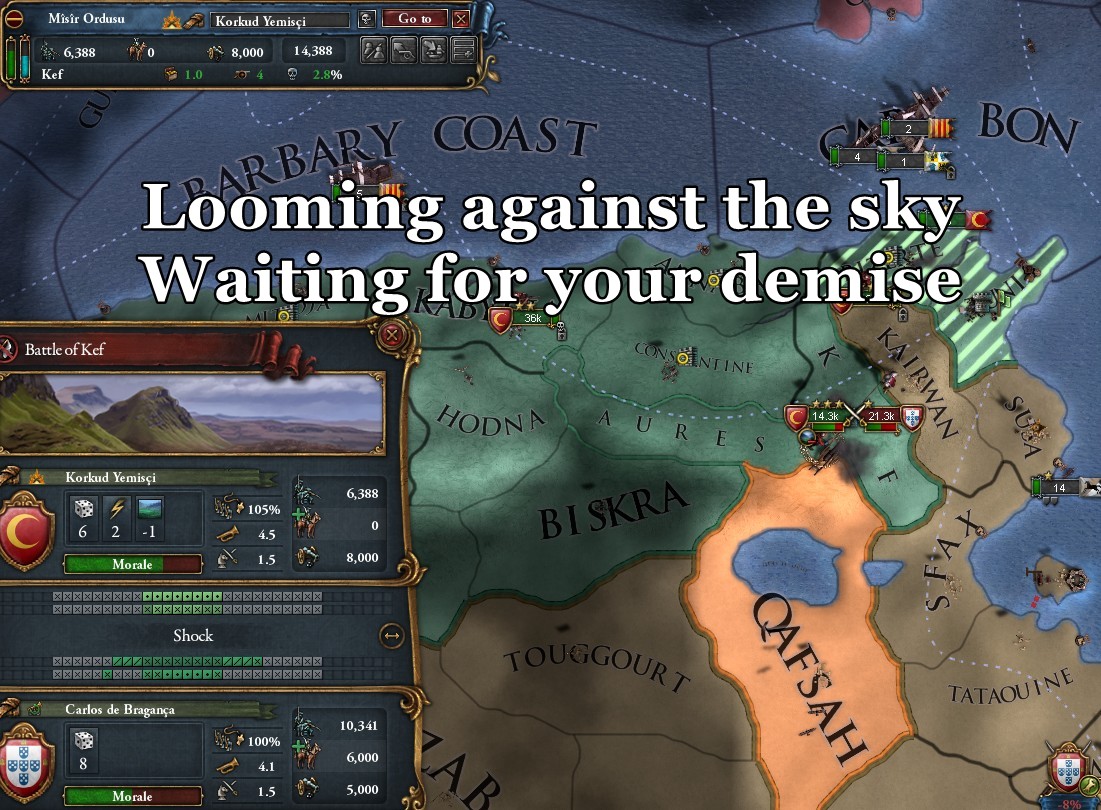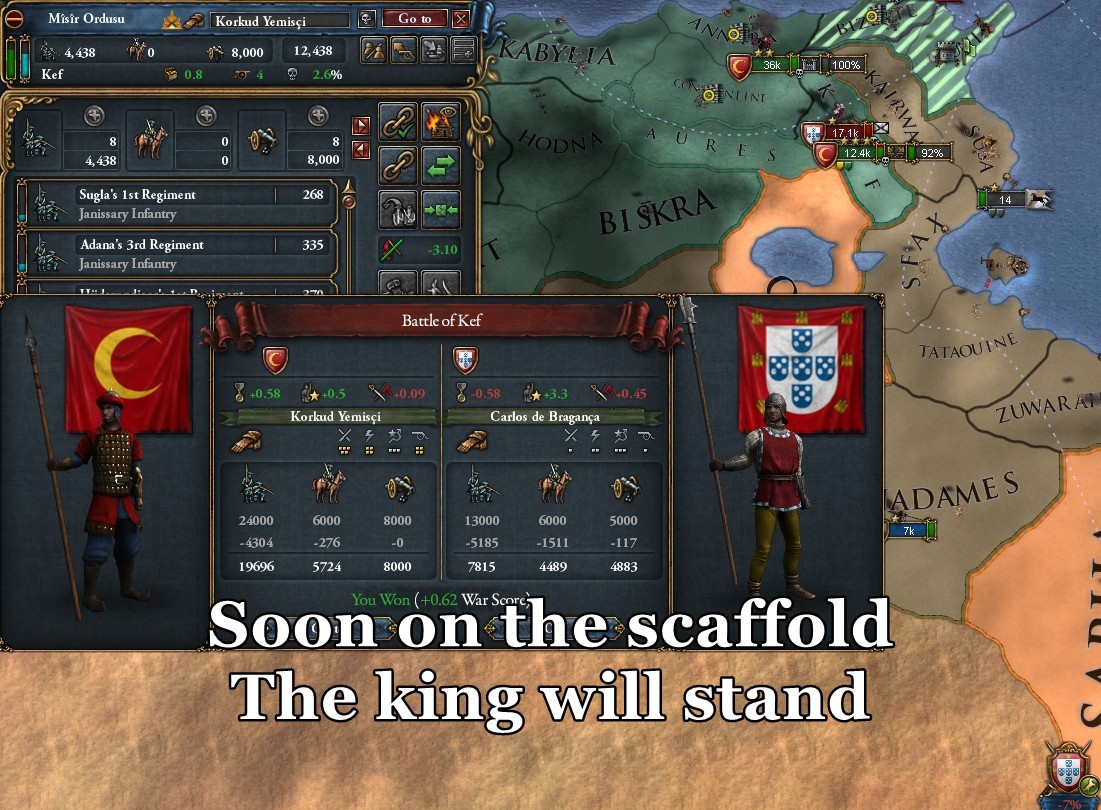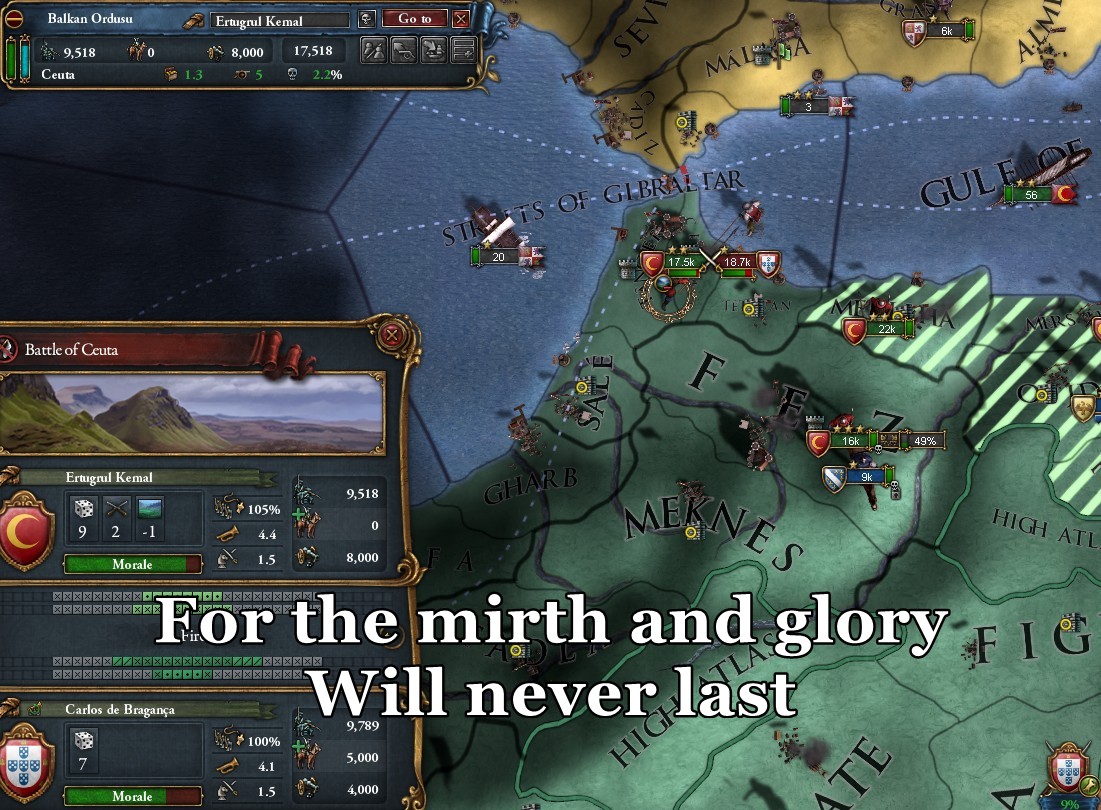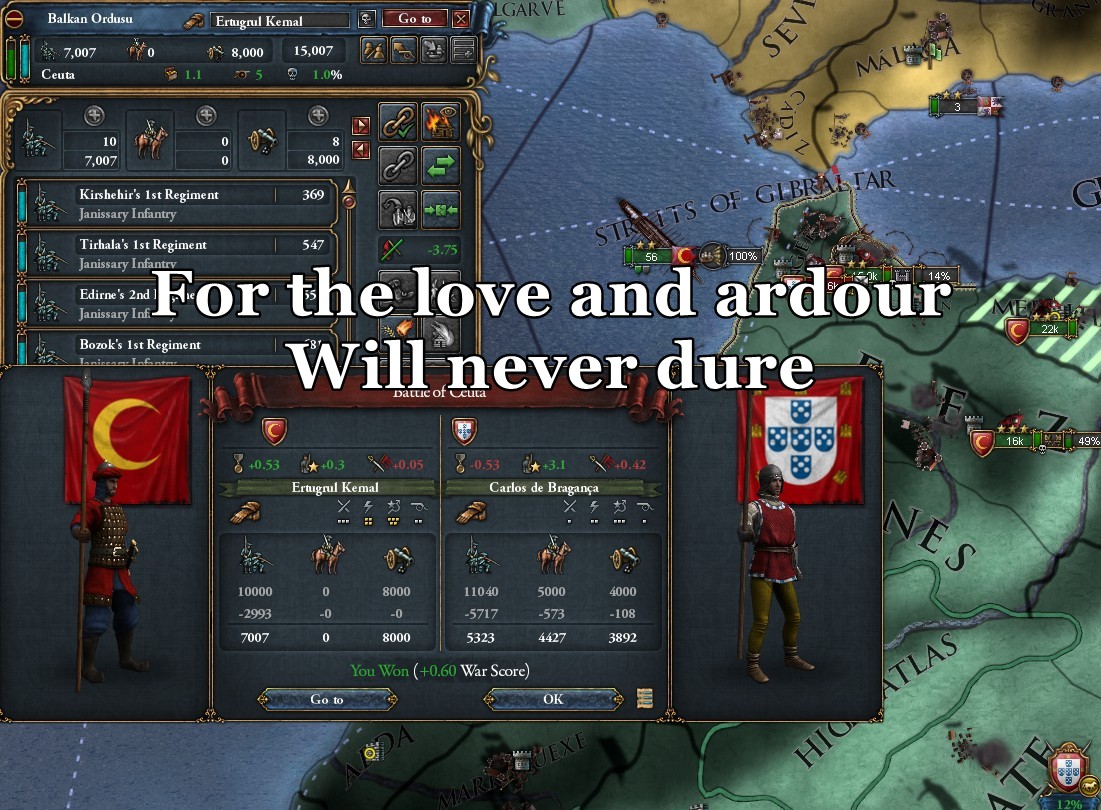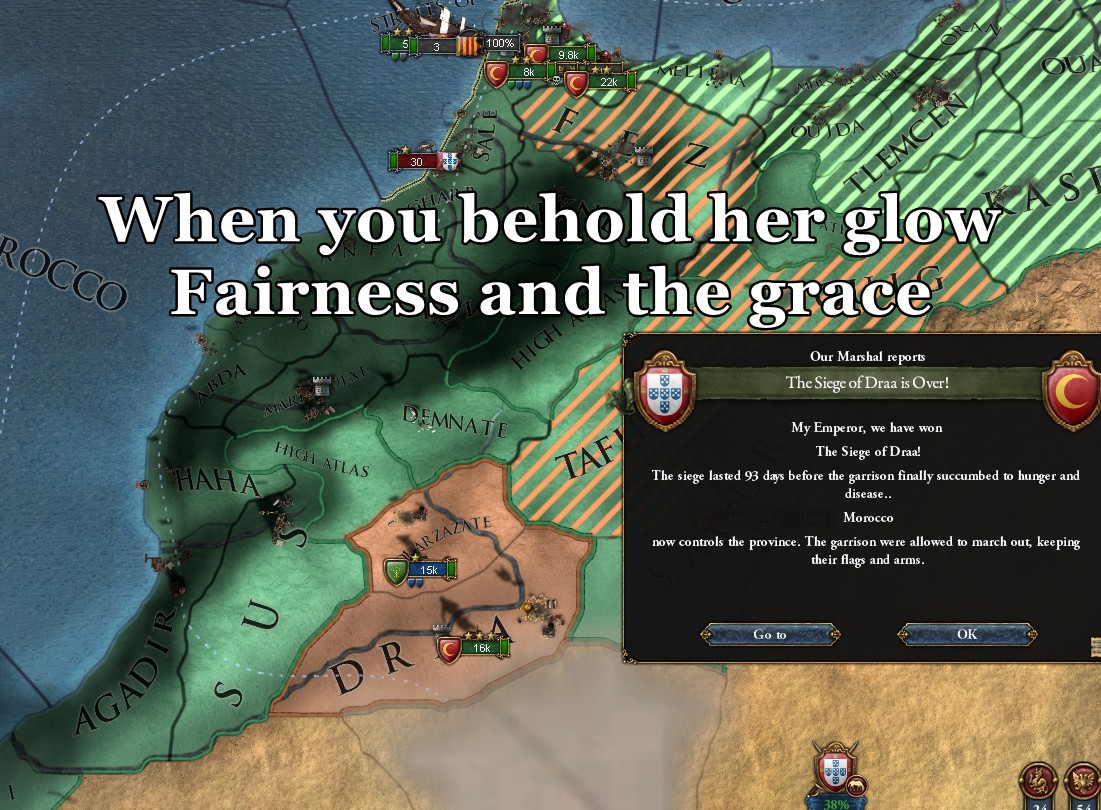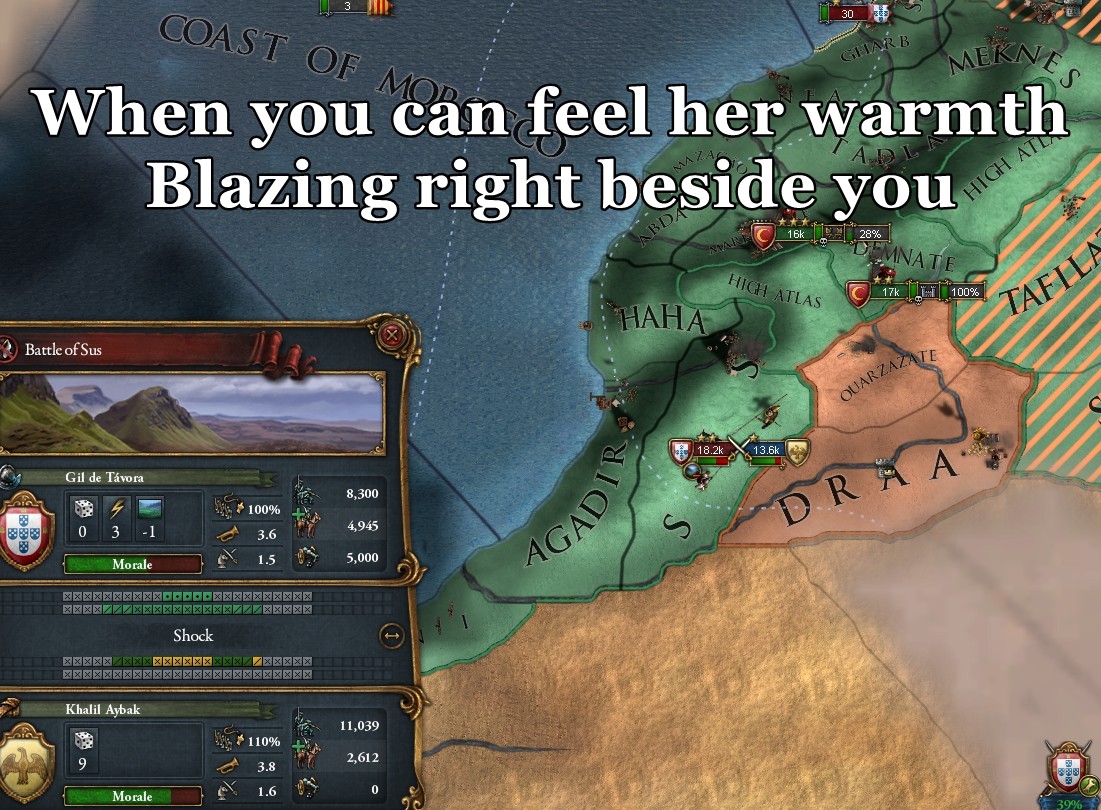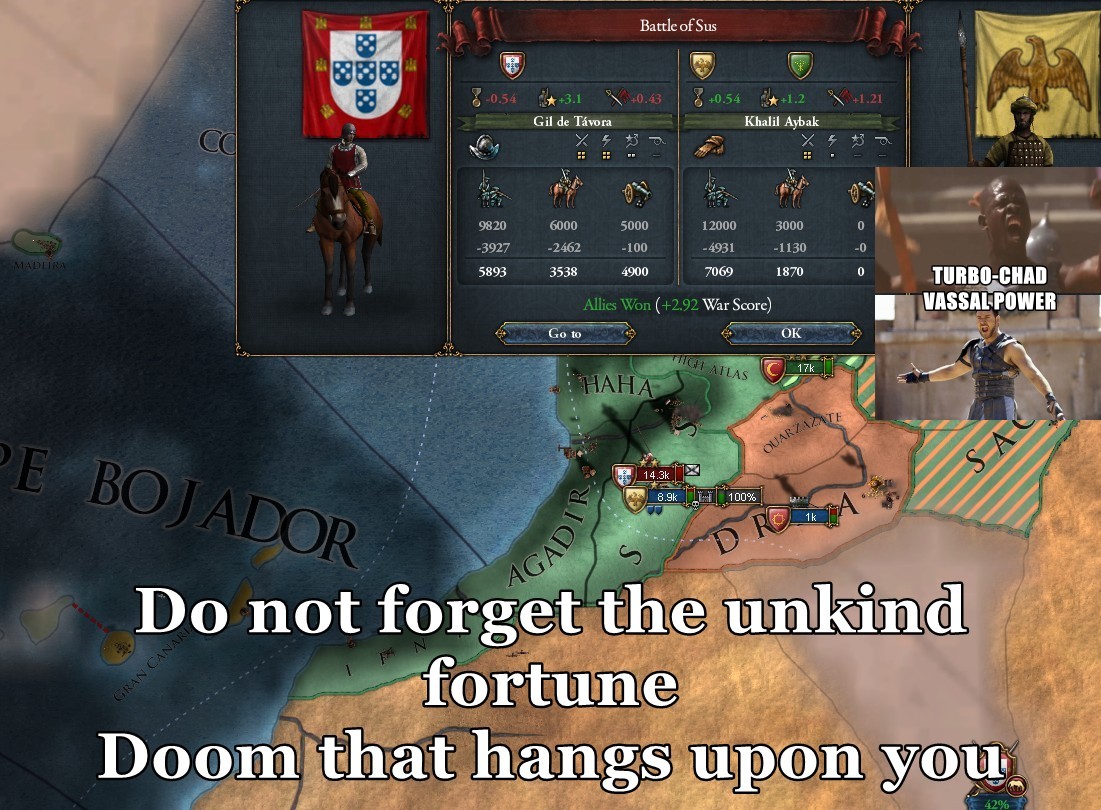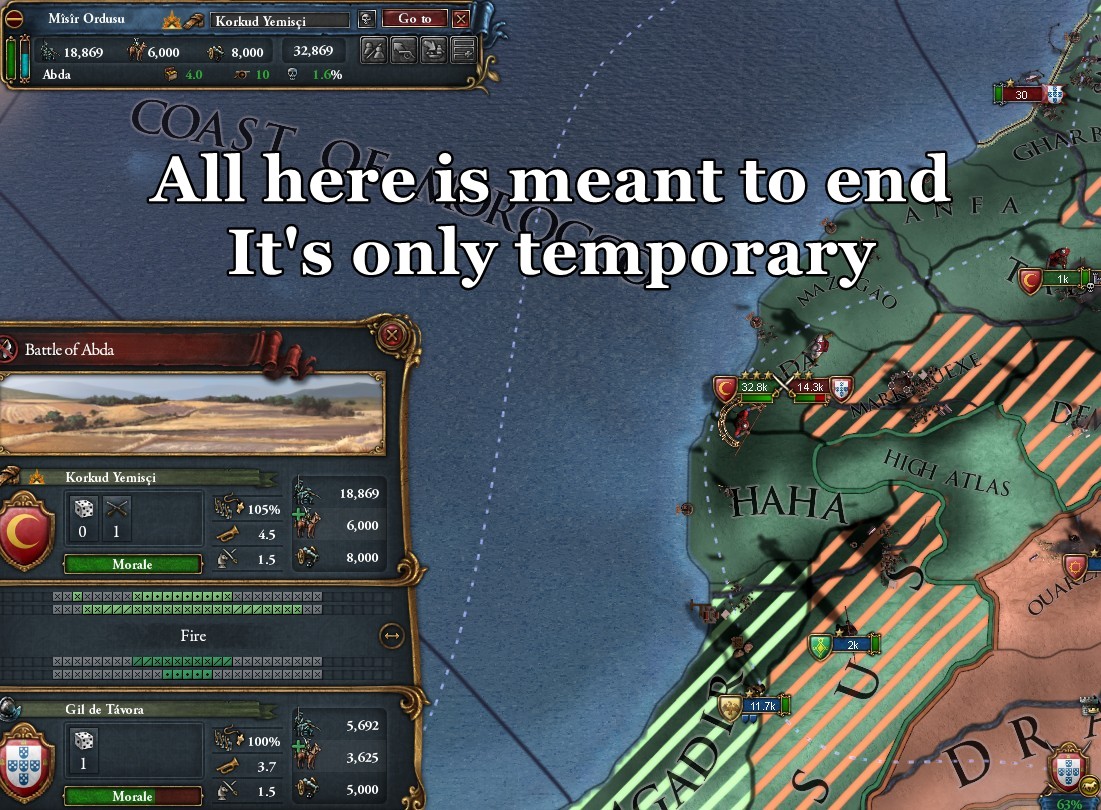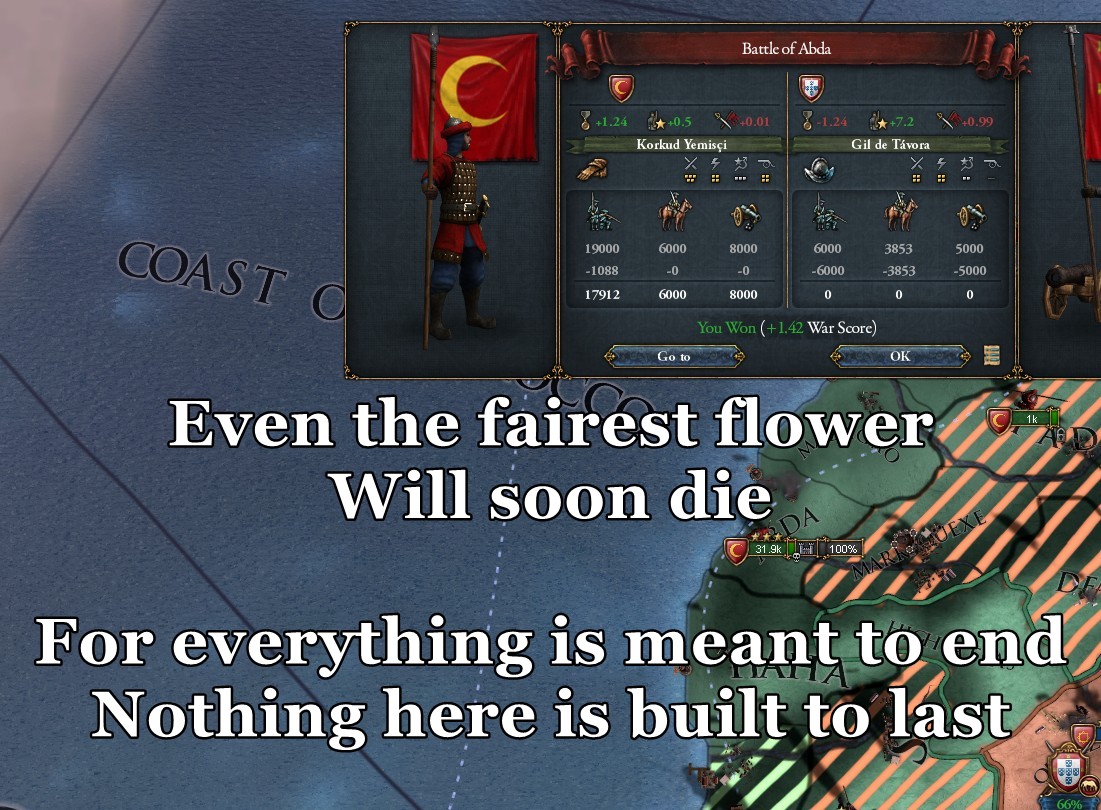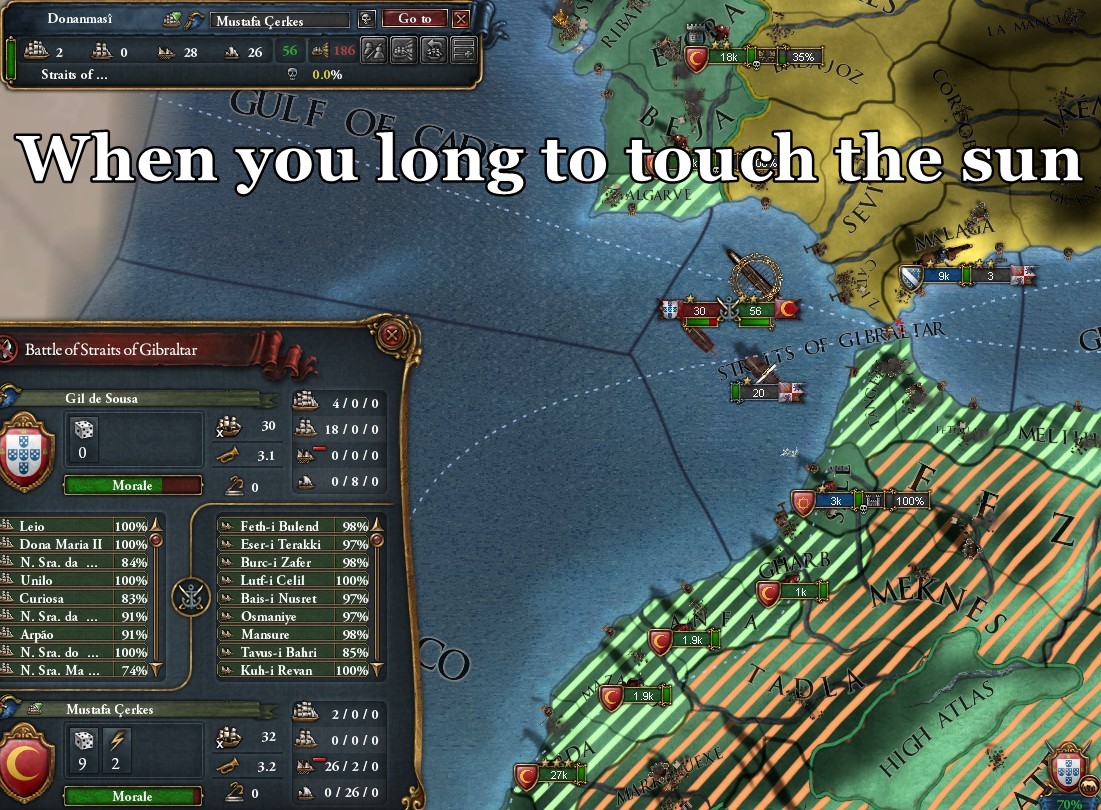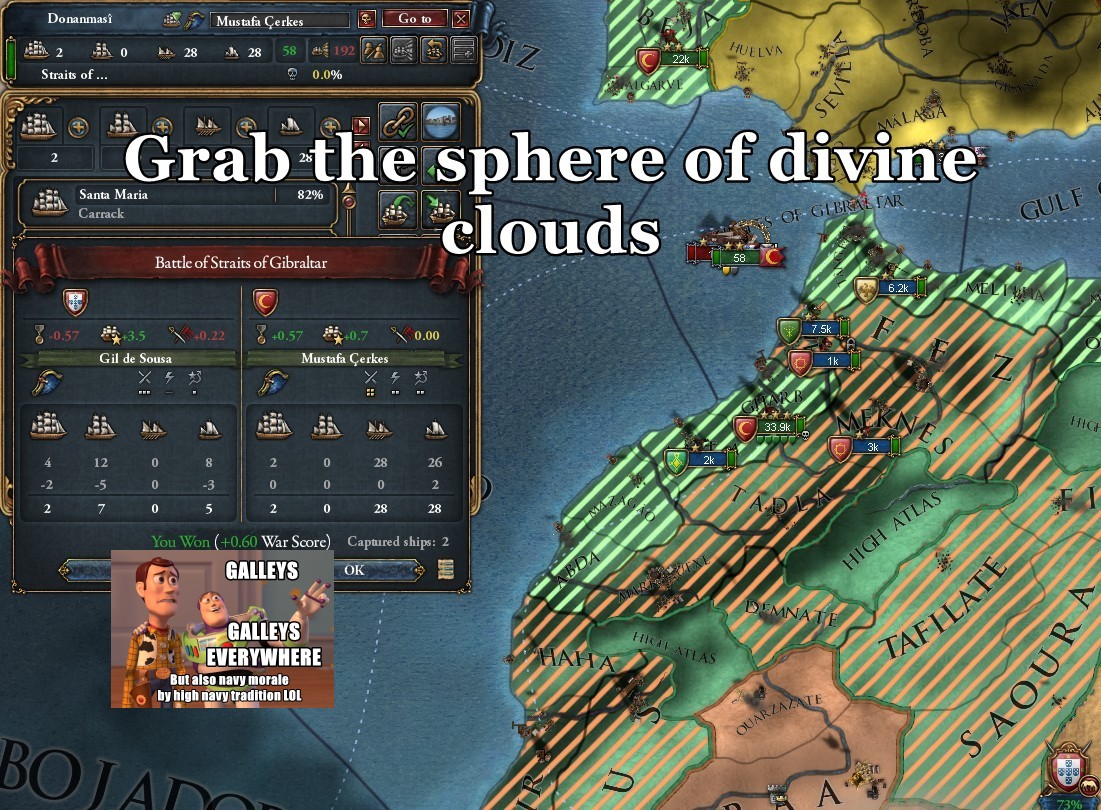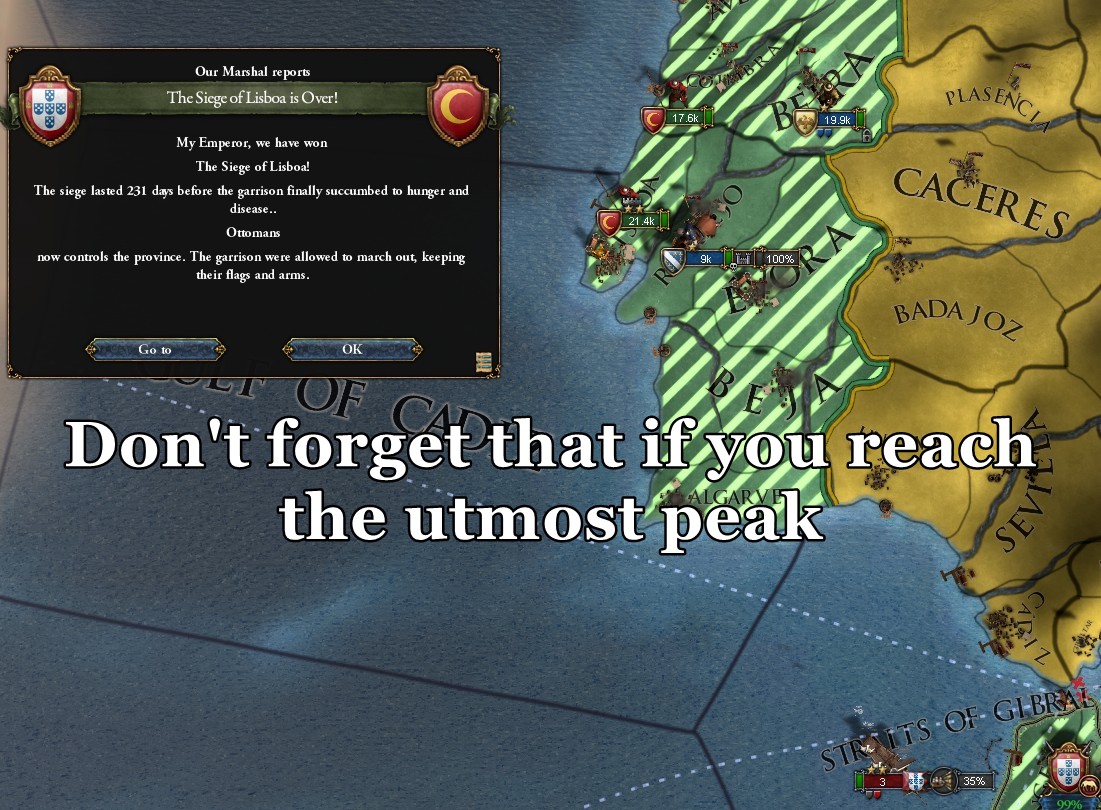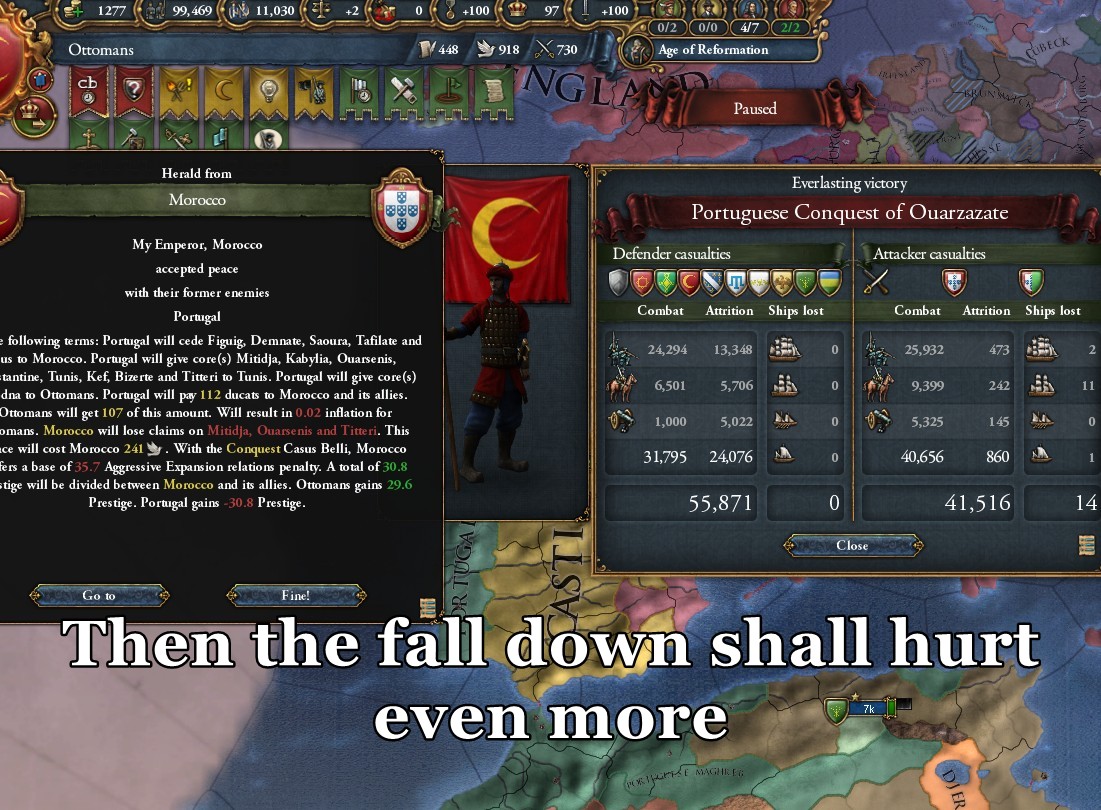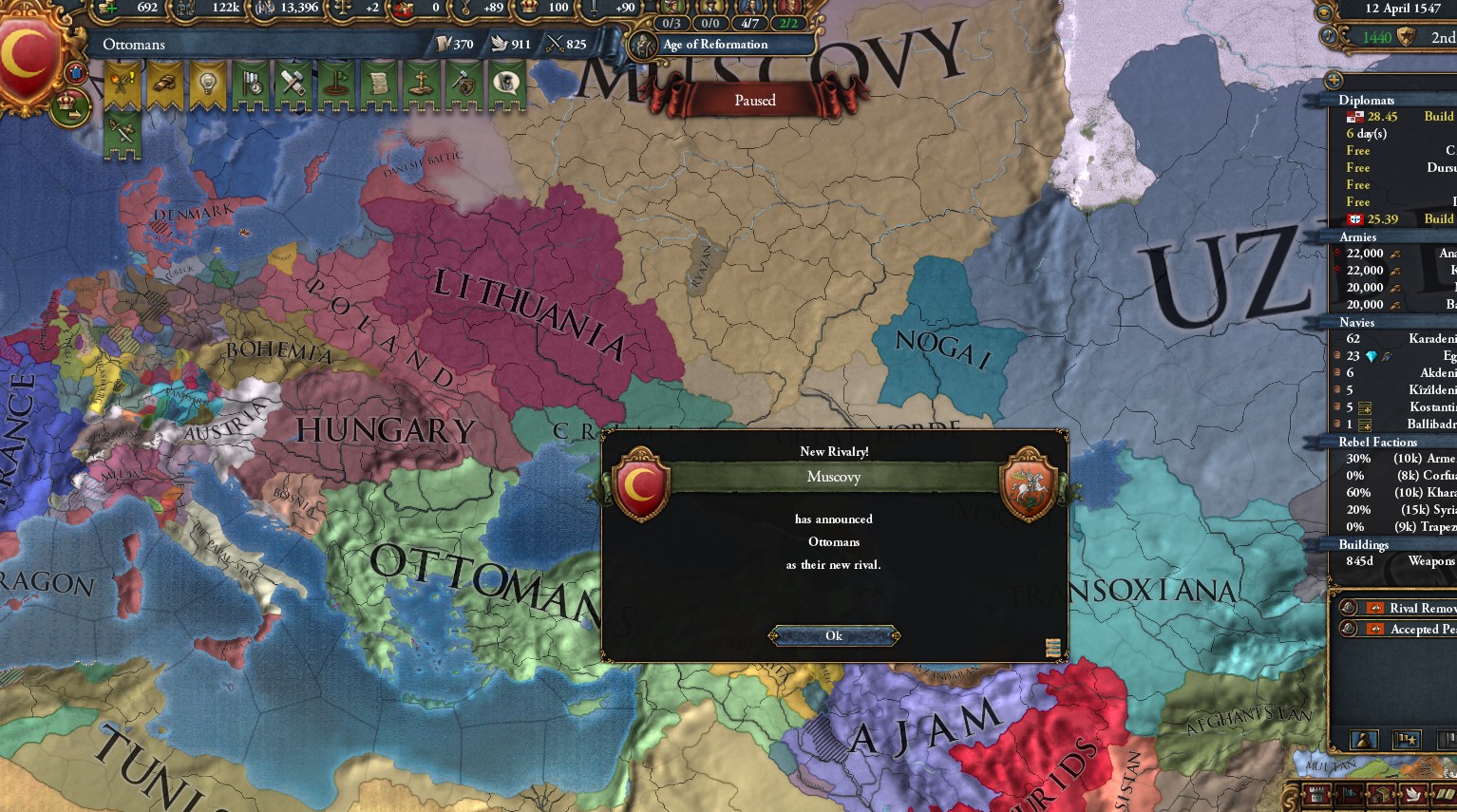It has been the grey of the dusk, however the light of the sun has tried to fight it beyond the kilometres away it is emitted. It is diffused through the thick layer of the life, but from the perspective of a point afar, it can be argued it is the thinnest line ever can be. For the ones bound to the gravity of the earth’s mass, the day undergoes the sombre shades under this eternal fight. The bright skies there have been, yet those days once again have passed, and the particles fight each other too, in the clash of the temperature and pressure, condensation and evaporation, accumulation and electrification, thus overcomes the serious colour in the eyes. Before the victory can be declared between the clouds and the light, the rotation renders the outcome, and the time comes for the rays to escape in the horizon. It will get dark, and darker, and the darkest, soon. And no, just before the dawn is not the darkest moment; romanticism does not have a chance in any argument against the real.
The issue of the map was ever-there, since the beginning of the games. Be it on the board, otherwise in the digital code of the graphics, the map defines the limits of the imagination. For the games created and played directly by and in the minds of the players, those are the capacities possessed by those minds. The potential of the mind defines the objective, the action, the calculation, the joy, and of course the reason itself, as there is no external input in that regard. The last part; that is not the direction this discussion goes through. Proceed to the point.
Those minds of the players do not, cannot, and will not conflict, as the reference datum is also given by another, but of the dungeon master.
Yes, in the before times, it was not the game master. Regardless whatever it is called for the director of the game, the playground is defined by the maps of the players as they can dream of, yet they are always in coordination with the dream of the director. With the minds in absolute control of the entire system, the game can proceed into any side of the spectrum.
That spectrum is the battleground of the clash, and its name is the War of the Type.
Genre may fit too,
style can serve a proper substitute. For the games, it can be either an arcade, otherwise it will be a simulation. The dream-force of the mind cannot be defined even a bit by such classifications, and this one makes only a crude dichotomy between its sides. There are more than what possibly can be imagined, and there will be even more, yet in the case of this game, and the question, the two options are sufficient.
The
arcade game is the set of rules that requires the physical coordination of any muscle of the player. At this point, it is redundant to conflate with the sports, and that would be true. Beyond the mind, the physical constitution is a major key in the process of the equation provided by the game to be solved. Therefore, the
Basketball does have infinite more chances in a comparison, when a digital game of the arcade type is brought against it. Again, the examples are numerous. But for the given one, the interaction of the centre, forwards, guards, the amount of the decisions, the required time for the strategy, and the life on the court of a basketball match far exceed any model of an arcade game that is digitally coded and played through monitors. The comparative case does not need to be so oblique; tabletop against the digital game, and then
Chess, and over them
Go, and any other board, will forever be victorious in comparison against any type of digital game of the arcade type ever can be. Ever. Such games may not require the physical-forces of the muscles, but they depend on the stamina of the minds, the calculation of the strategy, the patience of the players. It is therefore the digital games of the arcade types will always be shackled to that side of the spectrum, whereas
Basketball, or
Go, or
Chess are always superior with indefinite classifications, ranging from the arcade nature of the match, to the strategy of the moment, the period, the life they simulate.
Thus enters the other side of the clash; the
simulation game. And that one carries a heavy subject over itself. The concept has to be decomposed into parts, and the first one has the priority to analyse. The fire of the situation, the light of the case, the spark of the problem for this game.
A
simulation, in a crude definition, is a mathematical model with certain assumptions in order to express the real-world process, but continuous over a certain period of time. A single result of a function for a unit time point is only a solution of an equation. It has to be a series-of-solutions over a time in order to be a simulation.
Core elements are already given, and the most glaring one is the
assumption. The assumptions are the abstractions for the definition of the process, either to satisfy the lacking information for it, or to simplify the model to achieve a result but with a quicker, or a simpler, or a narrower approach.
The other one is the
real-world process. The flow of a unit-package of fluid particles can be expressed by applying the Newton’s second law of motion, namely the conservation of momentum. Other definitions are also added in order to fulfil the required amount of equations, as the conservation of mass and energy of a fluid package moving through a definite control volume. The system achieved is named as the Navier-Stokes equations, and the solutions can reveal the dynamics of the flow. The calculation is called the direct numerical simulation. Yet, such a simulation requires enormous amounts of digital processing for the applications, therefore advanced tools are applied to decompose the system of equations into steady and random parts. Steady part of the flow does not change over time by its definition, but the random flow varies temporally. That part is called the turbulence. Modern research undergoes mathematical models for the turbulence, to achieve more accurate results for the solutions of Navier-Stokes equations to analyse the flow of a fluid.
And yet, real-world processes are not limited to the particles, but also used to define any other process. The traffic, either on rails, or in air, can be modelled in mathematical terms to provide accurate estimations rather than biased guesses. Any process; and similar to the last example given, such a modelling can be used to simulate the interactions of populations over a period of time. For example, a simulation of history, in colloquial terms.
At that point, the swords are drawn. Beyond the usual criticisms of the methodology being inapplicable for individuals, the credible argument against such an abstraction is the
history itself, or rather
historiography. How the history will be viewed, investigated, analysed, processed, expressed, becomes the main problem.
There comes the
map.
As soon as the map is drawn, then the simulation is an observation but beyond the process. It is needless to say, as isolated simulations with shorter spans and narrower control volumes, but on the ground instead of observing beyond the skies, can very well delve into the field of artistic interpretation. When the resolution is increased, thus the observer gets closer to the individuals in the process, the amount of assumptions increase at the same time. The control volume becomes sharper in the contrast scale, yet the entire process is blurred. When the limits of the simulation are overcome, the artistic interpretation can reach beyond the horizons of the imagination. Yet, the direction has to be clear, otherwise the implausible will override the intention, and the result is spoilt.
Now, back to the decomposed concept, and the case at the hand. The
game aspect is added to the simulation, with the map is drawn over the control volume. This game, together with her cousins, has no match against them in terms of the resolution they provide as the map. No other game there is, giving the scope of the map this game has. The global projection for this game; and for the case of
crusader kings, a certain part of the world considered to be fitting her theme; they are without a rival, and they are beautiful.
They simulate the history over a certain period of time for a large number of entities, and the resolution of the map is a higher representation than any other in the genre. And what genre it is, the question of yours has the interest in it.
However not exactly precise in terms of the waypoints it represents, this game is superior in accuracy for the real world topography compared to any other in the genre. This game and her cousins are of course more accurate in terms of the topographical resolution for the simulated elements on the map than the similar ones.
c&c-starcraft-aoe, and before them
herzog zwei and
dune2; yet these can be only considered as tactical strategy, and calling them any type of strategy would still be a forced attempt to compliment such
arcade games. Their precision of the tactical field they depend on is unmatched, however they do not possess any large-scale map to be compared for any accuracy. Then comes
the civ dynasty, only to be laughed at and dismissed with agonising remorse for her demise.
TW has the interesting legacy, but just as
the civ dynasty, sharing the doomed end. Yet, both provide the game a map. The accuracy of the topography is nowhere to be discussed, and both are abhorrently low in resolution.
The civ dynasty has no precision on the field for waypoints, with the units occupying the same tile-size as the cities.
TW by its design can proclaim her authority in the precision of tactical maps, but again, lacks the accuracy for her globe.
This game, together with her cousins, on the other hand, with all her lacking and errors and mistakes and shortcomings and faults on the topography, has the high accuracy to satisfy the conditions to be considered a
simulation on the map. The precision falls short on the level of individual units, so the counties, or the cities, or the provinces, are simplified assumptions of the real-world areas, but the quantity of them is unmatched, and remedies this simplification.
A grand strategy, by her strong simulation elements.
But, you are not able to answer the question why you are playing this game. Besides, you are not agreeing with the conclusion that you have just now arrived. Not any more. Your disillusion is the catalyst of your question. Yes, finally, a certain step thus far.
Yet, it is not sufficient, it does not fulfil the reasoning, it is not an answer at all. You are playing this game, despite the disillusionment you are in. Her charm has escaped you. It did. It is.
Wait. You are confused.
This is doubt, on the very basic level. You repeatedly expressed your hatred, then discarded it as an exaggerated form of agitation. Only its name you have found out. The charming spell was the
grand strategy, by the
strong simulation elements. It was the potential you were attracted to, and then you have seen through the illusion.
Then? What will happen once you find your reason to play the game, you do not know. You assumed that you have a reason, and restarted the questions to investigate in greater details. The first conclusion is the naming of the motivation but for the question, and it pushes you over the edge of certainty into the abyss of indecisiveness.
The map. It holds the key. The simulation. So, the time-flow. The history, it models. The strategy falling before the eyes, as the simulation collapses.
The depth of the abyss is endless.
You quickly double-click on the icon.
CHAPTER VIII
Hello ottos.
Do not look with such worried eyes. Not hesitating, blowing off some stress. Look away. Ottos are concerned.
As the war ends, the code starts to fall.
It was inevitable in any case, but it was expected to last a bit longer before the moves of the player. You failed to pre-calculate, it made its move, you were thrilled, then you rapidly decayed into the morbid loss of the joy, again.
The heralds arrive, and of course the austria-tag is not an eligible rival for the ottos any more.
The fall of the code has already begun. This will continue as the run proceeds, and the powerful tags will drop and come back, in quick succession, in their eligibility as rivals for the player.
An interesting development happens. Or rather, the volatile nature of the design for the flow of the code. The Inheritance of Burgundy.
Despite the burgundy has been marauding the imperial princes since the beginning of the run, and once the austria-tag lost the election to the bohemia-tag, she shifted the gear to hyper-drive, so a couple of more wars with all and the emperor; despite all, her relations with any of the imperial-tags have been apparently positive. The result is that the choice of the code to be the junior partner for the emperor.
Now this would have brought another spark to ignite the fire of the hope, yet the combustion chamber is silent in the mind. It is clear that the bohemia-tag, or any other under the control of the code, cannot manage the PUs at all. The first condition to overcome is the relation; once established, the relations must be positive. It is therefore a special risk to force a personal union on a tag while playing with an old ruler. The problem is to achieve positive relations with the PU-partner but before the death of the ruler. A run against time and pseudo-random number generator as the code calculates the death of the overlord-ruler.
Even if the code manages this, or generally it acquires the PU through diplomacy, so with amicable relations, then comes the management. A PU subject does not pay fees, it does not provide force limit, but it certainly serves as an increment in the might-factor for the calculations of the code. Acquiring a subject is always beneficial for the player, as said before. Fight the code with the help of the code. But for the code, even if it is crucial to have such subjects, it ludicrously has no inclination to keep its subjects. It will annex every and all as soon as the function is available. It will over-abuse all subjects to the limits of the interactions. And it does not try to manage, care, nor protect its subjects.
In the case of the PU, the code will not even bother if it is not able to reach it. A PU does generate rebels as any other tag, independent or subject, and the most dangerous ones are the noble-rebels and the pretenders. If the pretenders of the PU win, the subject becomes independent. That is why the burgundian inheritance brings no excitement, as it is with very high probability the bohemia-tag will lose it by such pretenders. It would be interesting if it could do successfully manage it, so another powerful rival for the player. But no, the code already caves in against the france-tag, thus the burgundian lands are partitioned. The heartlands go to the france, and the bohemia has the PU over the lowlands.
Enough of the heralds. Back to you, ottos.
Oh, right. The three marches are fine; now the allies, the guarantees, so the new vassals.
[*]
Hello again shirvan, the new vassal. Make her a march, send the officers, take any debts off.
Check circassia; now is the time for an alliance. Send gift, influence, even give subsidies to reach the required +190 relations. It is not there yet, but it will be sorted out soon. When the relations are about +165, gazikumukh-tag can be scornfully insulted, as it is the rival of the circassia-tag; this will please the latter, and the requirement to vassalize will be fulfilled. That is why the rivalry mechanic is critical for the code to function.
Enough ducats you have, so two more manufactories; the technology has advanced already, so a couple of shipyards are to be constructed, to ease the burden of having more ships than the naval force limit. Now additional trade-ships can be built too.
Black news arrives, and the turbo-ruler of the ottos is no more. The otto-tag has another burden during successions: Pay the janissaries, or face the consequences. Therefore it is advantageous to keep the janissary-recruitment at lower rates compared to the regulars. But the payment is generally high compared to what is in the treasury; especially in this case after ordering the construction of two manufactories. Now in debt, but there is no need for a panic. The player is the ottos, and the economy is not a concern.
Thus comes the moment of another shift in the objectives of the player. With the new ruler, certain decisions become available. Adopting the Title of Khalifa, Denouncement of Sect Practices, and Islamic Centre of Scholarly Learning. All provide various advantages, in terms of prestige, lower unrest, and the last one giving tech-cost reduction by 5%. Yet all increase the scale in the direction of positive, that is in the legalism side of the muslim religion. The year is 1496, and the ottos do not need such advantages, not even the tech-cost reduction, not any more. Decision alerts can be turned off. Carry on.
The reason is, the time has come to accumulate mysticism, meaning negative on the scale. This also means a limitation on the targets. From this point on, heretic or heathen targets are not priorities, and direct war declarations on such targets shall be avoided as much as possible. Only the true faith targets are free of the hesitating moments for any future plans. The ottos will fight against the sunni, and only the sunni, whenever it is possible, so the mysticism can be gained. For morale and fort defence boosts.
The economy is not a concern, as said before, since the net income is about fifteen (15) ducats per month. While maintaining an army force of 70k. Yes, albeit faint, the light of the saturation level is already about there, shining through the tunnel, unfortunately. More and more monarch points are accumulated, so they can be spent on the ideas.
Back to the pre-war discussion.
The Case of the Ideas
The game has only two elements as strategic choices.
The Initial Alliance Ring
Yes, the strategy in this game depends first and foremost on the initial alliances that are made. Runs with the tags of ming, ottos, and mughals will never be in need of such strategic choices; yet the muscovy-tag does have the problem at the beginning, and this strategic element of the game lasts for only the first couple of months of the run. The france- and england-tags are more relaxed, the colonisers are limited in their choices, yet malwa- or bengal-tags do necessitate a careful consideration for the first alliances. The palembang- or majapahit-tags are desperate for good allies to be chosen, and the ryukyu- or the knights-tags are in absolute need of any allies they can manage.
Nevertheless, a couple of months into the game, and the rest will be silent. The lübeck- or genoa-tags will go from one ally to another, the switzerland-tag will endlessly try a balance between the emperor-austria and the france, but the inca- or maya-tags will not even have a chance to make any credible friends, once they are on their course of rise, and nor they also will ever need any after that. Of course, all such claims are for the player. The code does… whatever it does.
The Ideas
The ideas are what remains as the sustainable strategic element of this game. Sustainable, but very limited. There are eight (8) slots allotted for a choice, available at certain technology levels, and there are eighteen (18) sets to choose from. The new ones specific to government types are not elaborated, as there have been only two (2) before and up to the emperor expansion, then came the monstrous leviathan, and there were more for other governments. Who knows what they are, but the interest is no more.
The Permutation
Regardless of the actual total, there are only eighteen (18) for any tag that is played during its run. Three groups; Administrative, Diplomacy, Military. The first problem to be solved is therefore the permutation to be chosen for the eight (8) slots. The general strategy is to go with
3-3-2 combination, and
any permutation of it. Usually some players will go with 3-military ideas, to accumulate as much advantage on the battlefield as possible. However, that is redundant for many of the tags. Especially for the turbo-tags. The permutation heavily depends on the playstyle, the objectives, and also the tag that is played. A combination of 4-2-2, and any permutation of it is also reasonable. 5-3-1 is rarely seen. However…
The Initial Filtering, the Opportunity-Cost, and the Monarchs
Yes, however. The reality of the game mechanics enters the stage once the unpause is hit. The main and
de facto situation is the time of the run in comparison to the time of unlocking the idea set. The first three (3) slots are unlocked by the time the tech-level 10 is reached. The first-3-choice defines the opener-strategy, they set the course of the run, they open the plan, and they close the rest into the set of the
aftermath.
The initial choice depends on the simple decision: If the tag is a coloniser, then there is no dispute, the first-3 will contain the Explo-Expansion. The third is situational. Delaying the Explo-Expansion to the era after the first-3 choices as a coloniser is only reserved for the set of highly advantageous tags, which are the usual-band: castile-, england-, france-, portugal-, and even the holland-netherlands-tag. The rest cannot afford such a delay; tags-of-indonesian-islands, korea-tag, mali-tag, morocco-tag, and especially the granada-tag. Besides, taking Explo may seem interesting as the muscovy-tag, but that is highly unnecessary, incredibly situational, and never to be as an opener. Taking Explo as the mughals is… yeah, laughable. The sarcastic tone of the question
Why? is unparalleled for such choices.
Naturally if the tag is not a coloniser, and the run does not involve such direction, then the choices are free from the damning shackles of the Explo-Expansion, which are outright filler ideas in any regard, taking the run as hostage when employed.
Moving on from the deplorable mandate of Explo-Expansion. The openers as the first-3 are critical, and the
de facto reality of the game does not forgive hysterical fantasies. The name of the hysteria is the Administrative-Set of the administrative group.
Under no circumstances, in no situation, for no reason, the Admin-set can serve any purpose. For no tag. Nought. None. Zero. It provides mercenary cost reductions and merc-manpower. No tag in the game will ever be in desperate need of mercs and can remedy their demise with such pseudo-bonuses. The rich, the advantageous, the lucky, the powerful, the strong, the large tags do seldomly need mercs; the poor, the disadvantageous, the unlucky, the ineffective, the weak, the small tags cannot efficiently benefit from merc-bonuses. Their economy simply cannot afford it, but moreover than that, such a tag, when Admin-set is chosen, will lose the opportunity by wasting one slot in the administrative group. That is correct, the base factor is the
opportunity-cost of the choice. That is also the reason for detesting the Explo-Expansion duo.
But it is the popular choice, generally considered. The reason is the second idea of the set, that is the core-cost-reduction. -25% coring cost. And therefore it is given as a reasonable choice. You do not fall into that trap, as no tag in the game can benefit from it while being able to afford 400+400 admin-points. The waste is too much, and the game already limits the affordability in terms of monarch points by the… yes,
monarchs.
Runs with 11- to 14-monarchs can waste the points for one, or two ideas between each technology advancement. The dream-scenarios of 15- to 17-monarchs do naturally provide a problem-free run with more than two ideas per technology level reached. Even during heavy conquests. The phantom 18-monarchs should not be considered for valid strategies, as they are rare, and they die quickly by the thermonuclear warfare of hunting accidents. For 10-monarchs and lower statistical attributes, the player should feel lucky to not fall behind the neighbours in technology, so the ideas are low in the priority. In this regard, the incredibly unnecessary Admin-set becomes permanent entry in the list of
never-to-even-look-at-it.
Yes, the banal-listing of Espionage, Maritime, Naval sets are always there to banter on. It should be reminded that Espionage is not a set for the players to choose but reserved for the code, as its opportunity cost is extremely high. Naval set has the curse of being in the military group. But Maritime, well, that is one of the secrets of the game, which eludes all those eyes looking maniacally for discipline, morale, CCR, and other such redundancies. More can be said for that one, but not at this point. Moving on.
Thus, main parameters are the
permutation, the
initial filtering, and the
opportunity-cost, as well as the
monarchs. Furthermore, the
opportunity-cost is not only for the ideas, but for the policies the sets provide when finished. The policies are infinitely more advantageous for any pairing of any idea-duo than the ones that can be enacted by taking the Admin-set. The final nail on the coffin.
The First-3, or the Openers
Openers are of utmost importance: One cannot benefit by any margin with a set from the administrative group, while conquering heavily, and expecting to advance in admin-tech, at the beginning of any run. Opening with military group is too expensive, as the mil-tech bonuses are always more relevant than any idea set of the military group, a situation which is extremely important during the first 50 years of the run. Therefore the diplomatic group opener is the safest route. The rest of the choices are tag-dependent.
Thus come the
tags. Turbo-tags have always more freedom in their decisions to make an investment for the future, while the smaller-tags should take their steps carefully, in risk-free, calculated measures.
But the player is the ottos. Yes. The otto-tag does not even need any of the idea sets. Even the ming-tag may require a couple of them, but the ottos, especially for the initial decades, no. Even the absolute-luckiest tag of the game, the castile, has to take Explo-Expansion duo. Not the ottos.
The only reason to take and enable an idea set for the ottos is: To get rid of the alert-notification above. Funny as it may sound, but that is the situation. And yes, unlocking the national-ideas. That one also serves some purpose.
The opener should be always the Diplo-set of the diplomatic group. Always, for any tag, for all runs, if the run is not a colonisation-mania.
Playing the holland-netherlands-tag? Diplo-set, otherwise face the Holy Roman Intervention, as well as the Punitive Wars.
Playing the butua-tag? Diplo-set, otherwise die out from loneliness against the kilwa-tag.
Playing the ashikaga-tag? There is not much to do, except for increasing the relations with the daimyos.
All right, a daimyo-run? Well, during the hectic sengoku jidai, only the Diplo-set will be the reasonable choice. Diplo-points are low priority compared to the other two, they can be spent regardless of the situation, and by doing so, national-ideas can be unlocked faster than with any other set.
Sigh. Admin-set, again? Ok, take it. Take the ideas. No no, please do so. For that superb(!) CCR bonus. Spend 800 points to get it. Now far behind in admin-tech. No admin-points to core any provinces after conquests. But they are cheaper, right? Yeah. Inflation is at 5% by all those lump-sum ducats from peace treaties; no admin-points left to reduce it. Stability is at -1, no admin-points to increase it. Maybe not in europa-continent, so institution has to be spawned by development. No admin-points to spend on tax-admin. All wasted for that magnificent(!) CCR bonus. Yeah, what a wonderful strategy. But hey, you also have cost reduction by a hyper(!) 10% for mercenaries. While the economy is in ruins, while cannot even afford regular forces. Yeah, perfect set to choose.
No. Never the Admin-set. In any case the administrative group as opener is for few tags only, and for no-conquest-runs.
Opener as military group; redundant. Absolutely unnecessary also because the player is the ottos. Diplomatic group, it has to be. The Esp-set provides very niche bonuses, with an enormous cost of opportunity, and that one is created for only the code, not the player. So, it is also eliminated from the list of reasonable choices, leaving only five (5) to consider. Diplo-set it is, as discussed.
The second set, by the tech-level of 7. Now comes the tricky part. One can again be seduced by a set from the administrative group, which is also reduced to five (5) eligible choices now. But it is still too early for that group, and the tag is not a coloniser. Military group for the second idea it is.
The tag of the player is the ottos. Therefore it will never require the Quantity-set. Never. Naval-set is pointless, as the tag is a Mediterranean power, meaning the battles over the waves are dominated by the number of galleys, not the fighting capability of heavy ships. So there are four (4) sets for the ottos to choose from the military group.
It is too early for the Quality-set, as the benefits of that will send the tag into space while the others will be carving the stones in caves. Offensive-set is for the rich tags, and the ottos can afford it, and the ottos do not need it. Yes, the ottos do not need any of the idea sets in any case, but the time for Off-set has not come yet – and it may never do so.
Therefore the Defensive-set remains as the choice of the sound reason, and it is thus safe for any tag, not just the ottos. And choosing it will only cost the opportunity. Yes, the secret opportunity. Especially for the ottos. The main objective is to keep the run far from its saturation level as long as possible, while making safe choices. Choosing any of the military group will in any case boost the tag, but for the ottos, there is another choice.
The Aristocratic-set.
That is another secret weapon for the ottos, for the turbo-tags, and for any tag the player controls. No set can match its power, as it boosts the cavalry fighting capability? No, not that one. It reduces the cost for mil-tech by the second idea, yes, that is crucial. But not the most important. It also boosts the manpower, now that is the cool aspect. Manpower increase without wasting the points for the Quantity-set, and while enjoying +1 military leader, another +1 diplomat, and reduction on the military tradition decay. It does also give yearly absolutism and merc-manpower, but these are irrelevant. It also increases the control gain through additional autonomy change. All good, or crucial, or cool.
But the most important aspect is two-fold. No tag of the code chooses it, at this early stage. Every idea of the Aristo-set will boost the innovativeness for the player in this case.
The other one, and the victorious of the day, and the prize at the end of the rainbow; it is the finisher condition. +1 siege-pip for generals. No more rolling for military leaders until one with any siege-pip is spawned. That is the power of the Aristo-set.
Otherwise, the player will have fun with seven hundred (700) days or more of sieges. Case example, fighting against the hamburg-tag, and sieging the Walls of Hamburg. Nought-siege-pip means forgetting that siege-army-stack for the rest of the war. 1-siege-pip means that war will be finished sooner. Therefore the Aristo-set, and it is for any tag. Of course, except the merchant republics. That will come much later.
Thus ends the case of the ideas. The story of it will continue though, but not for long.
Yes.
12 ideas, by 1498, after Anatolia and Balkan conquests, and still ahead of time in tech by seven (7) years.
Because turbo-monarch, diplo-set opener, and aristo-set as the second.
That is how those provinces can be conquered with low War Scores;
the low-cost of provinces in the peace deals thanks to diplo-set.
That is how tech-advance is thus fast, as both provide tech-cost reduction.
That is how the manpower is thus high, even after wars, owing to aristo-set.
That is how the coalitions are under control, owing to current +2 (and +1) diplomats by these two sets.
Check the circassia-tag. Relations are at +173. Scornfully insult its rival, the gazikumukh-tag. Relations are at +198.
Welcome circassia, the new vassal. Make her a march, send the officers, take any debts off.
Oh. It is 1500.
A merchant named Cristoffa Corombo of Genoa must have made a trip, fantasising about reaching the India, but ending his journey at a different destination.
Or no, that was about eight years before the date. Probably someone else have made it this time. Regardless, that is not the prompt for the event of the voyage, but for the end of an era.
Colonialism is born.
[*] Still-images from The Terminator (a. Bruce M. Kerner, Arnold Schwarzenegger) (1984)
[**] Bonny at Morn, folk music, from the album Nine Points of Roguery, by The Virginia Company (1990)
Another noticeable version in the album The Northumberland Collection, by Kathryn Tickell (1998)
The association of the song, from the opening soundtrack of Sid Meier's Colonization (1994, actual creator is Brian Reynolds), composed by Allister Brimble. Note; Amiga version is far superior than the PC version.
The folk song can be found as an entry in the book-record Northumbrian Minstrelsy by John C. Bruce and John Stokoe (1882)
Edit 22.10.2023: Corrected formatting, lexical, grammatical, factual, typographical, structural mistakes. Corrected inconsistent narrative elements. Added the missing reference for the adaptation-images.
